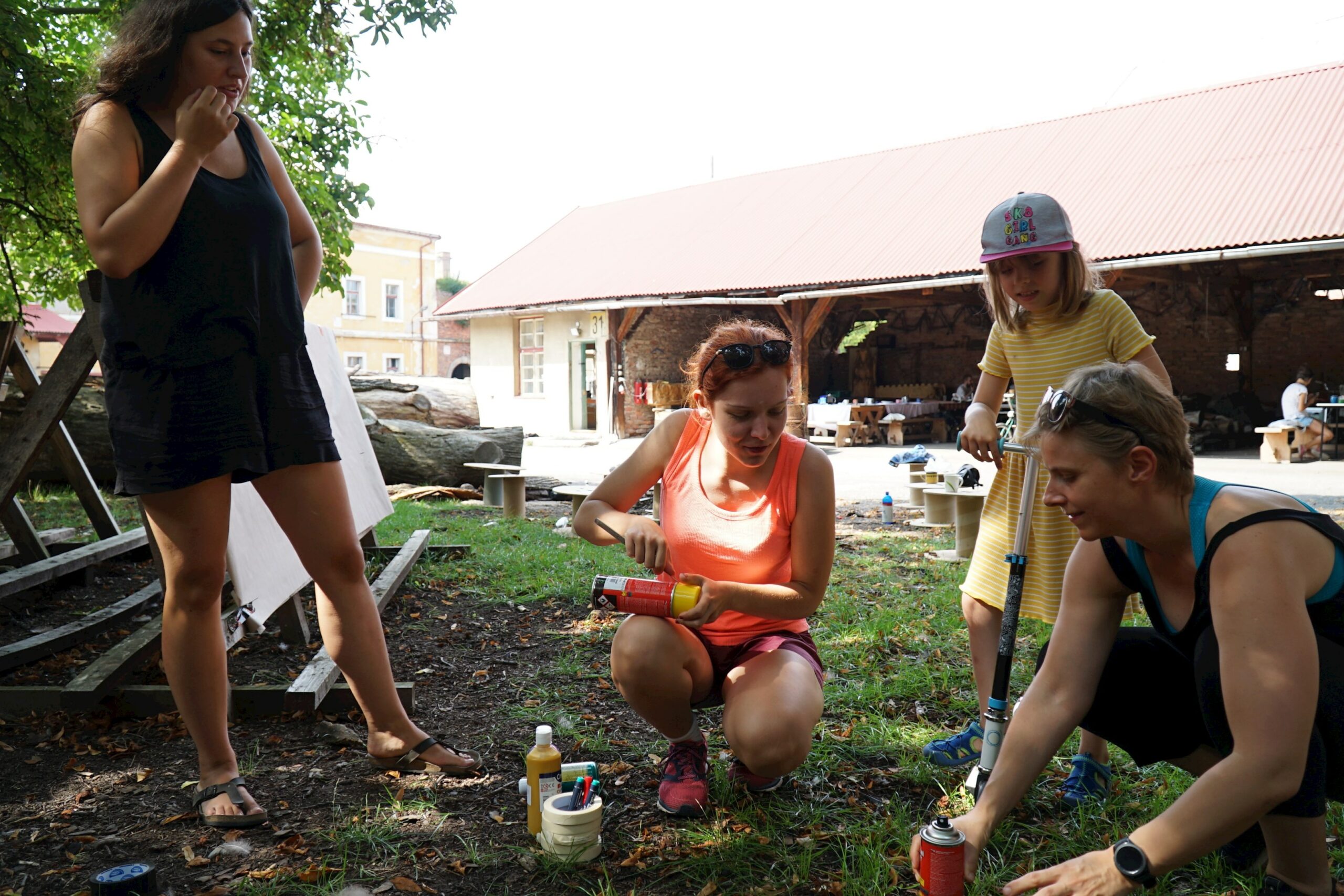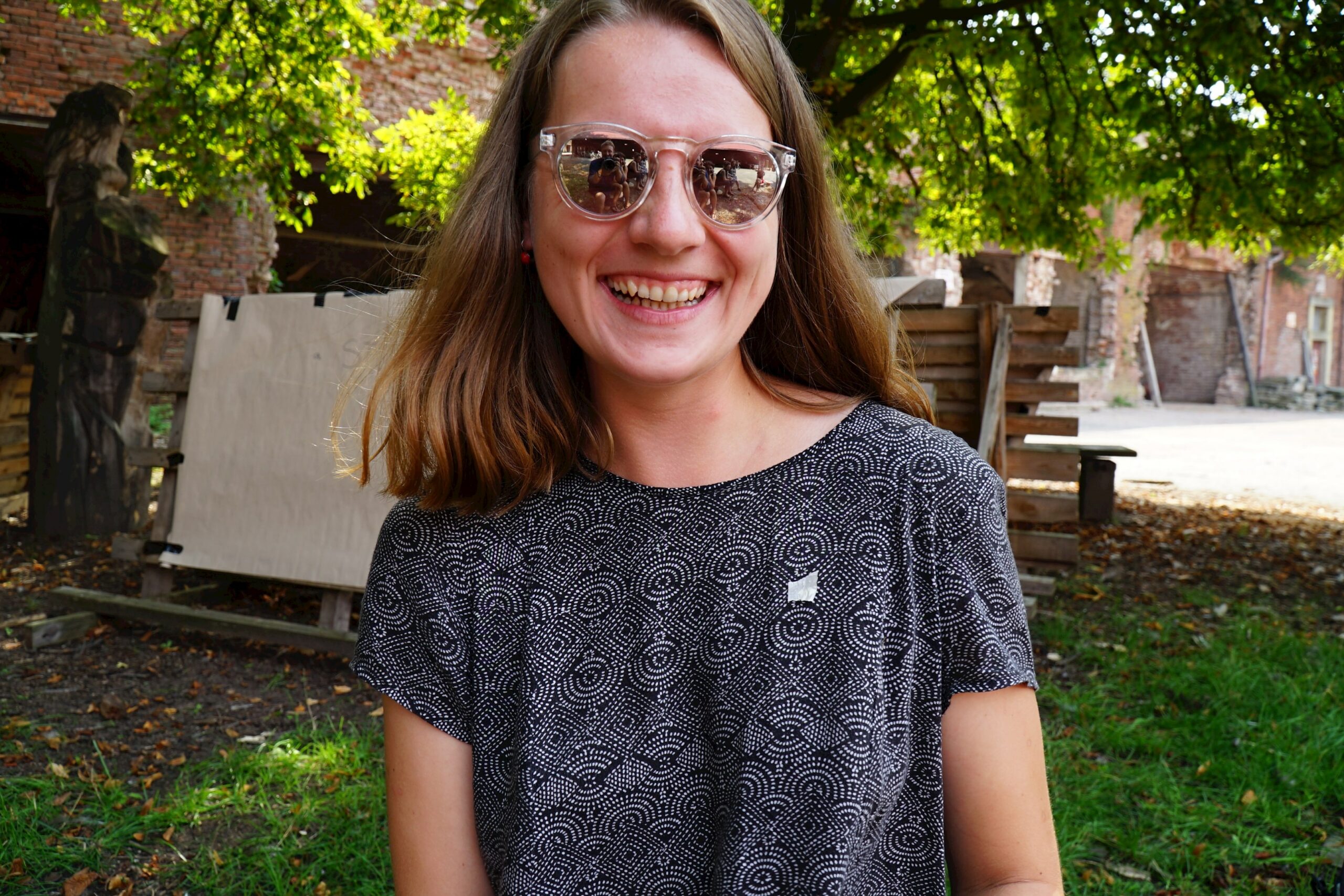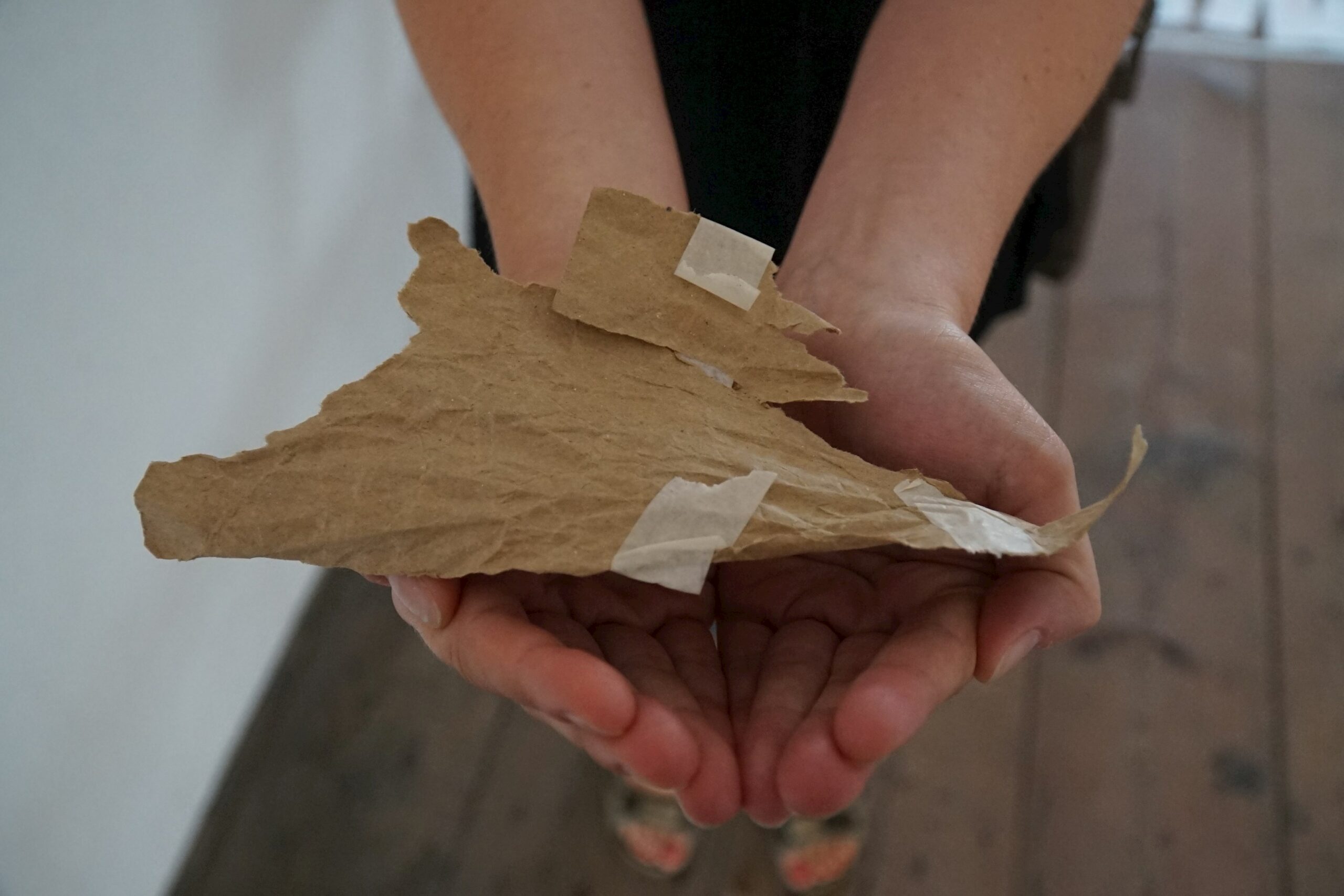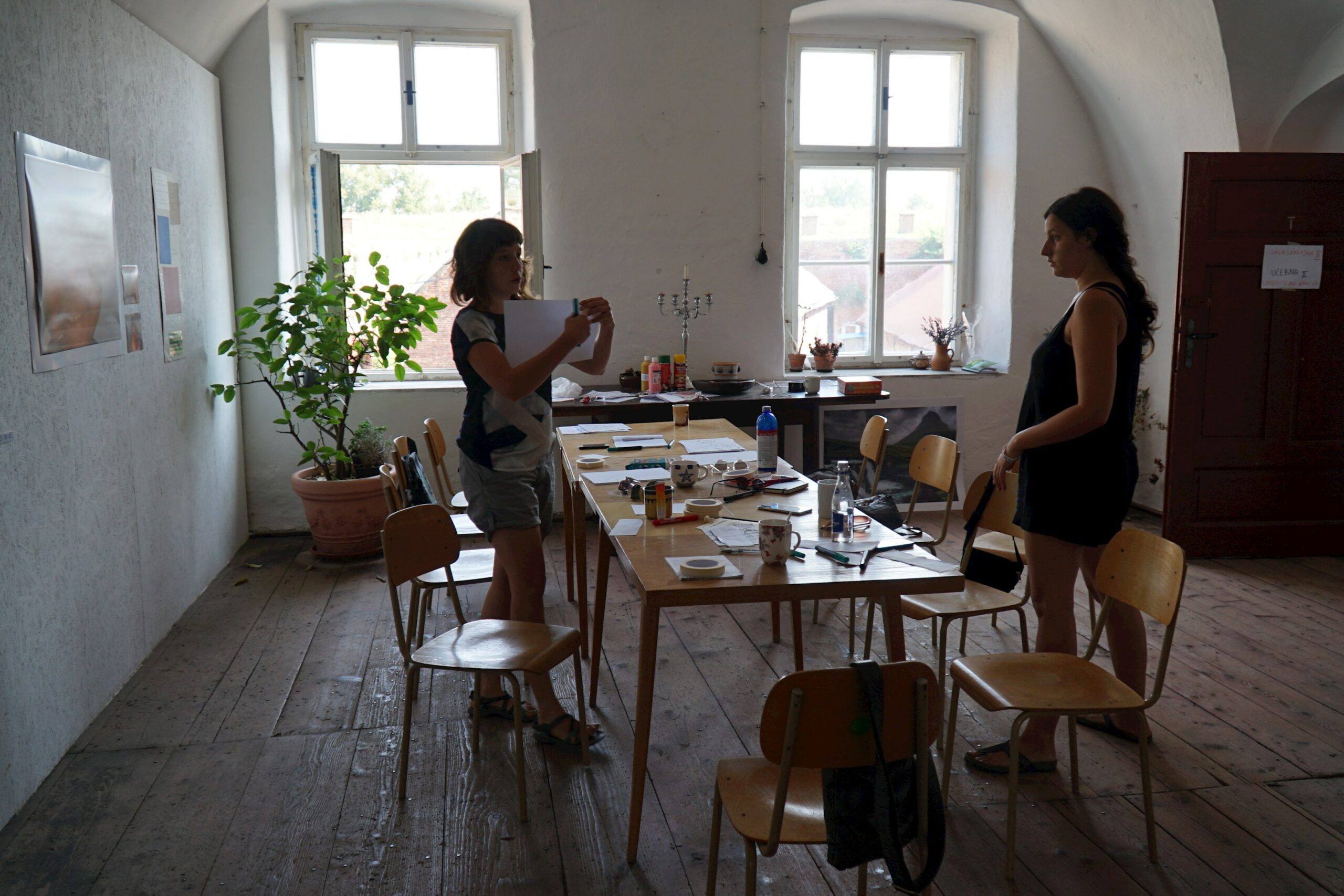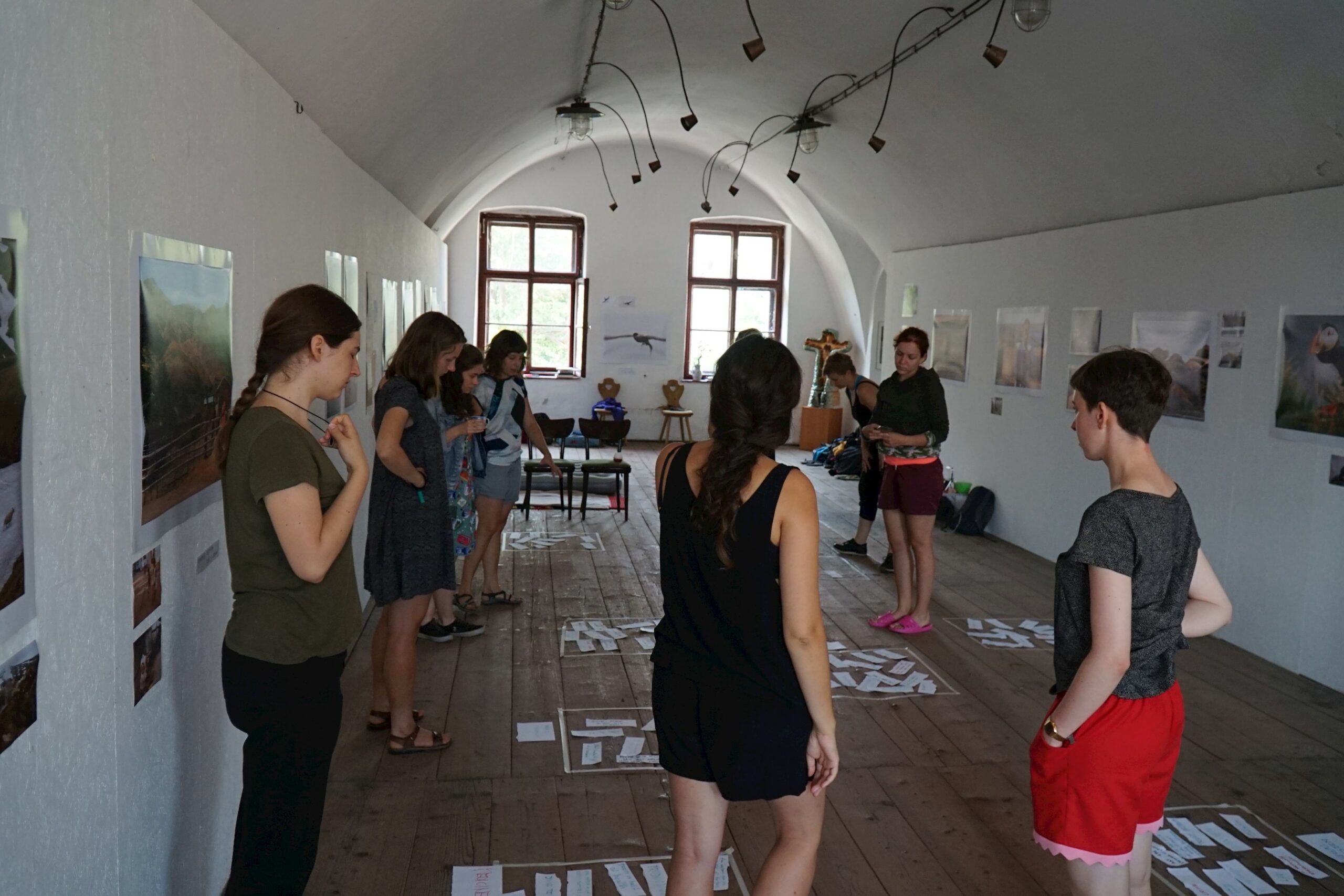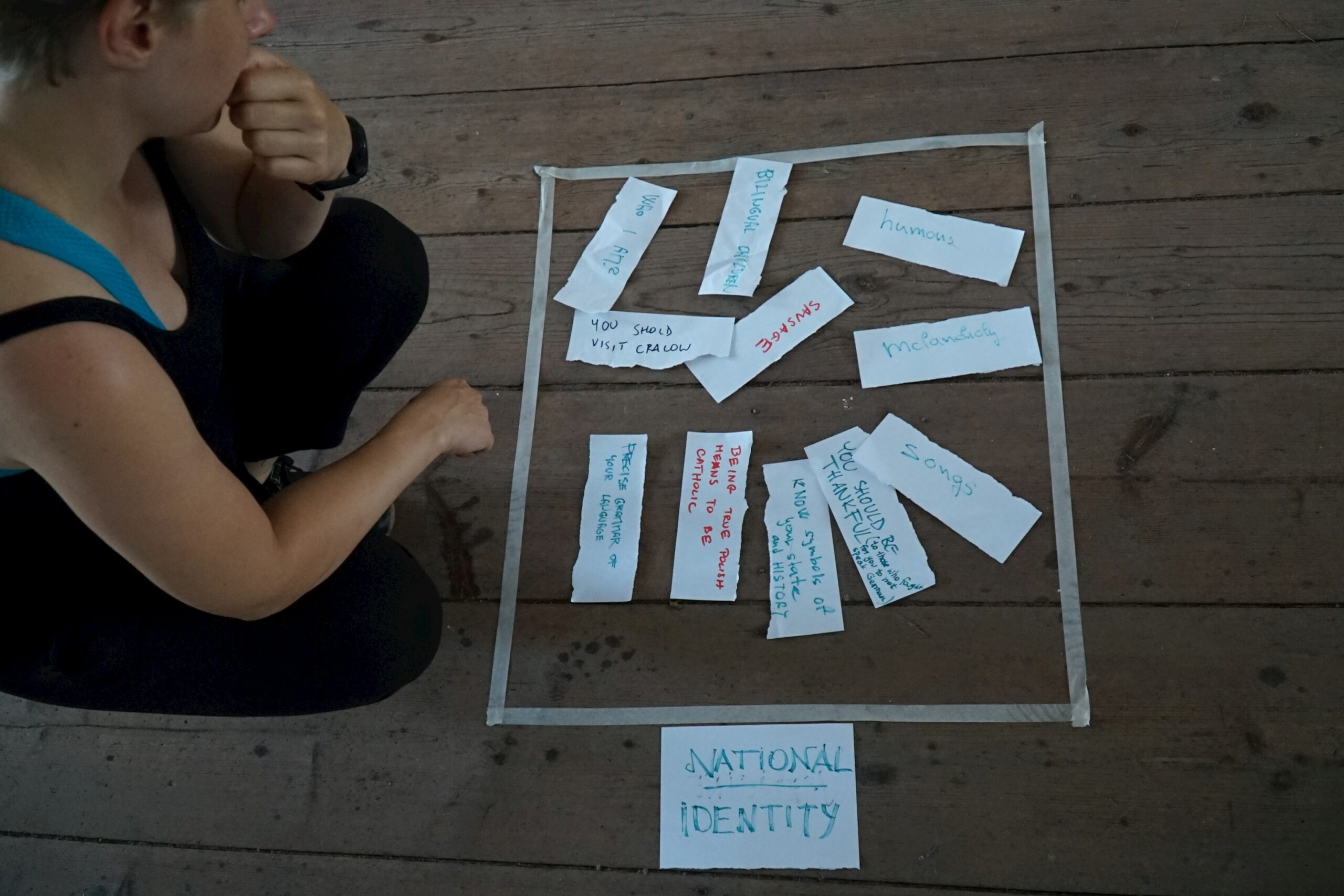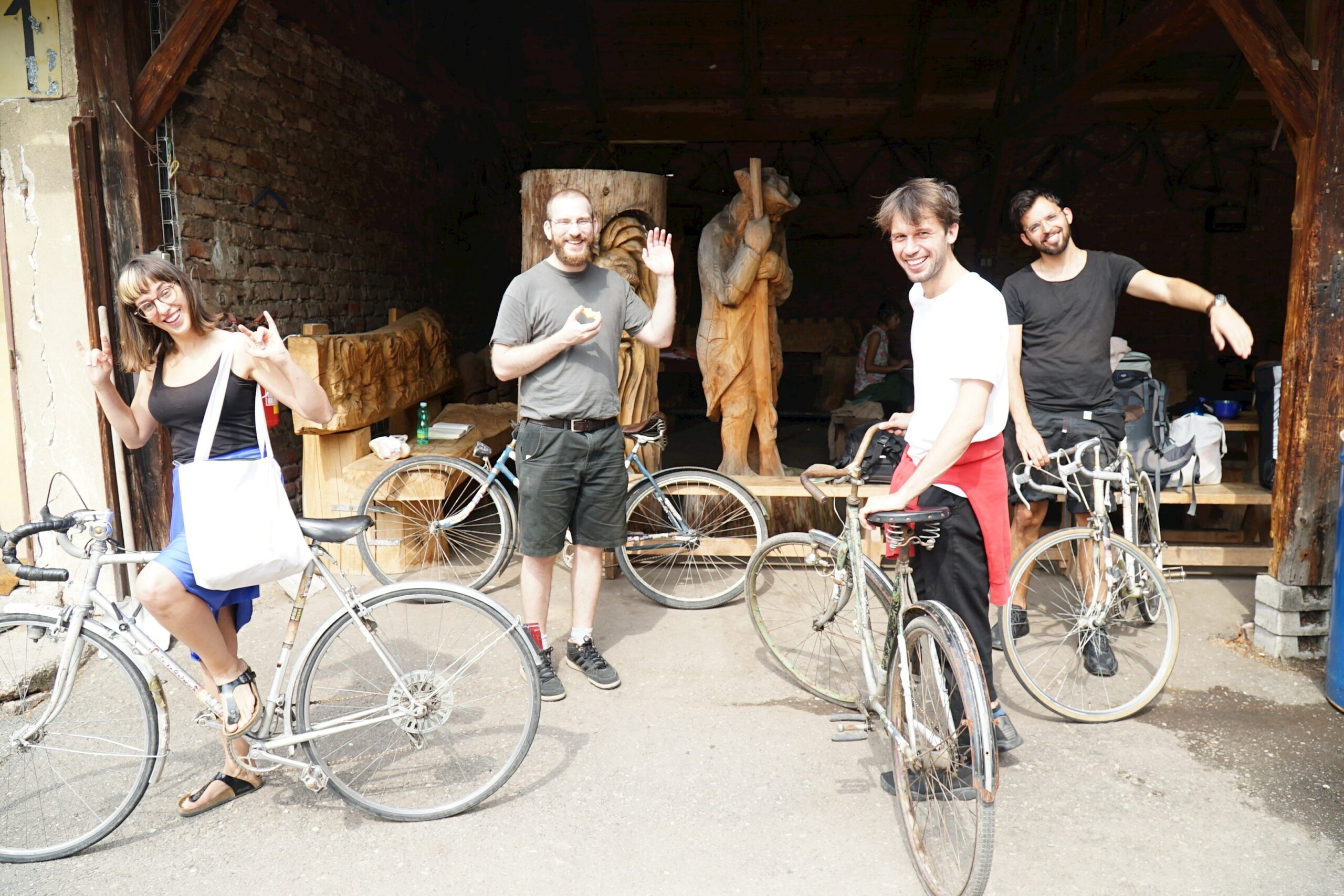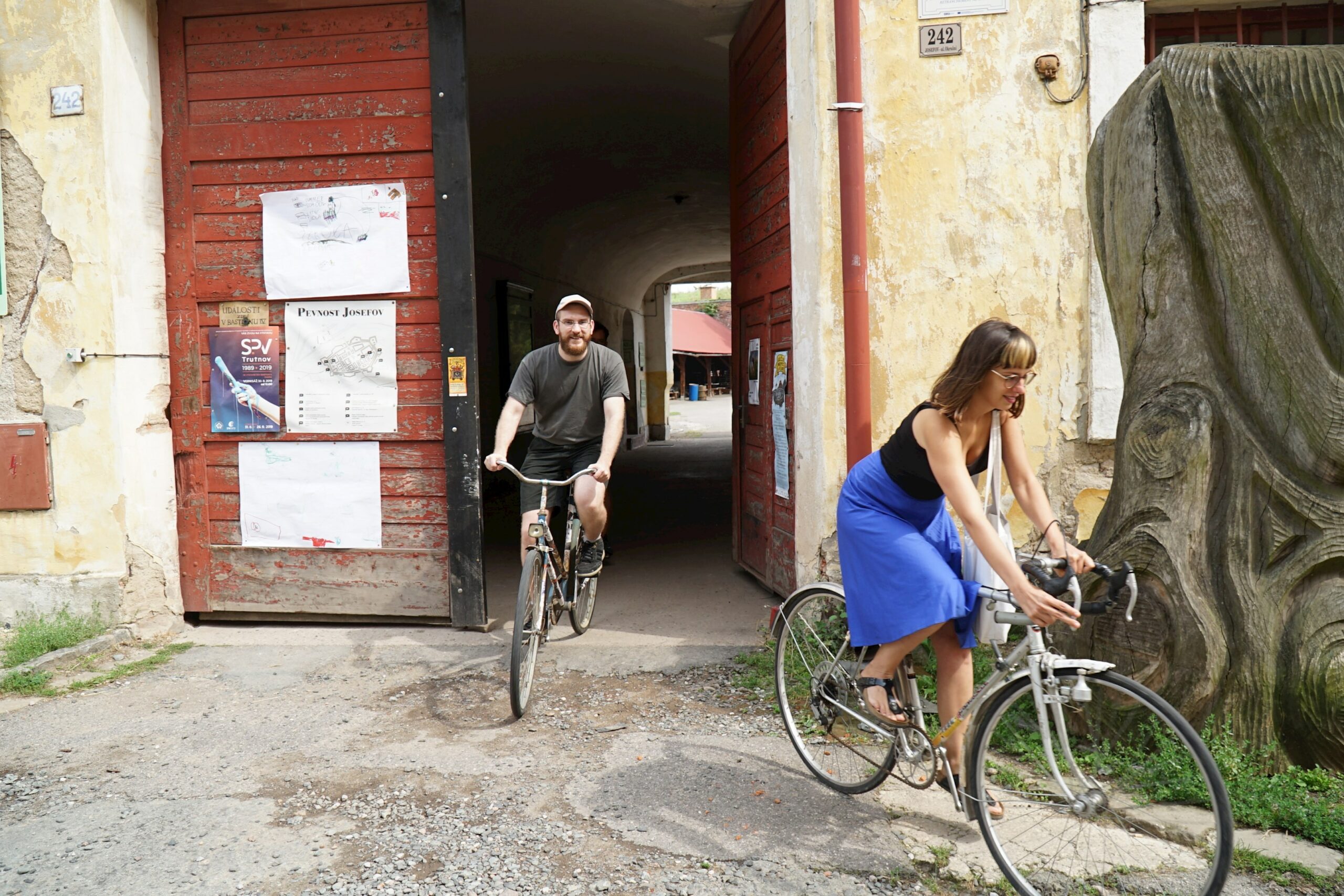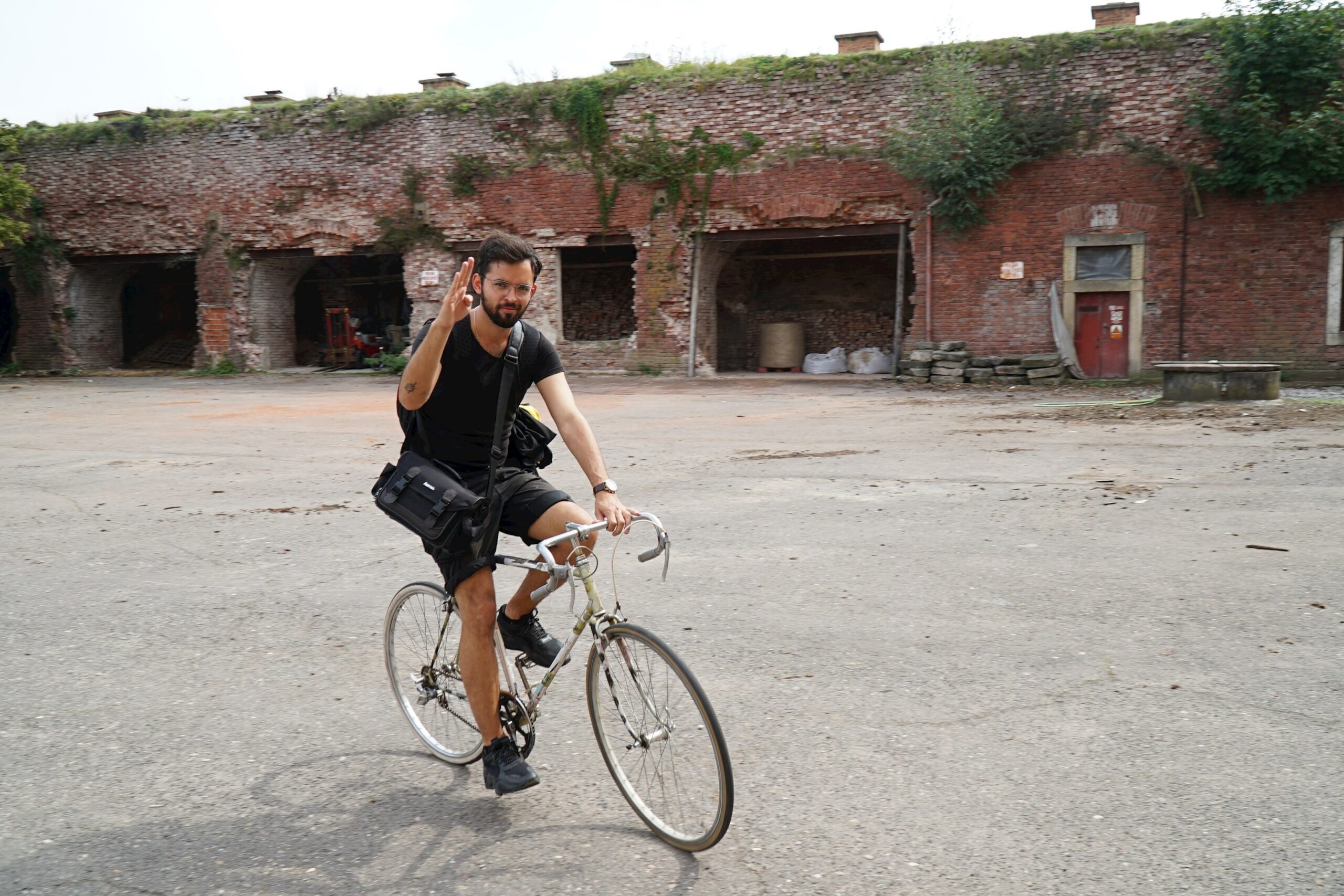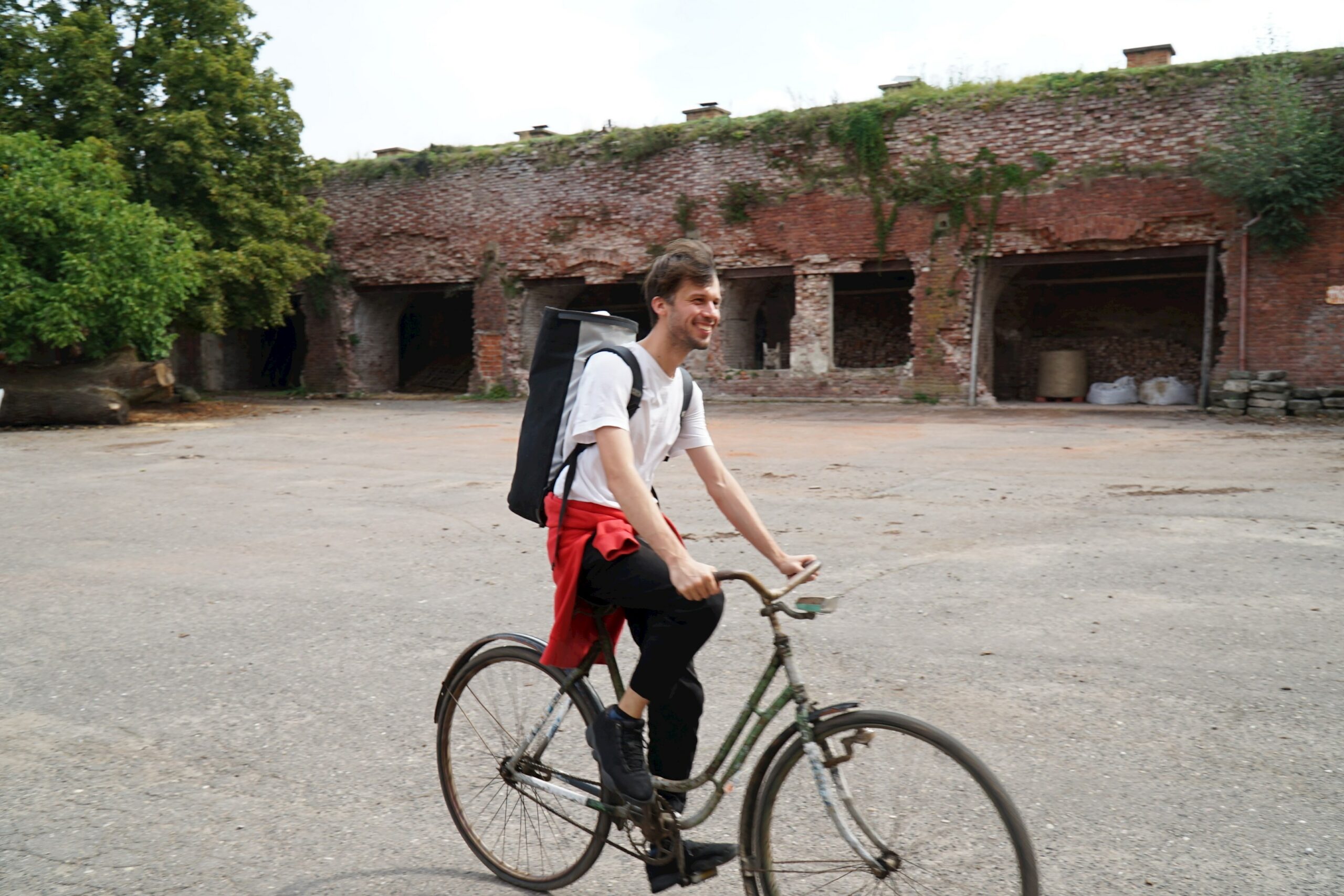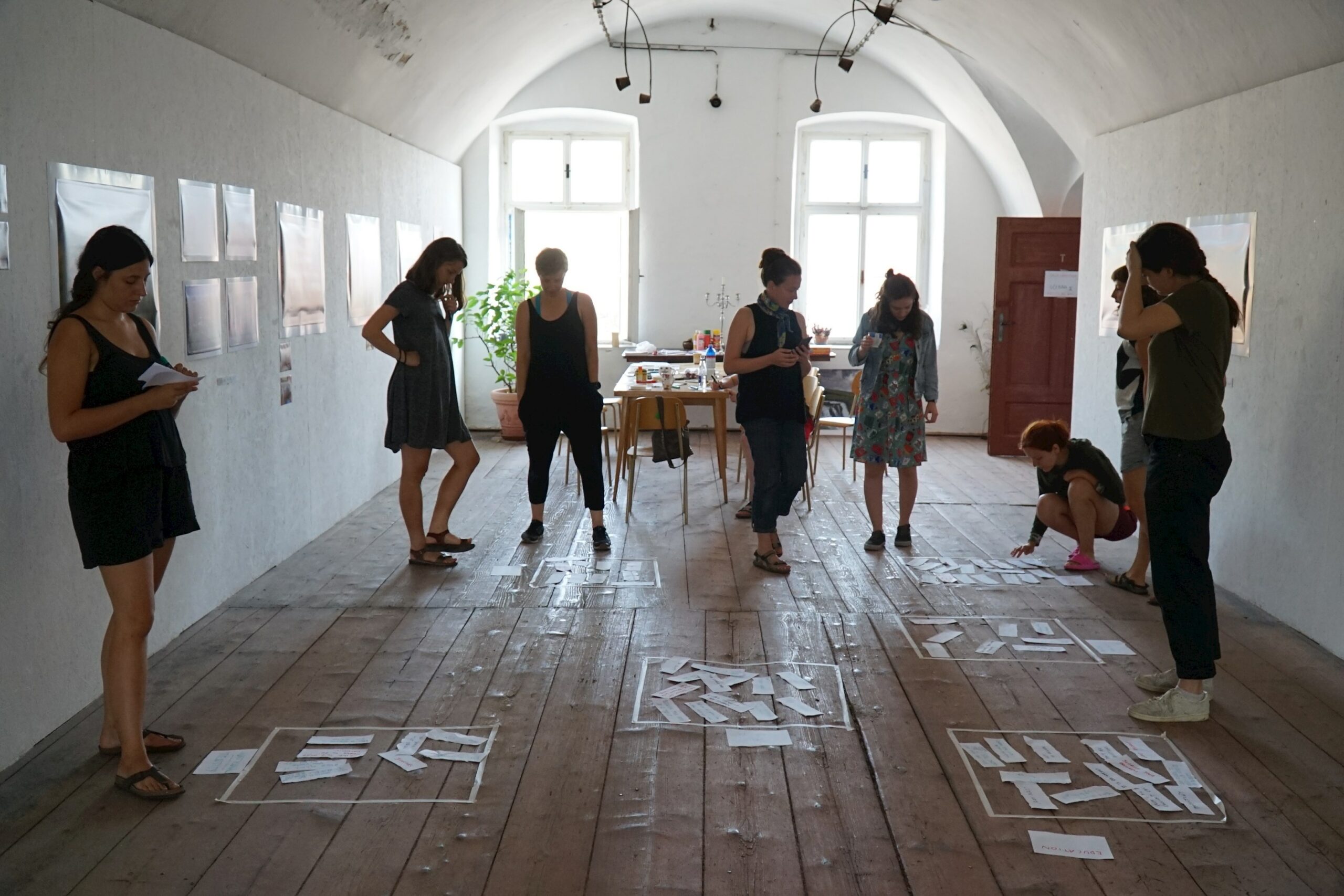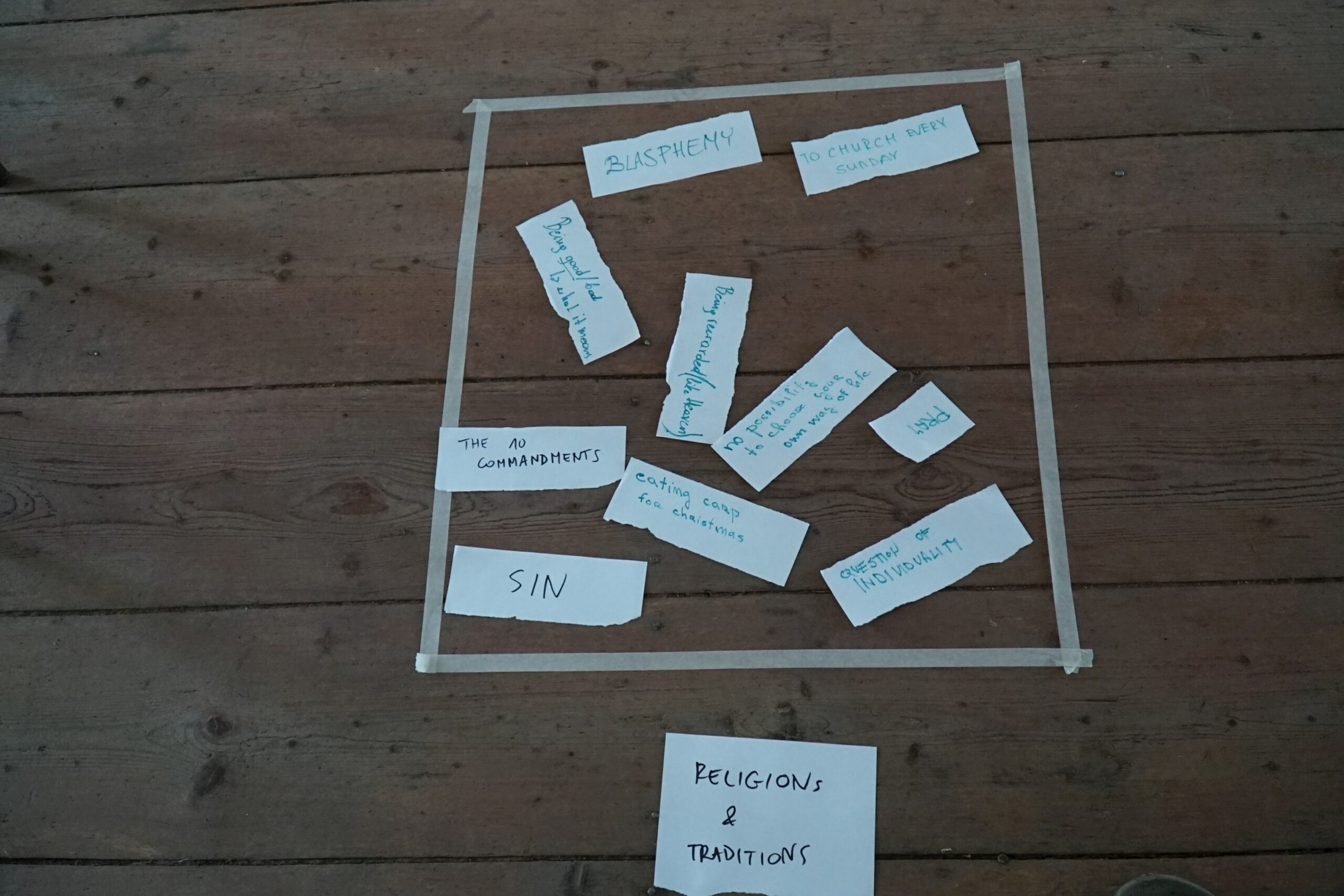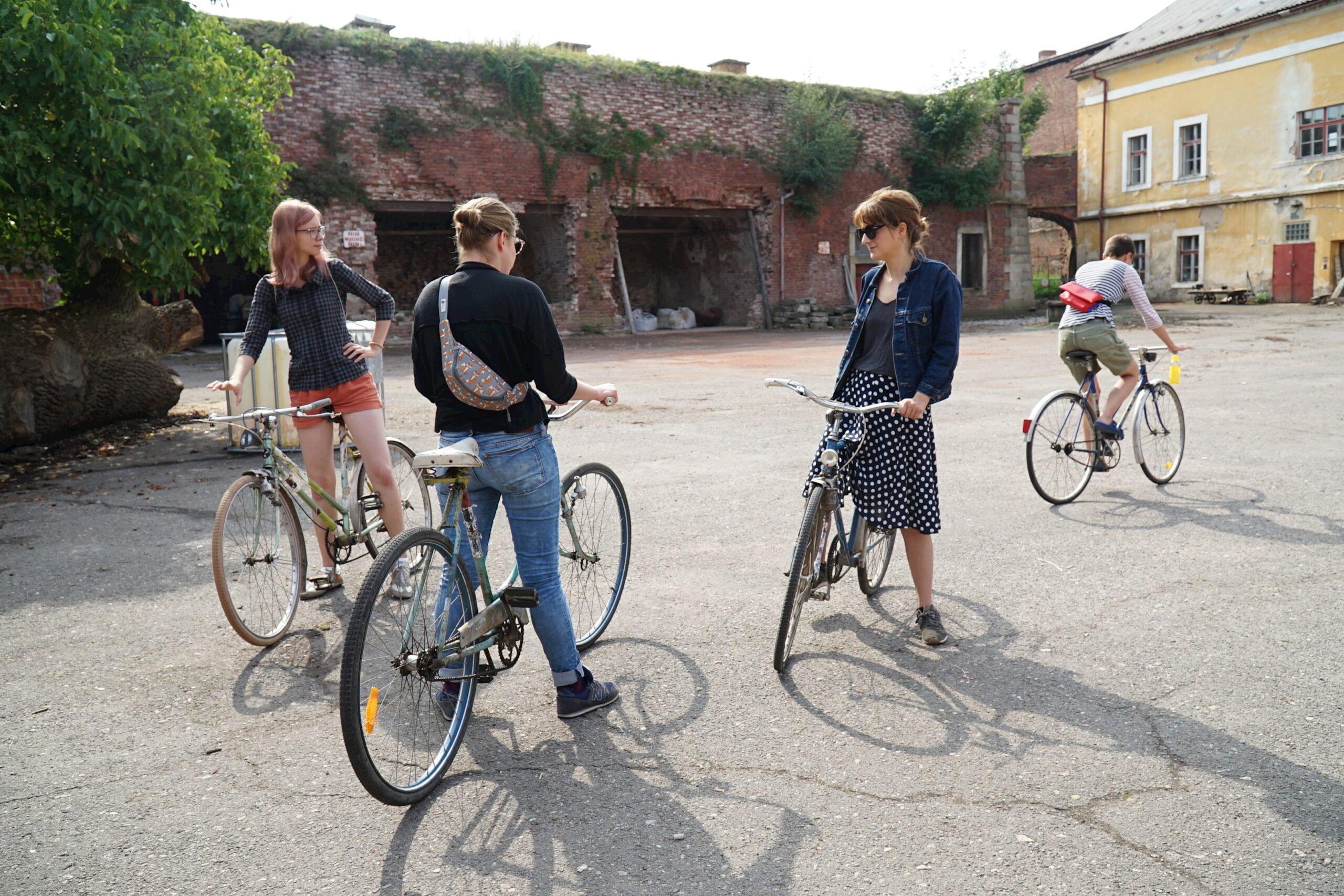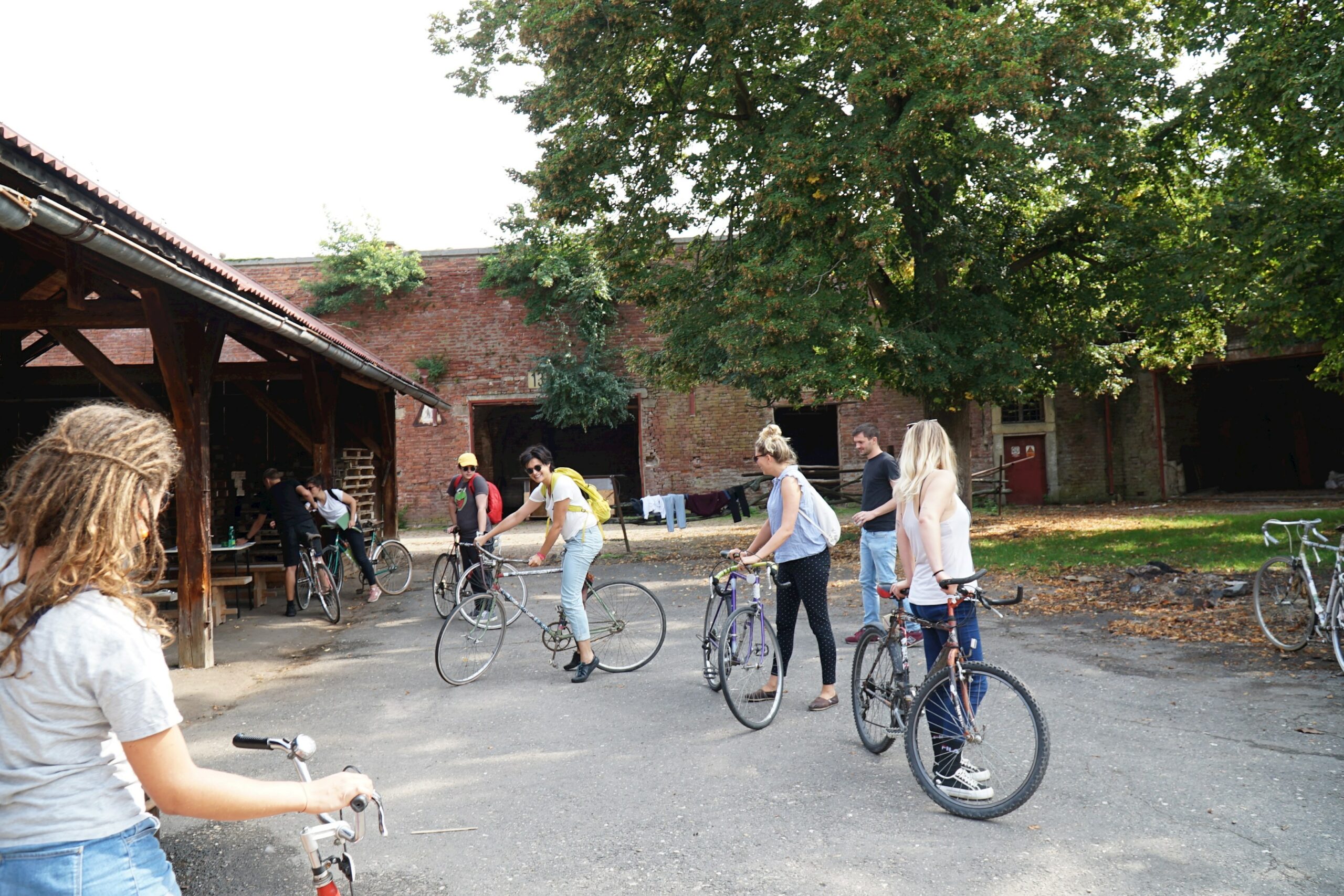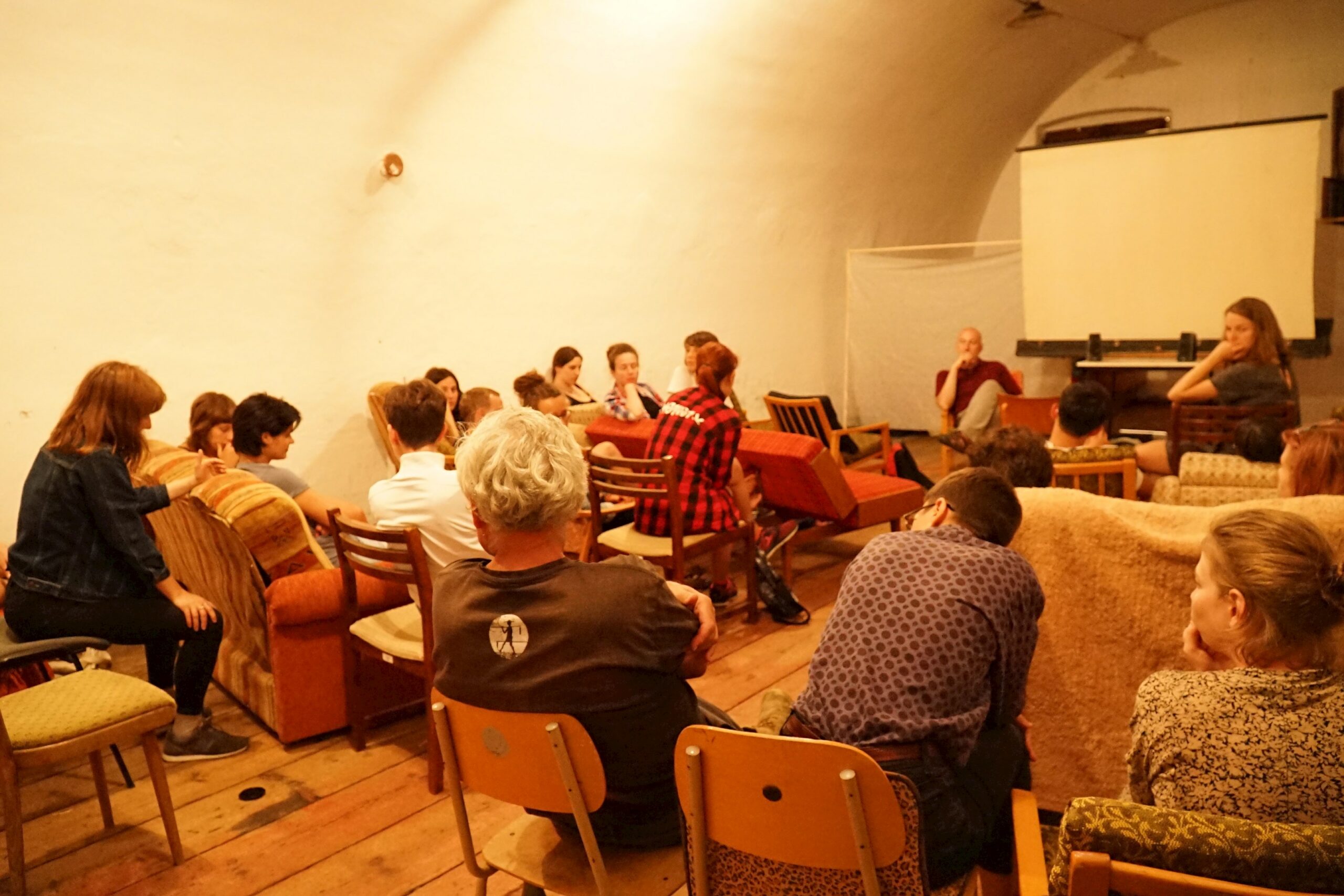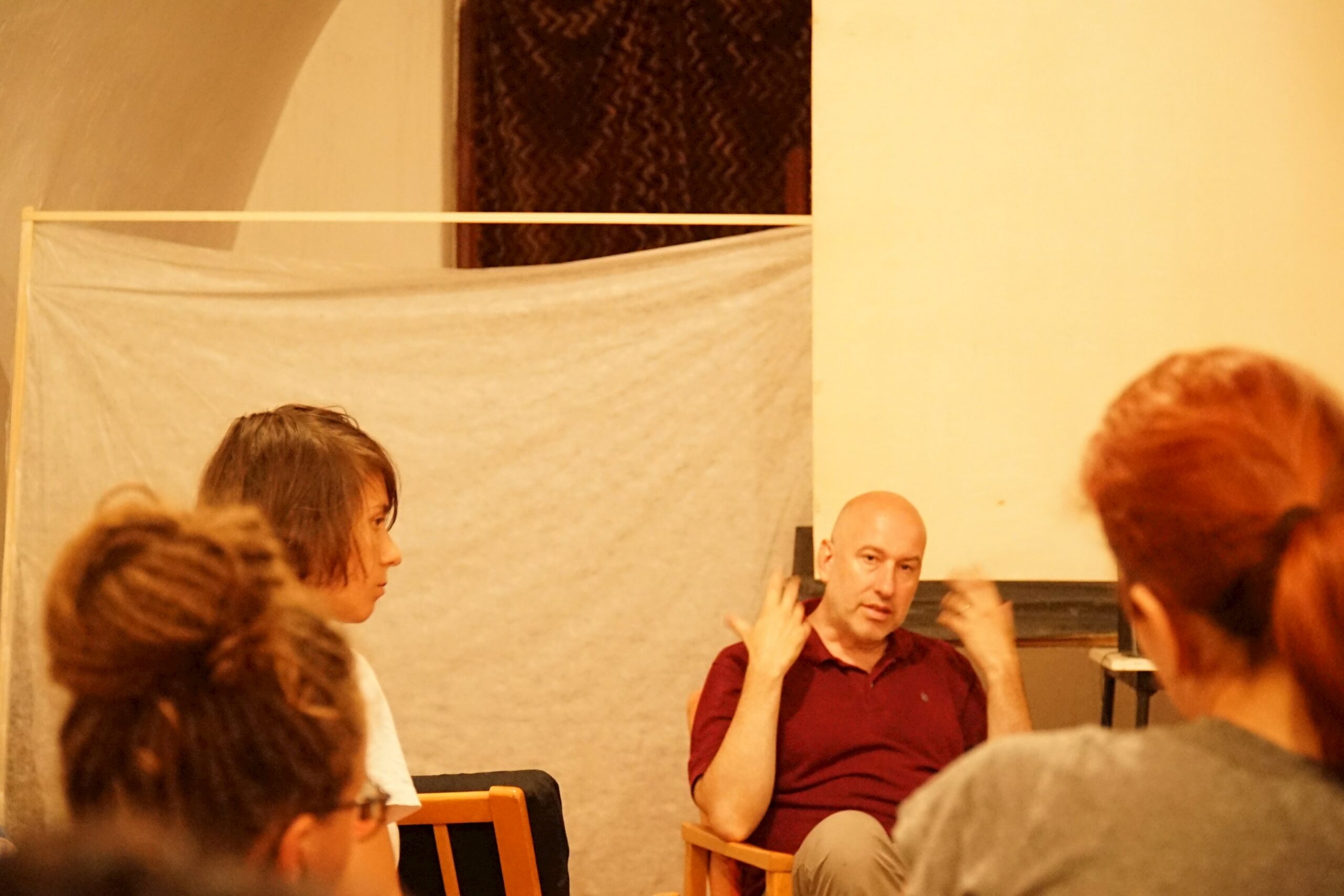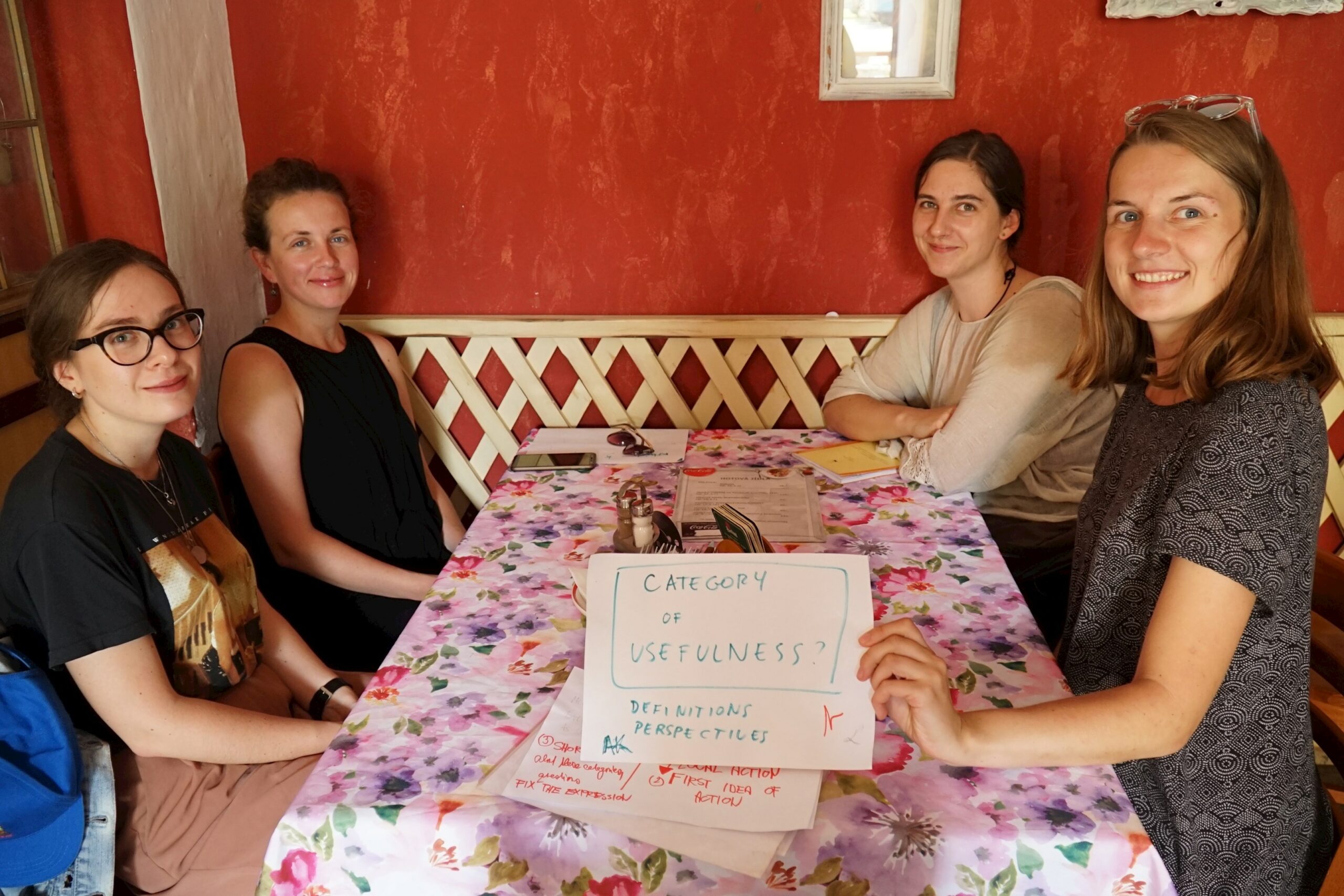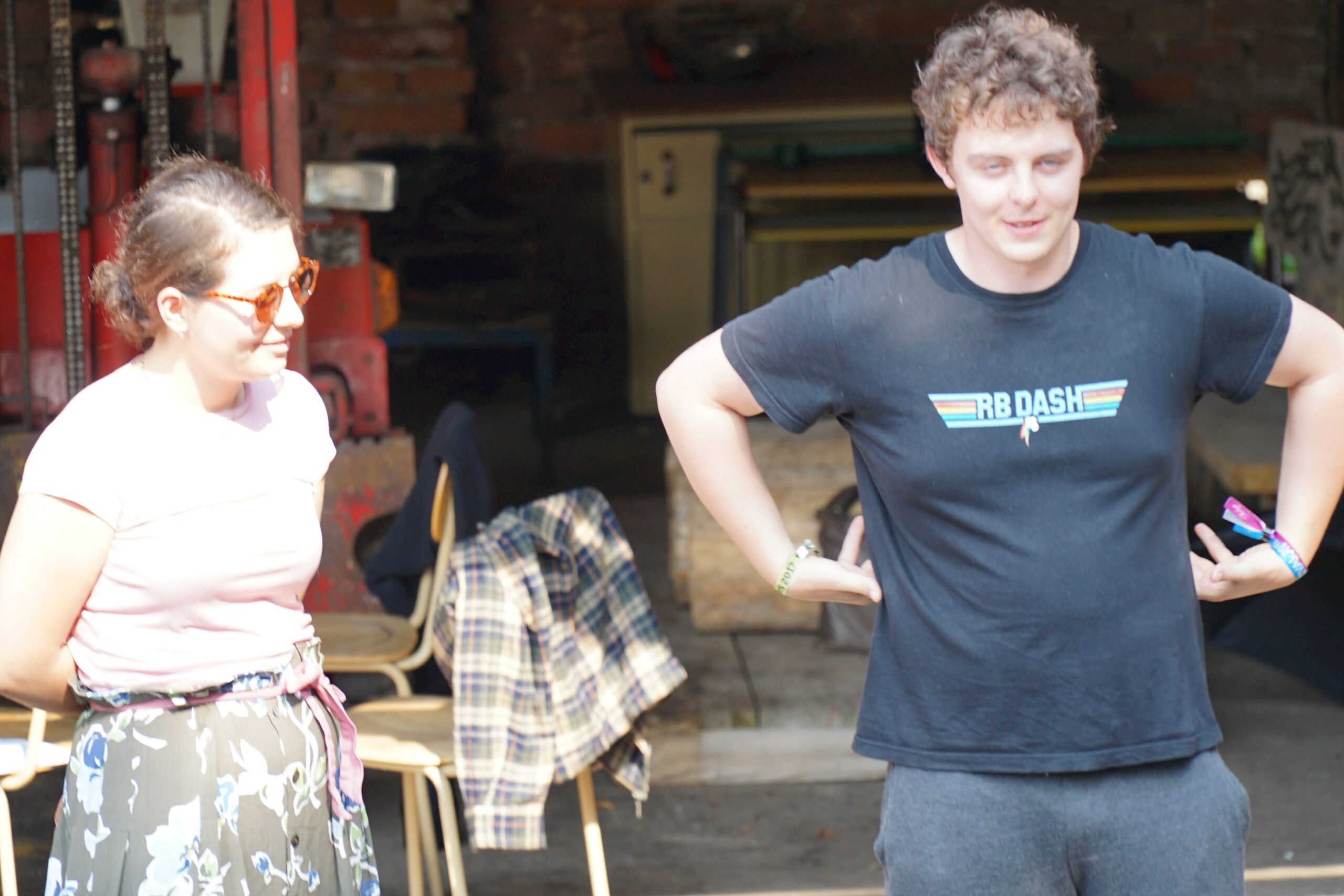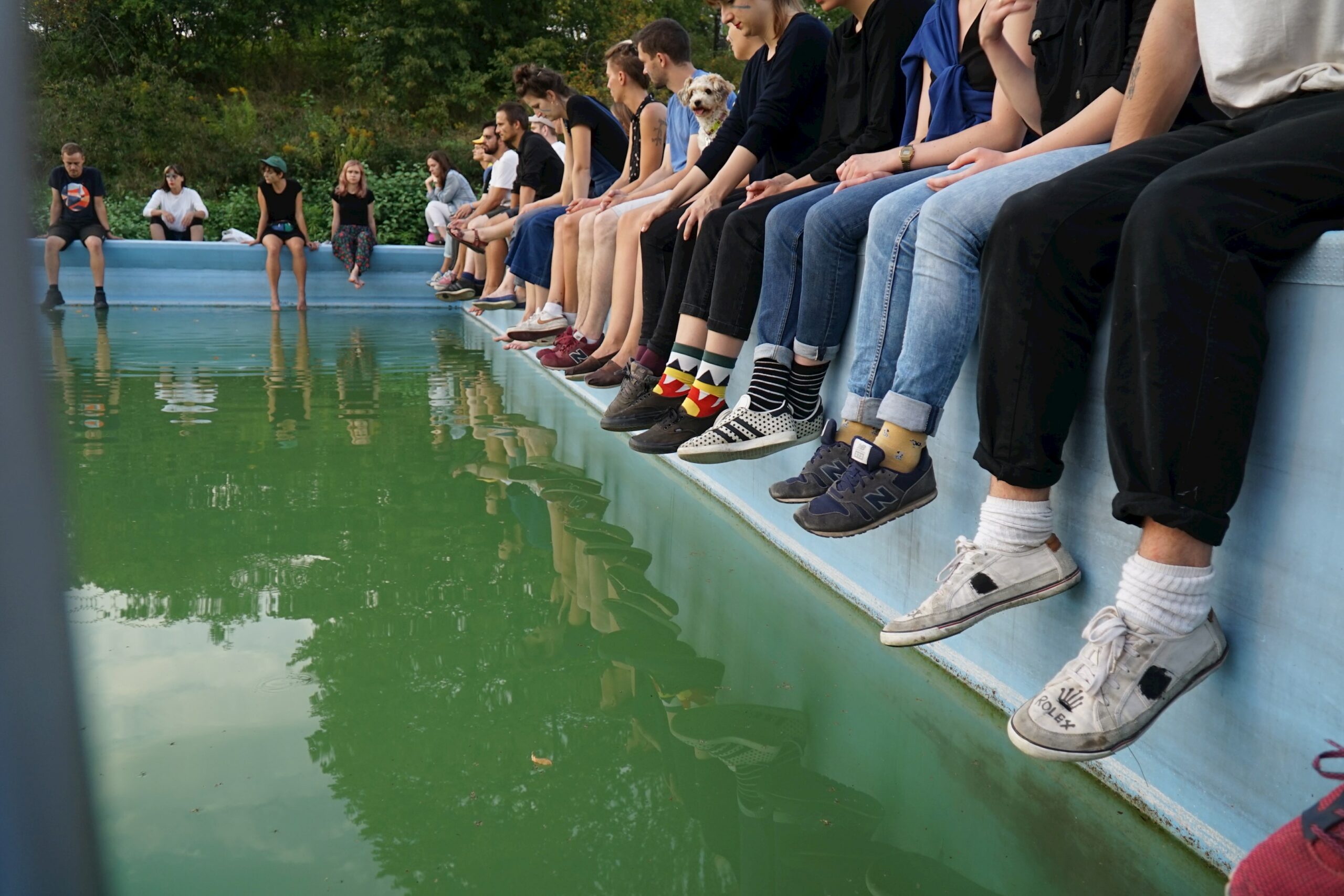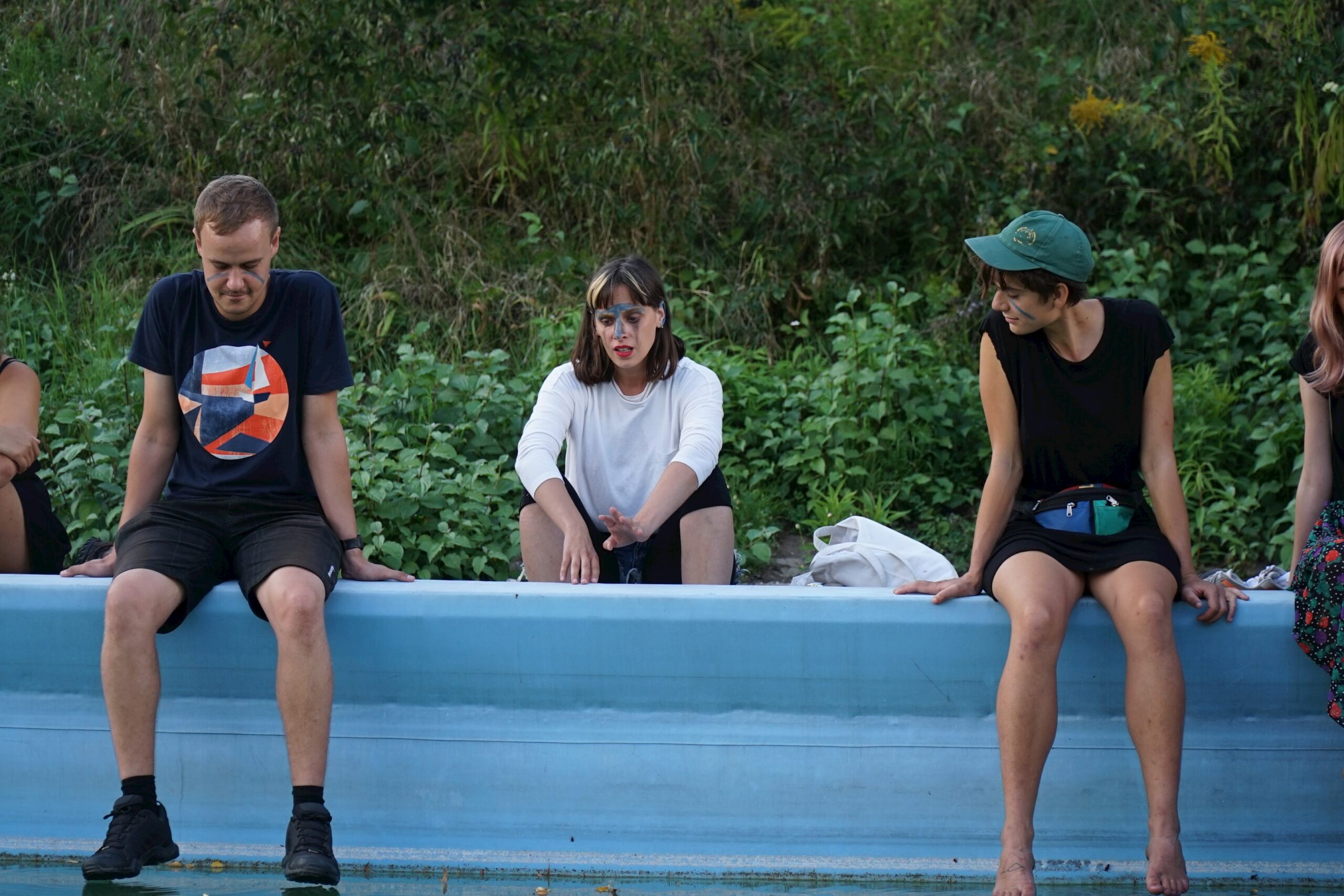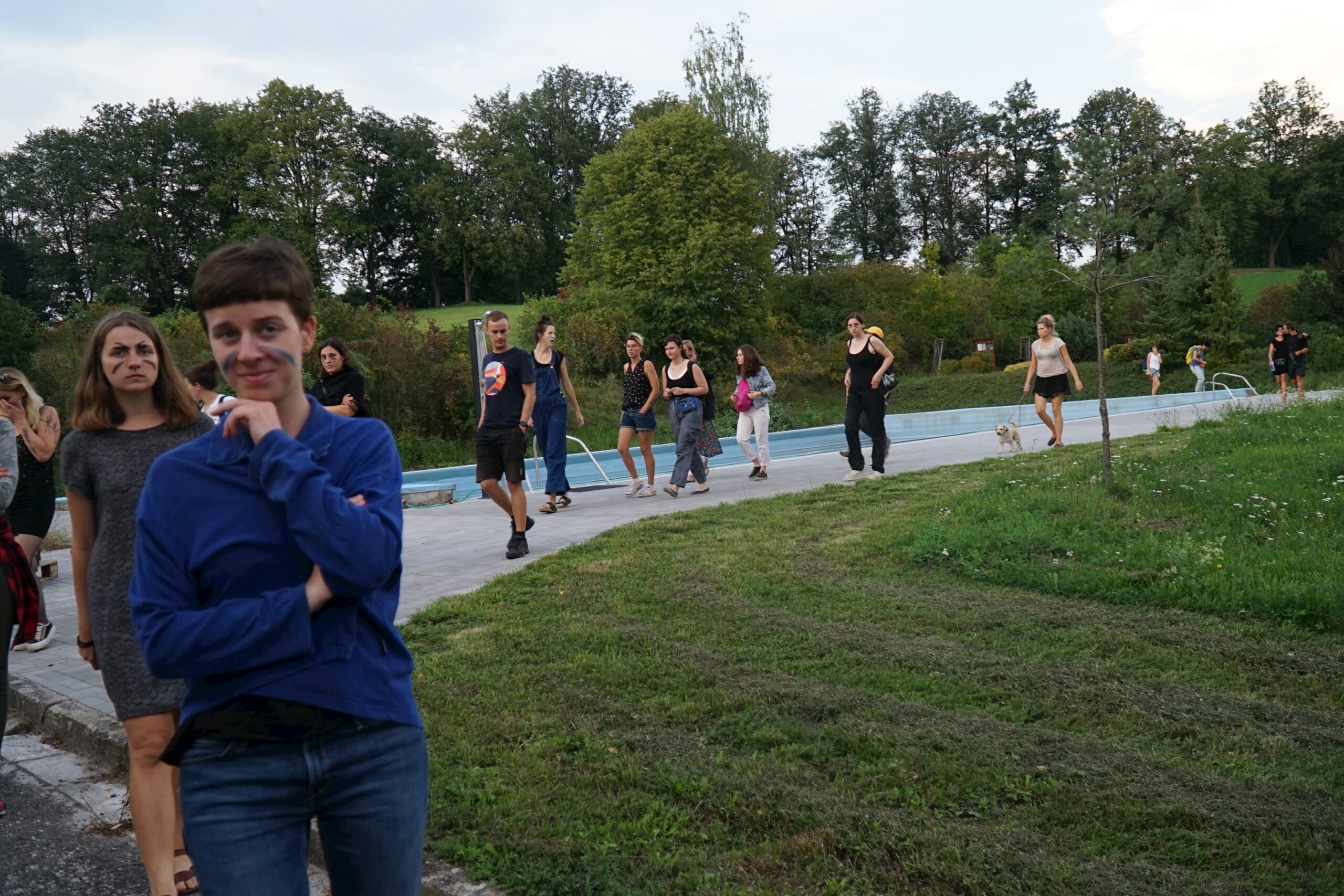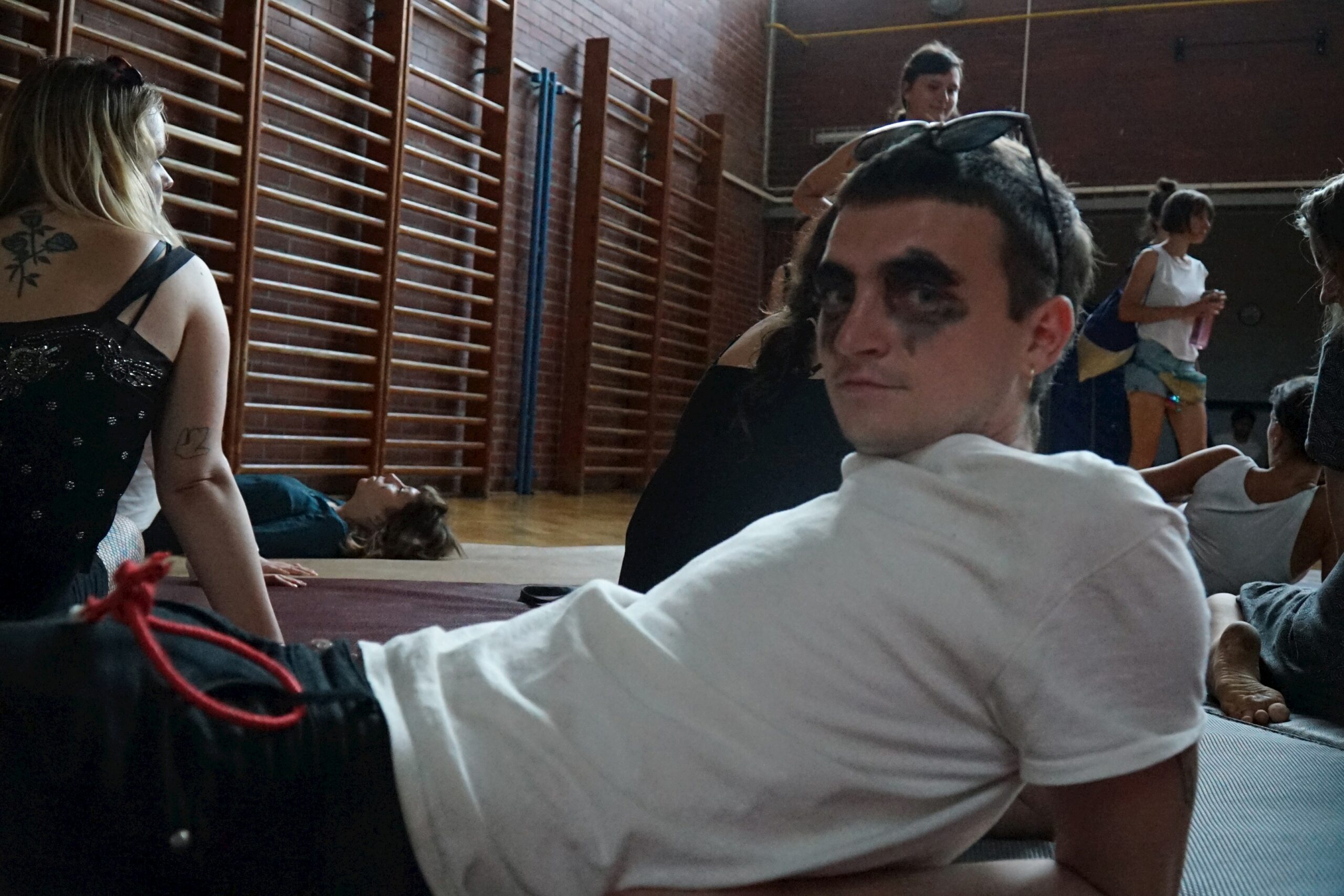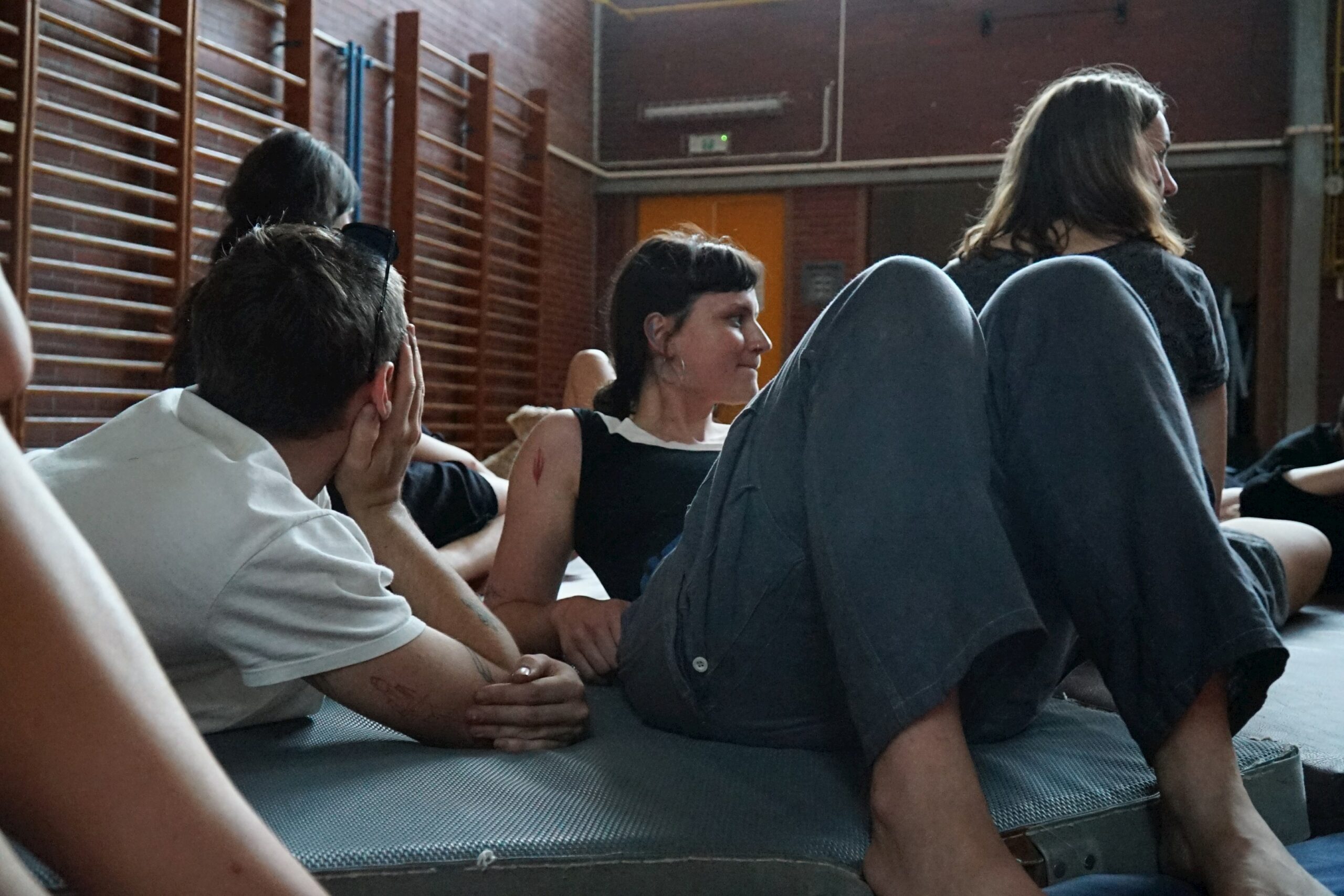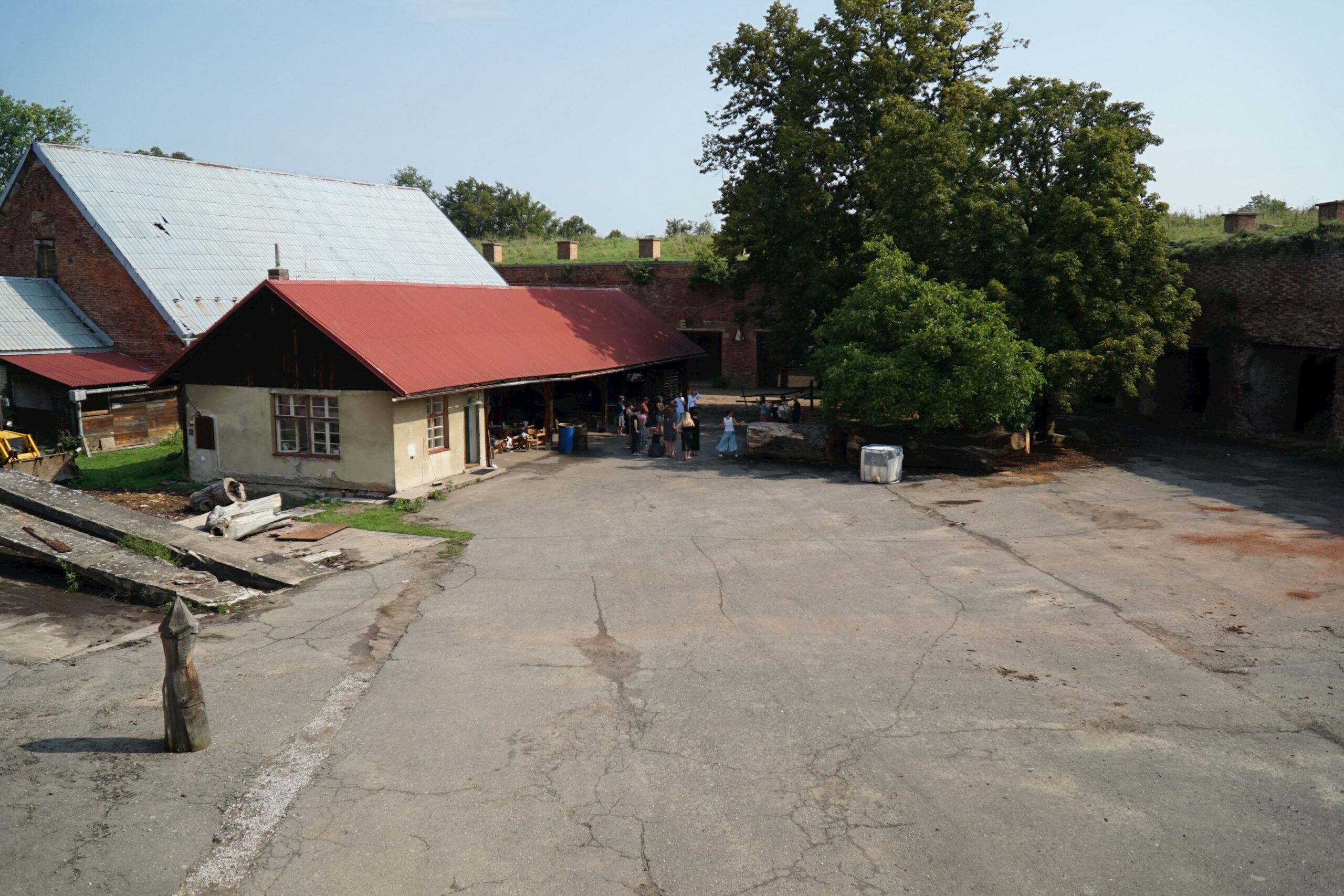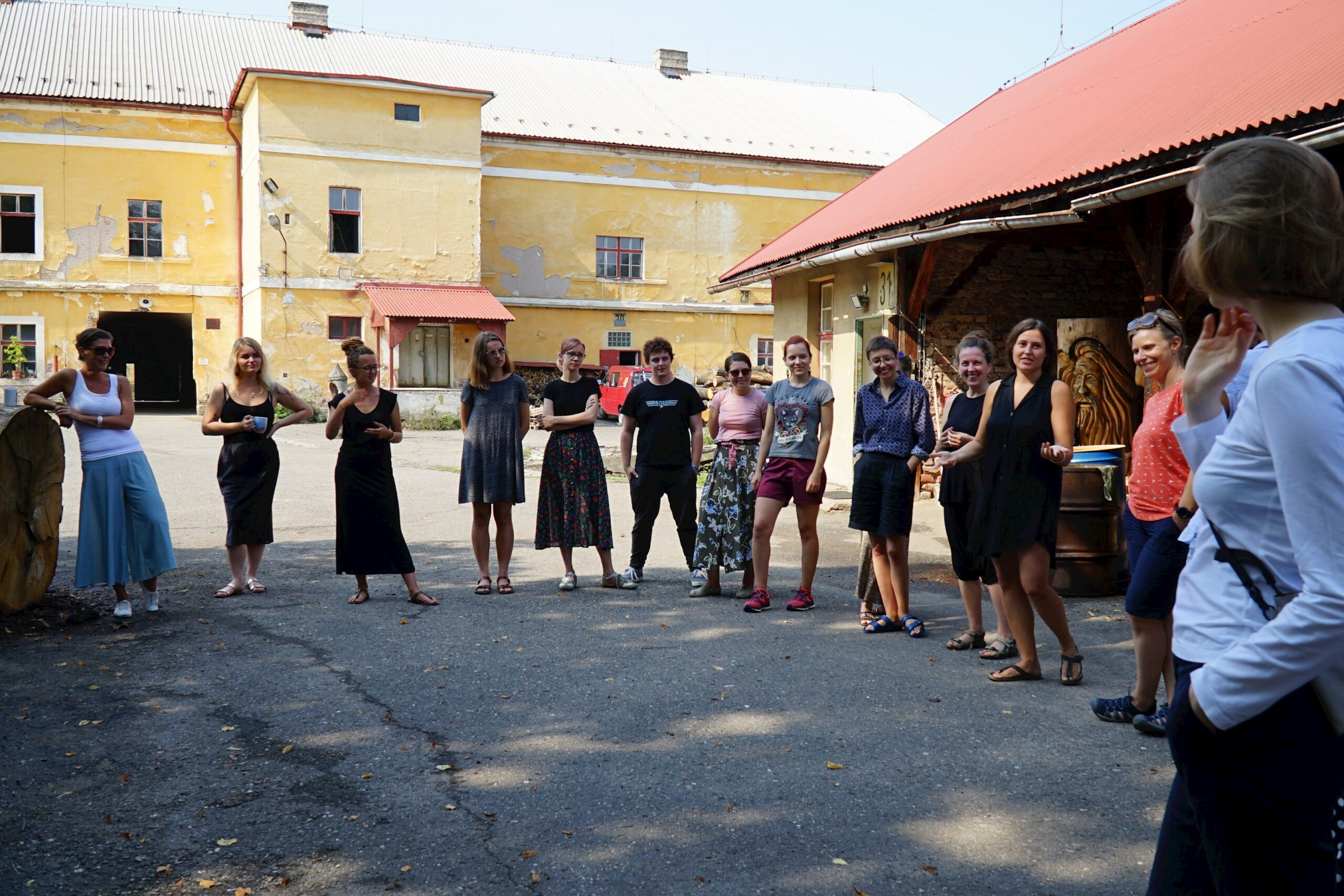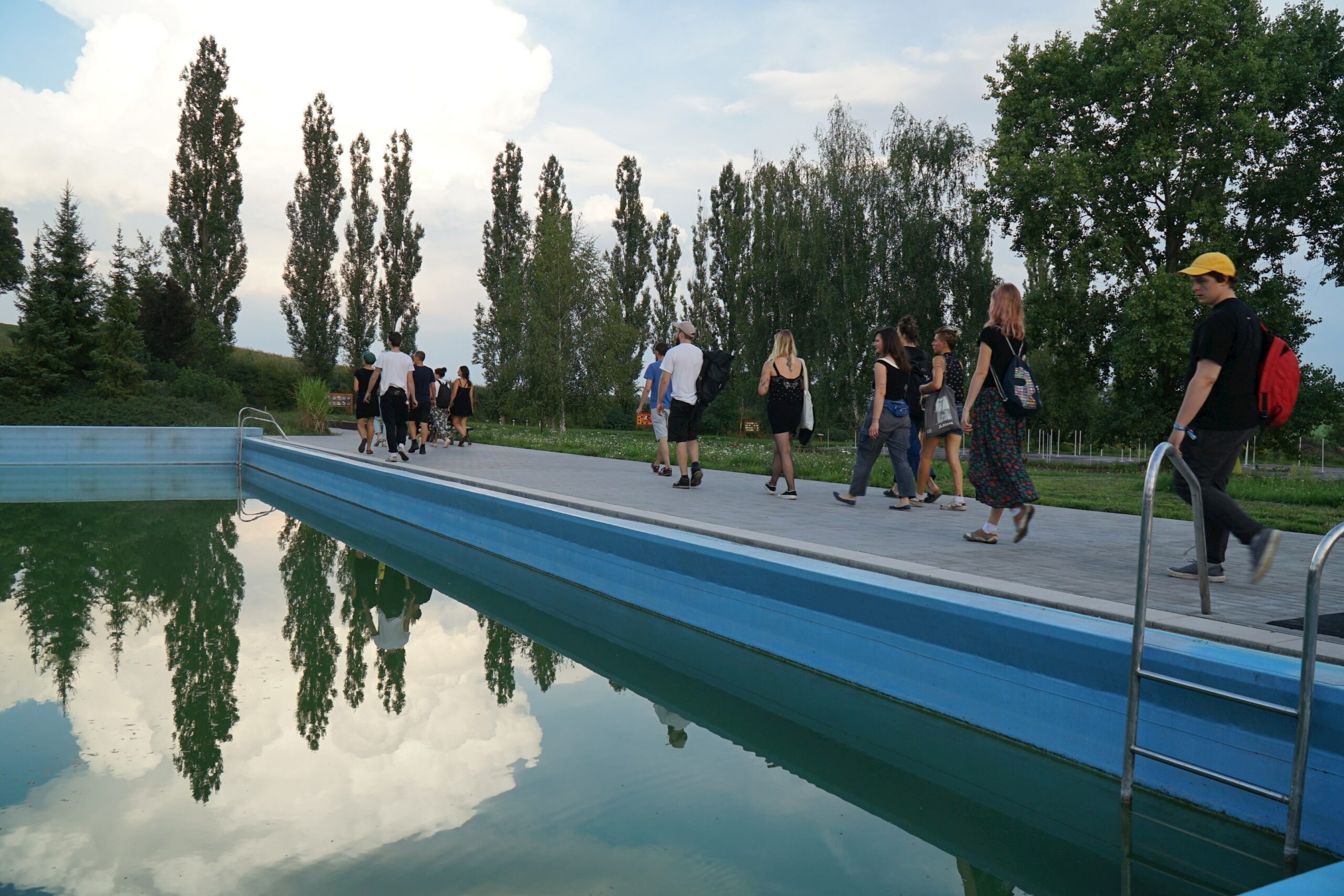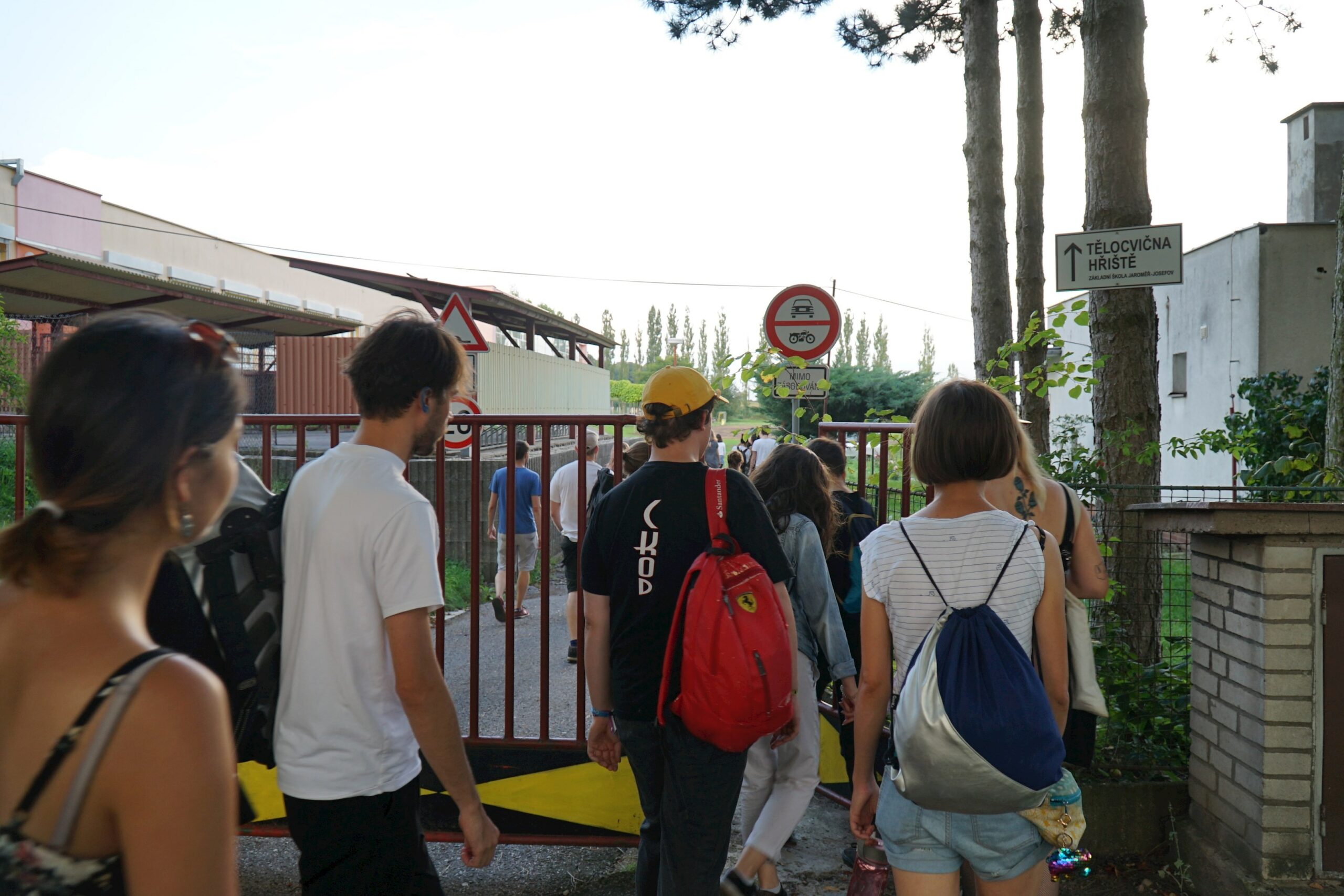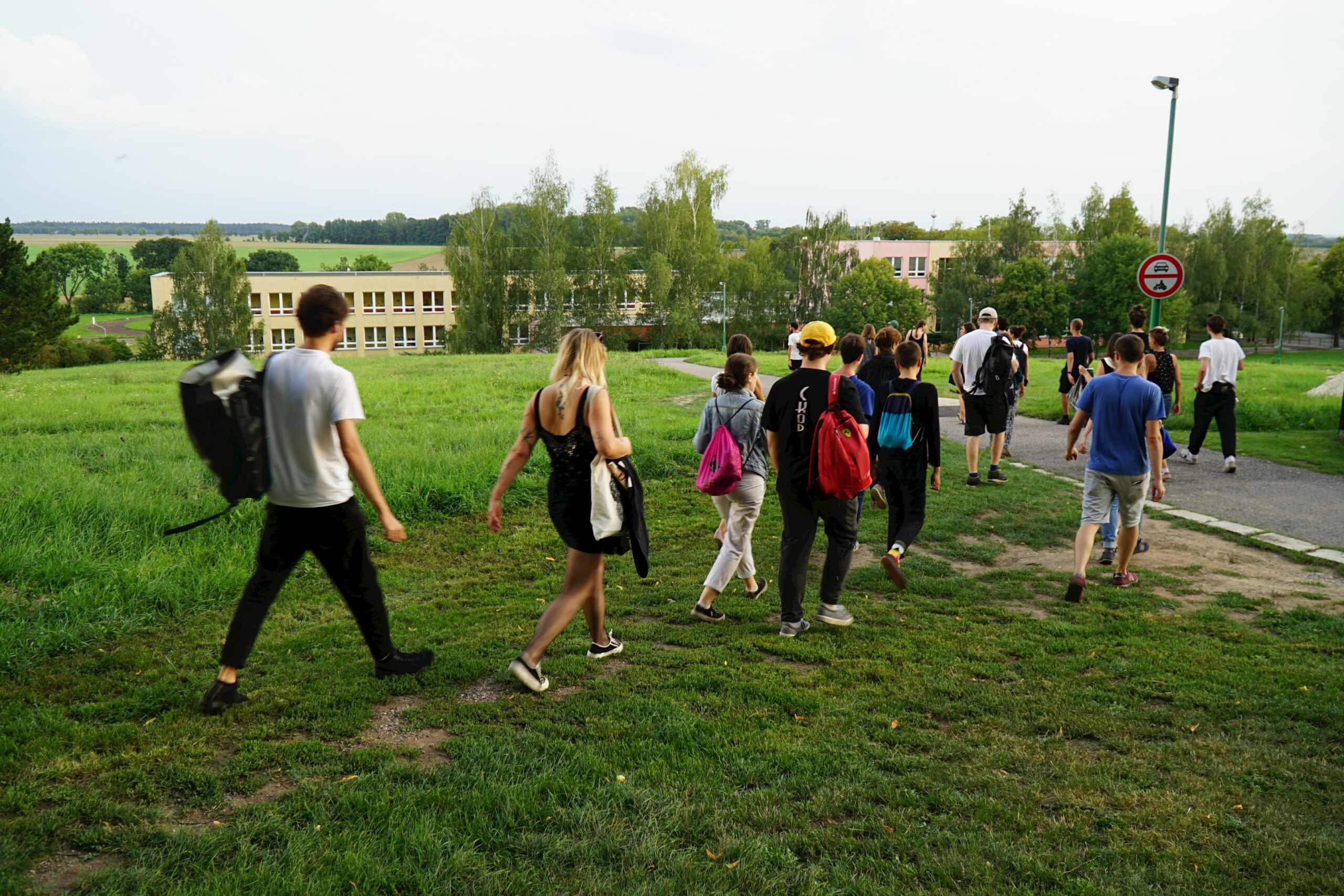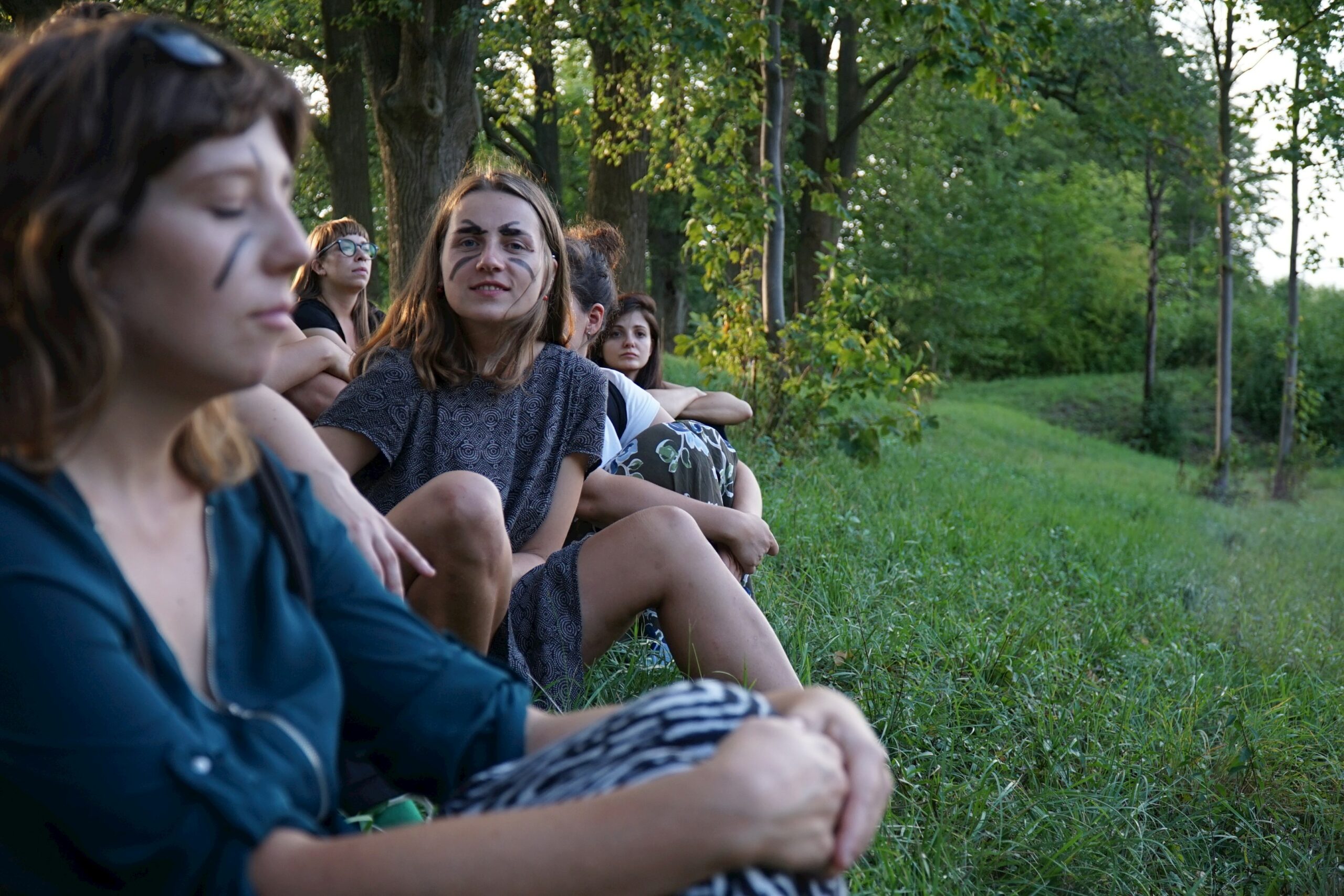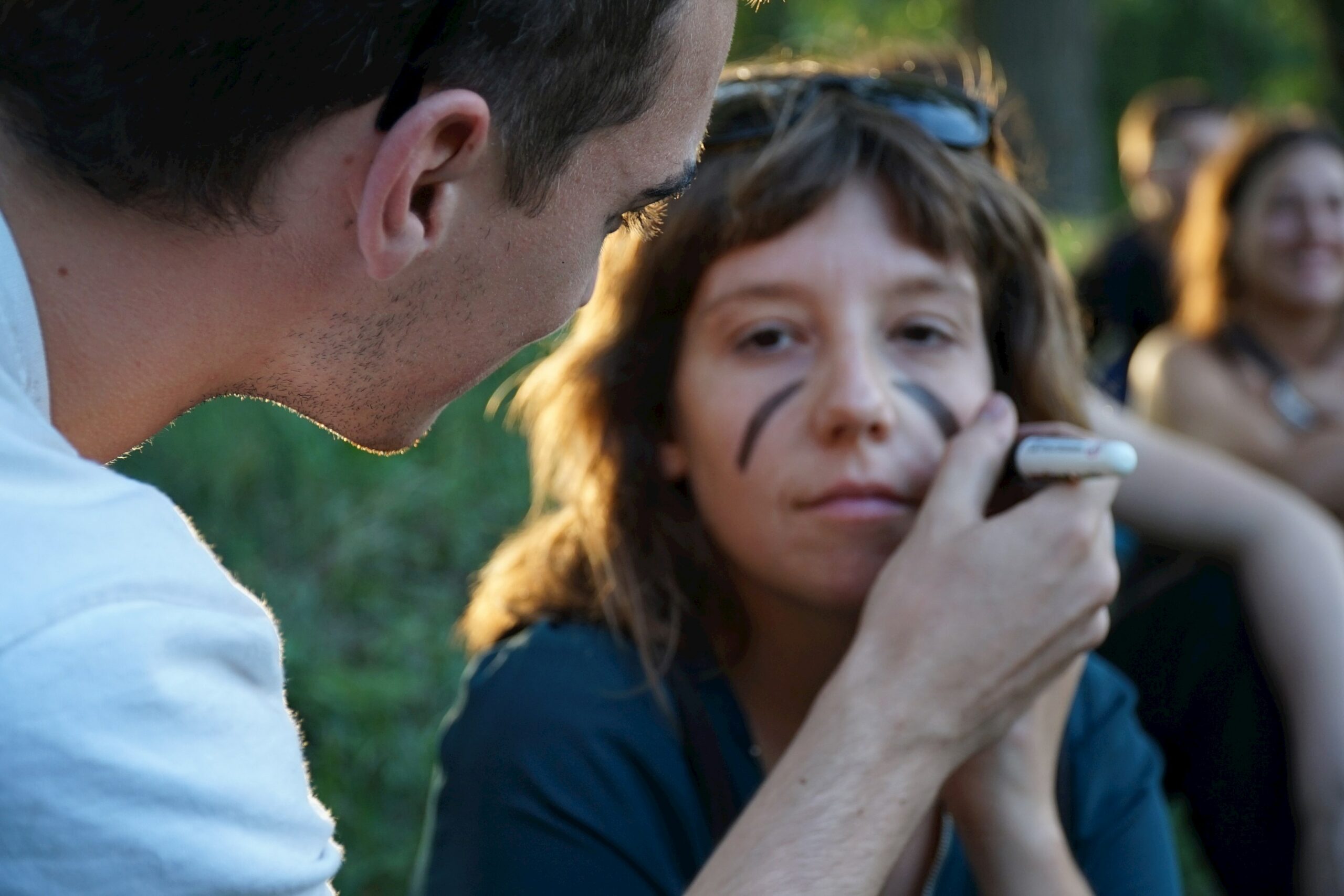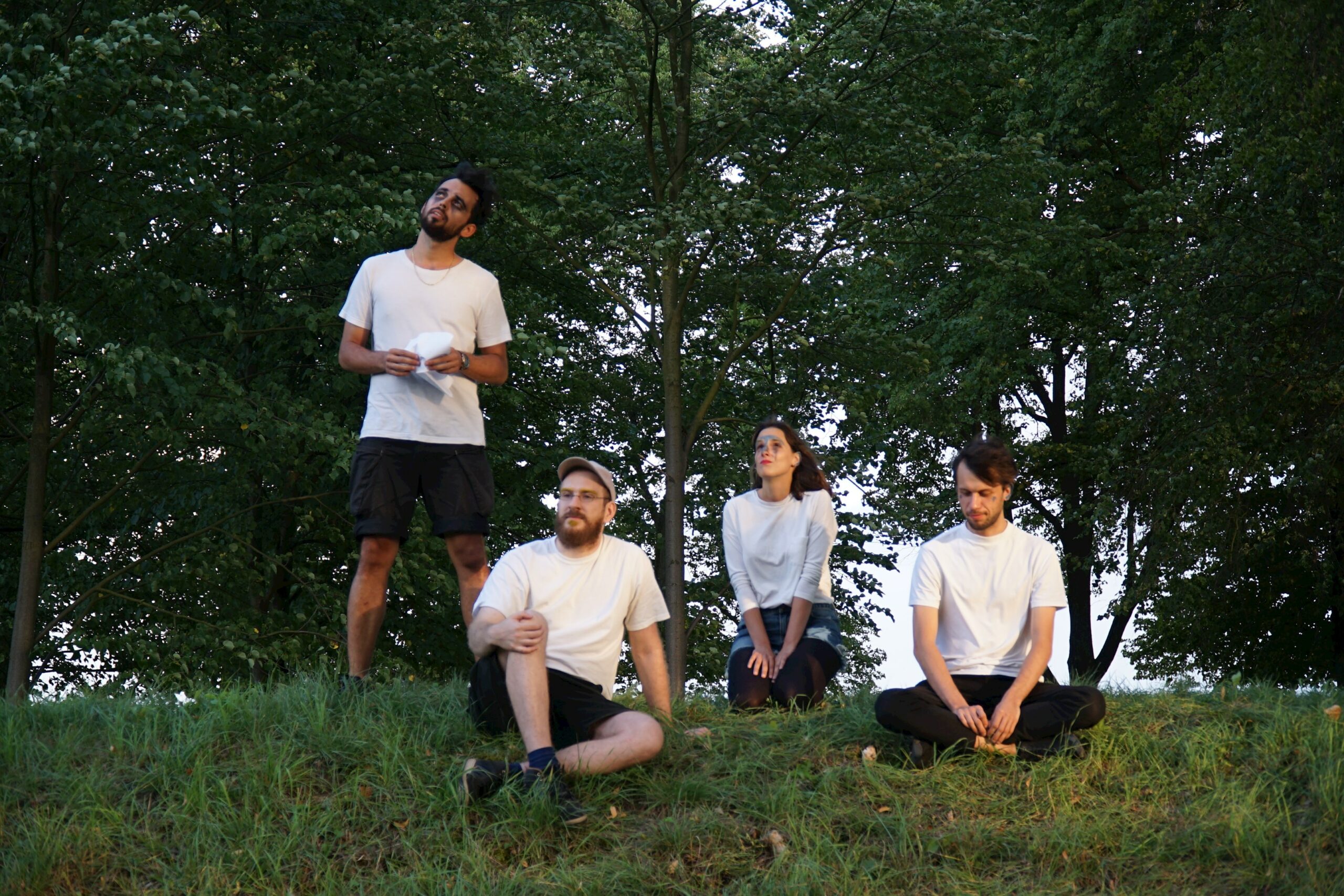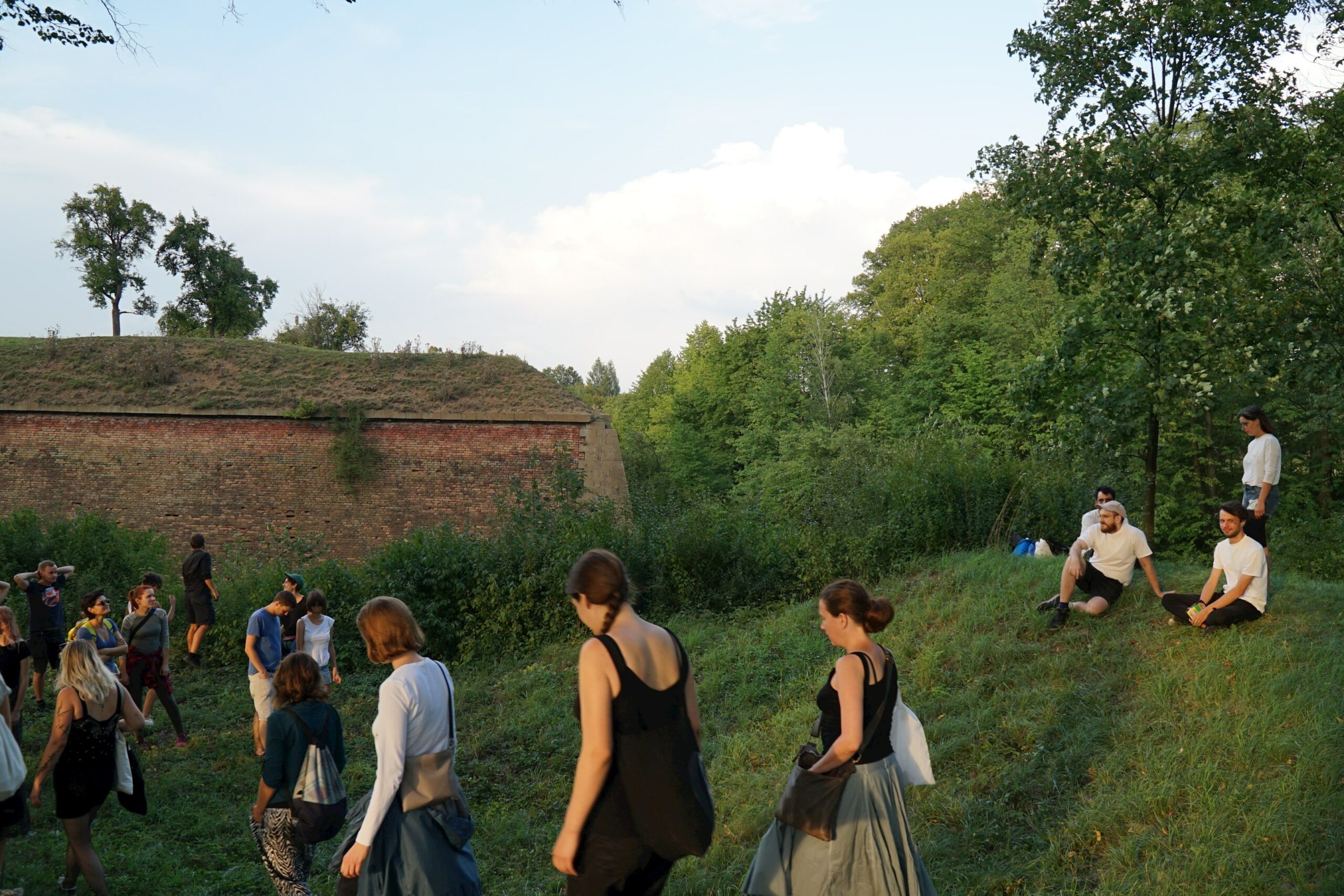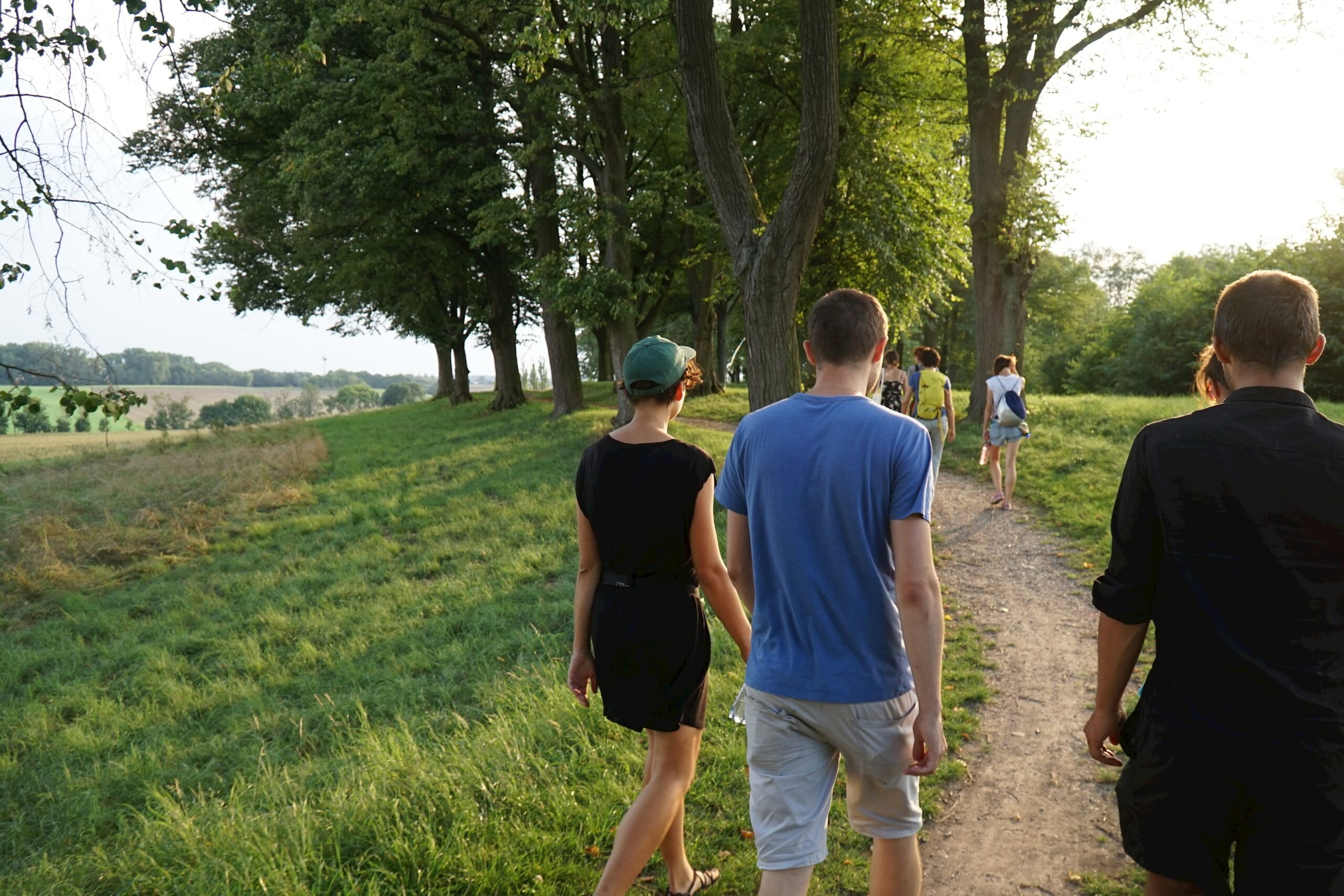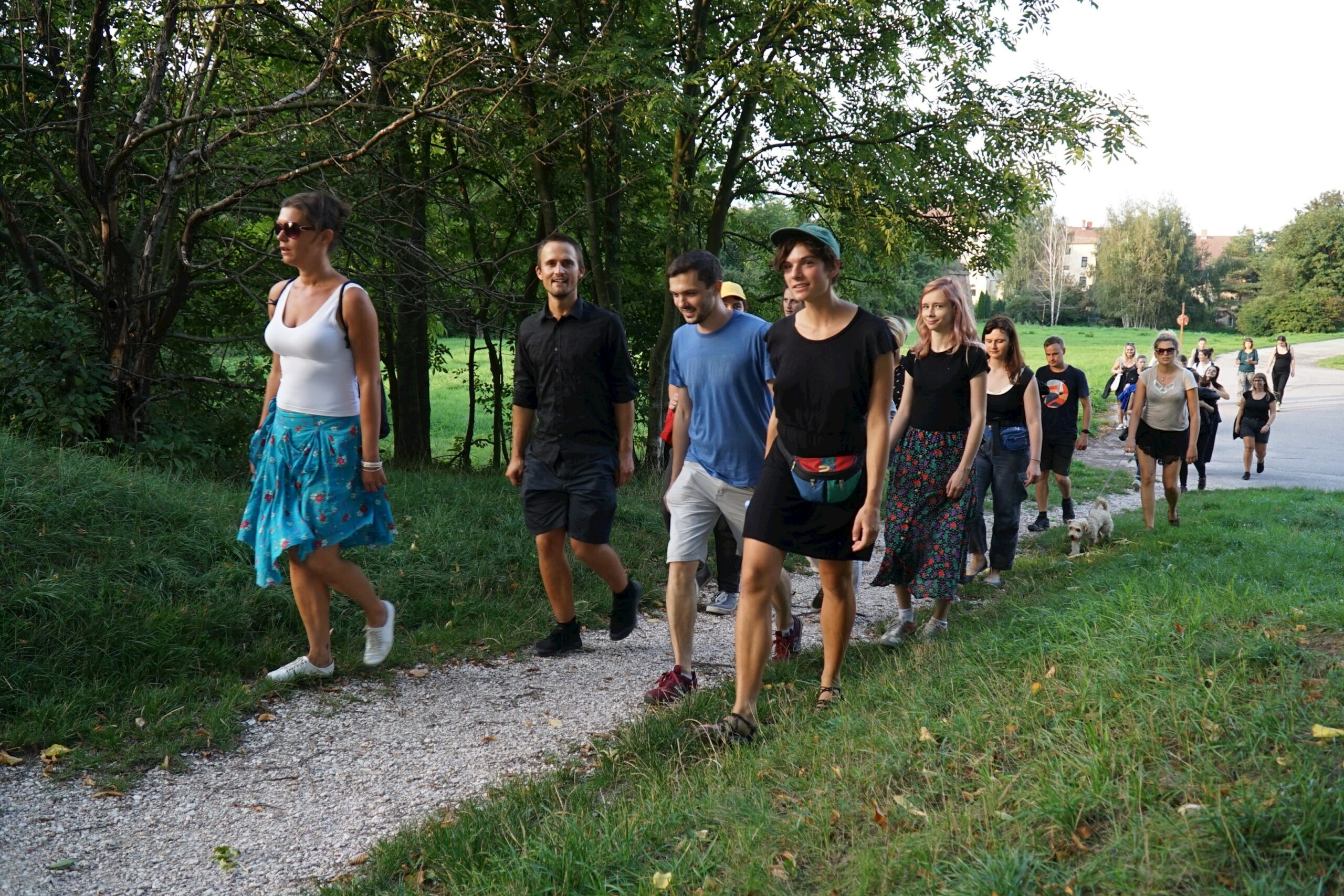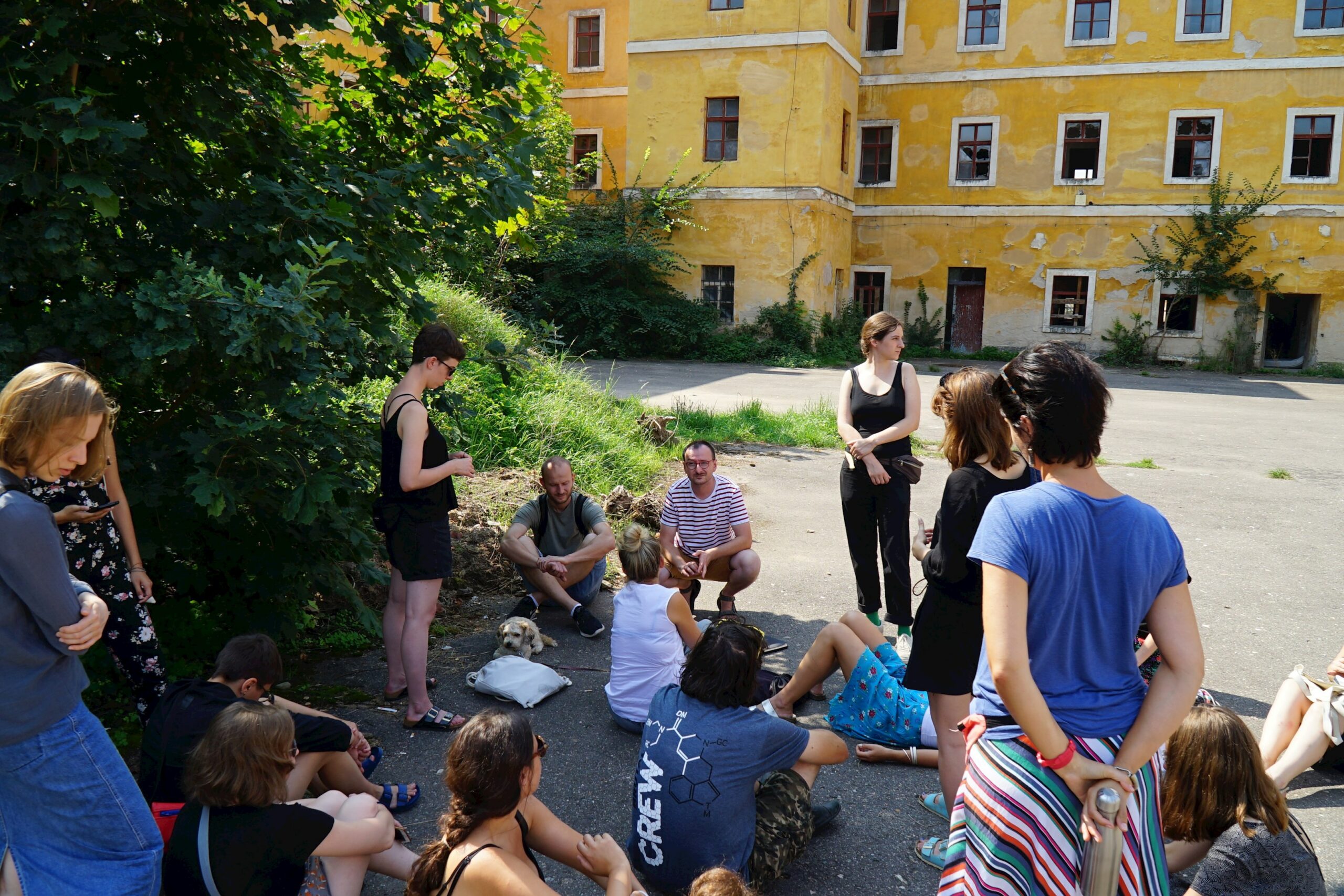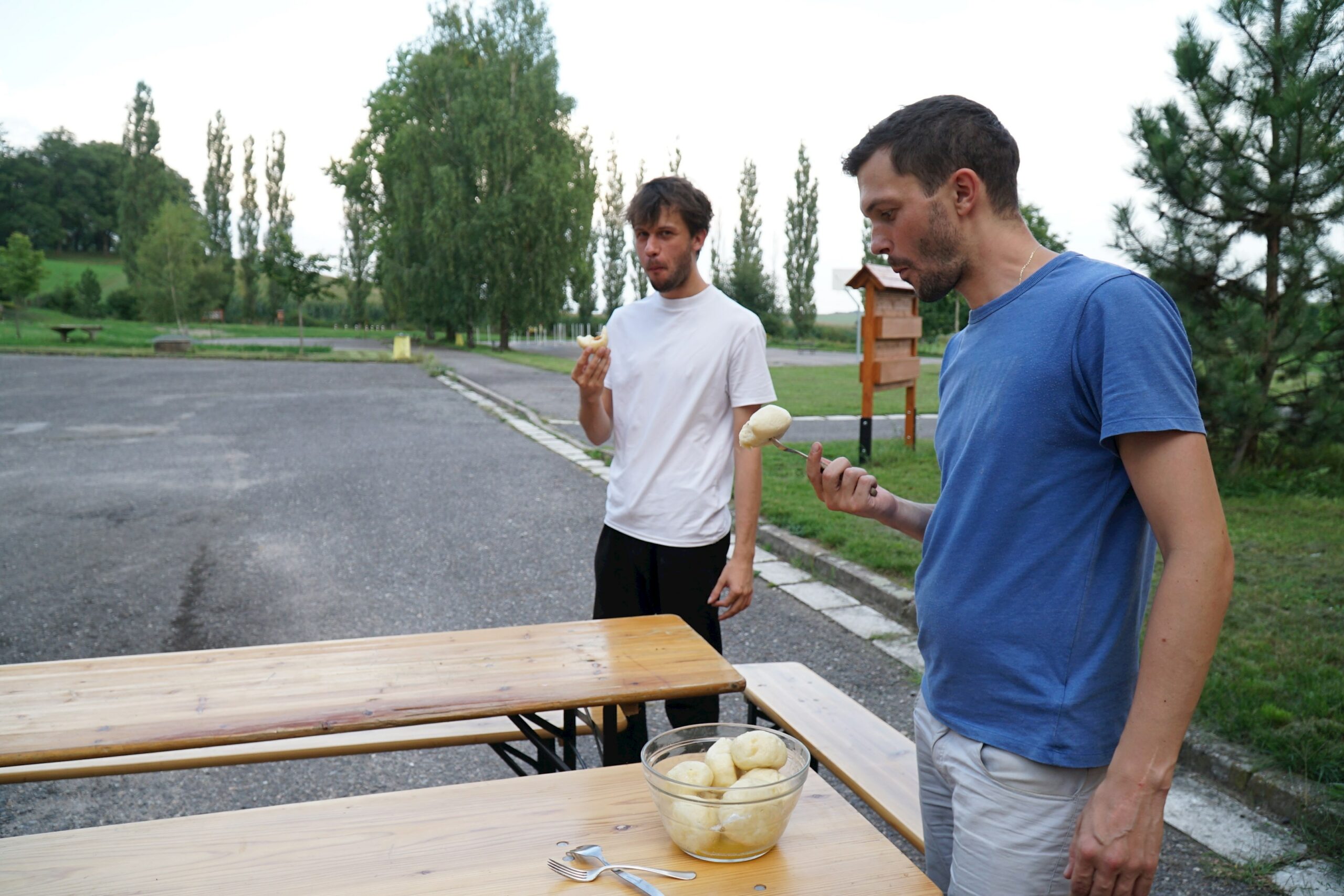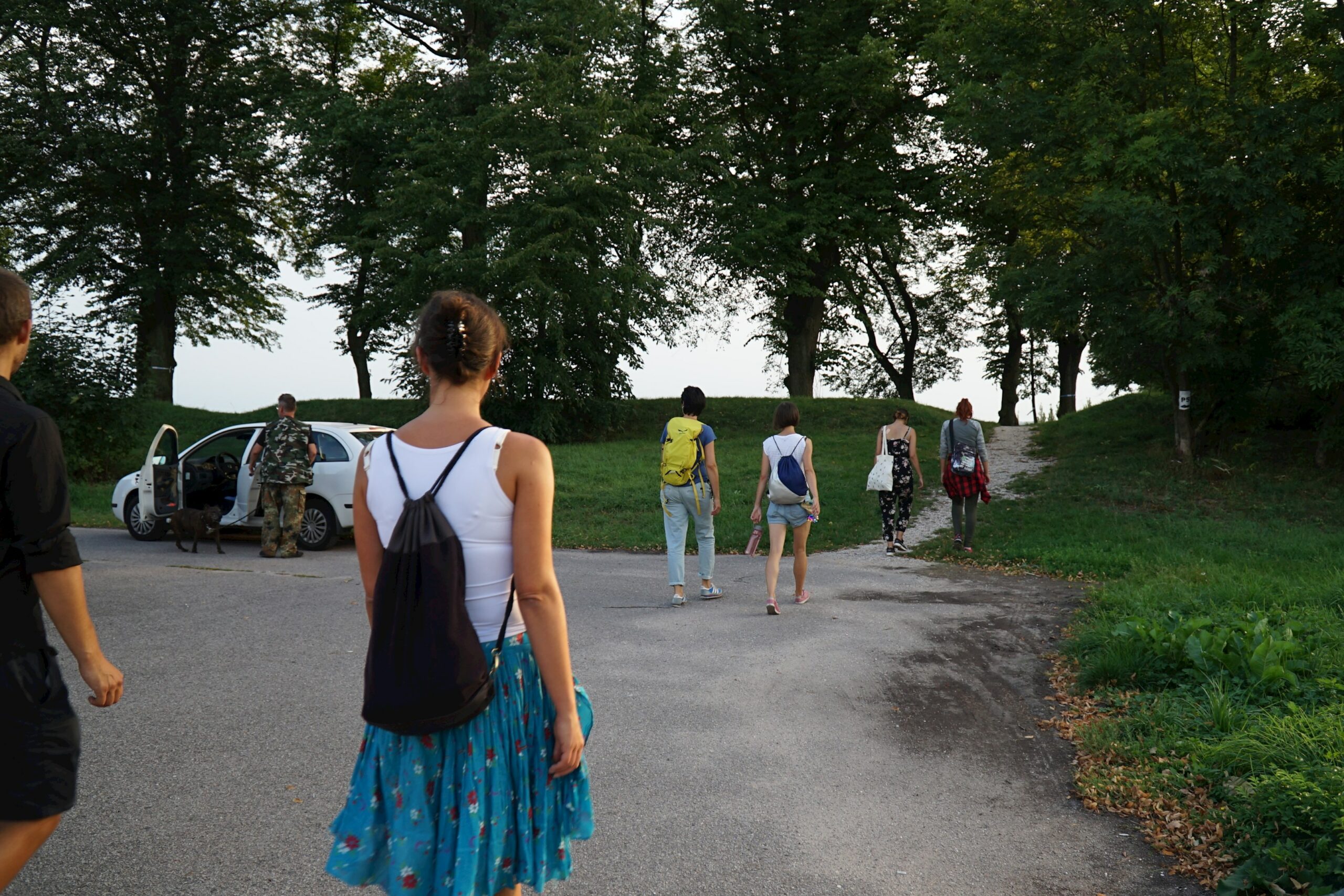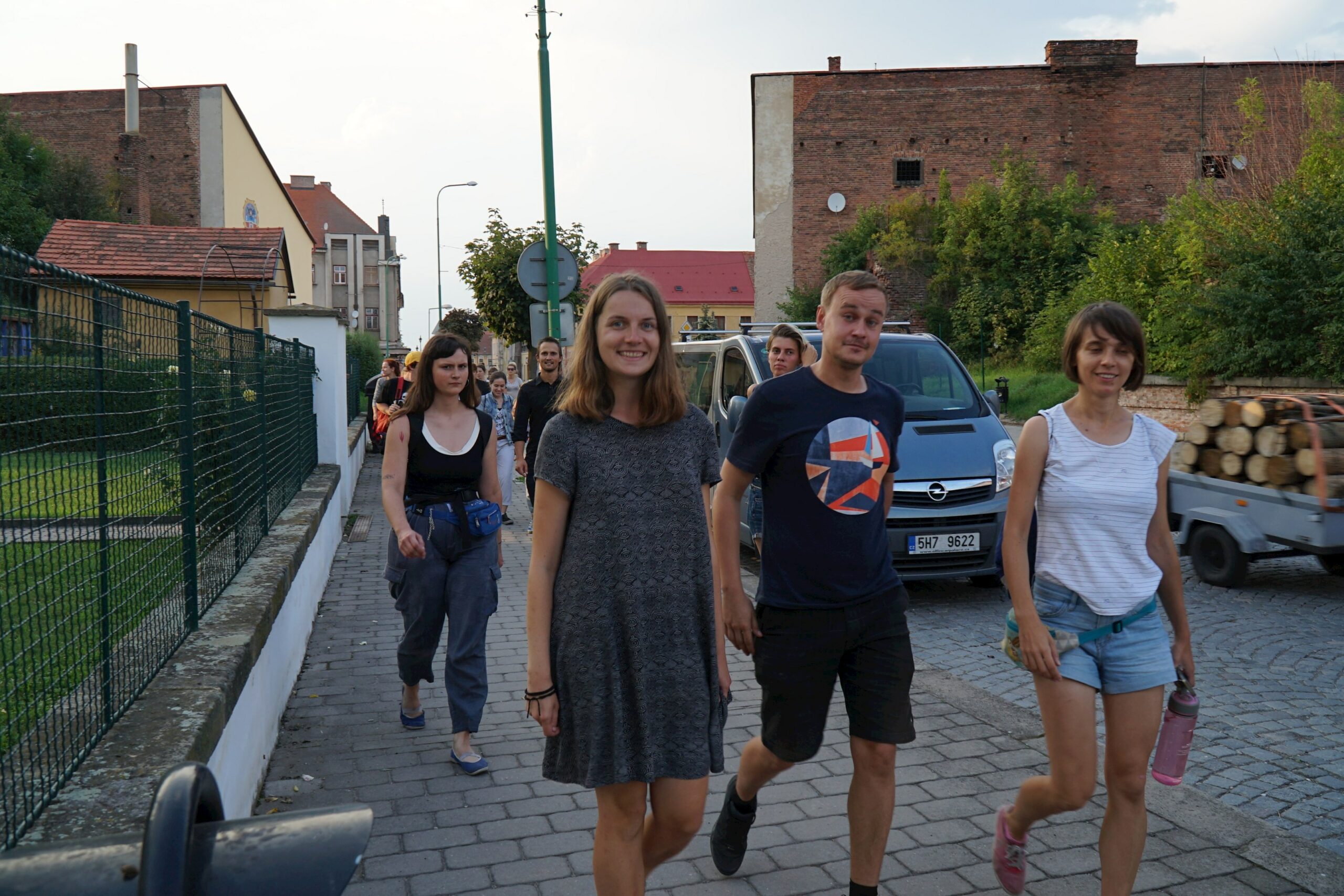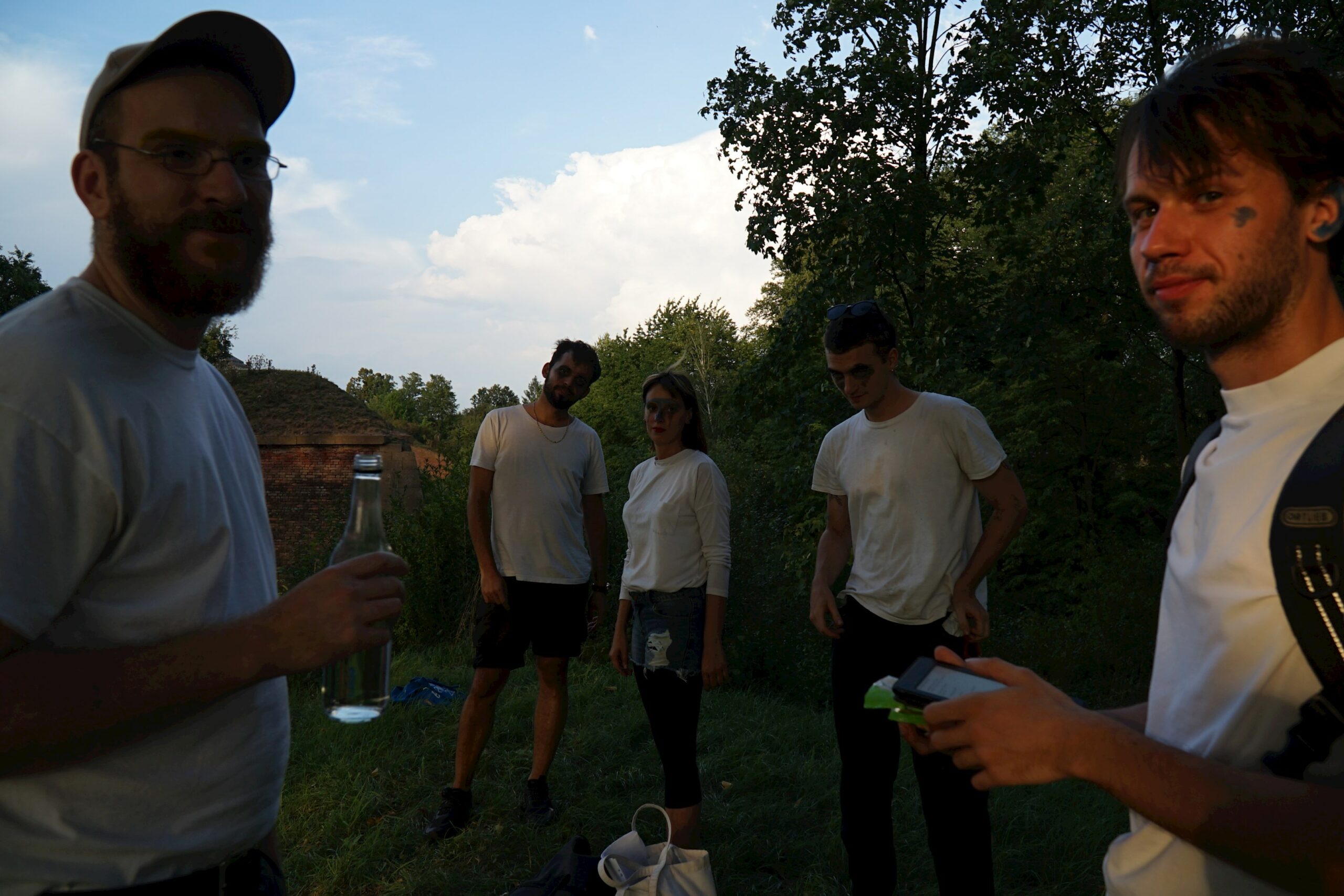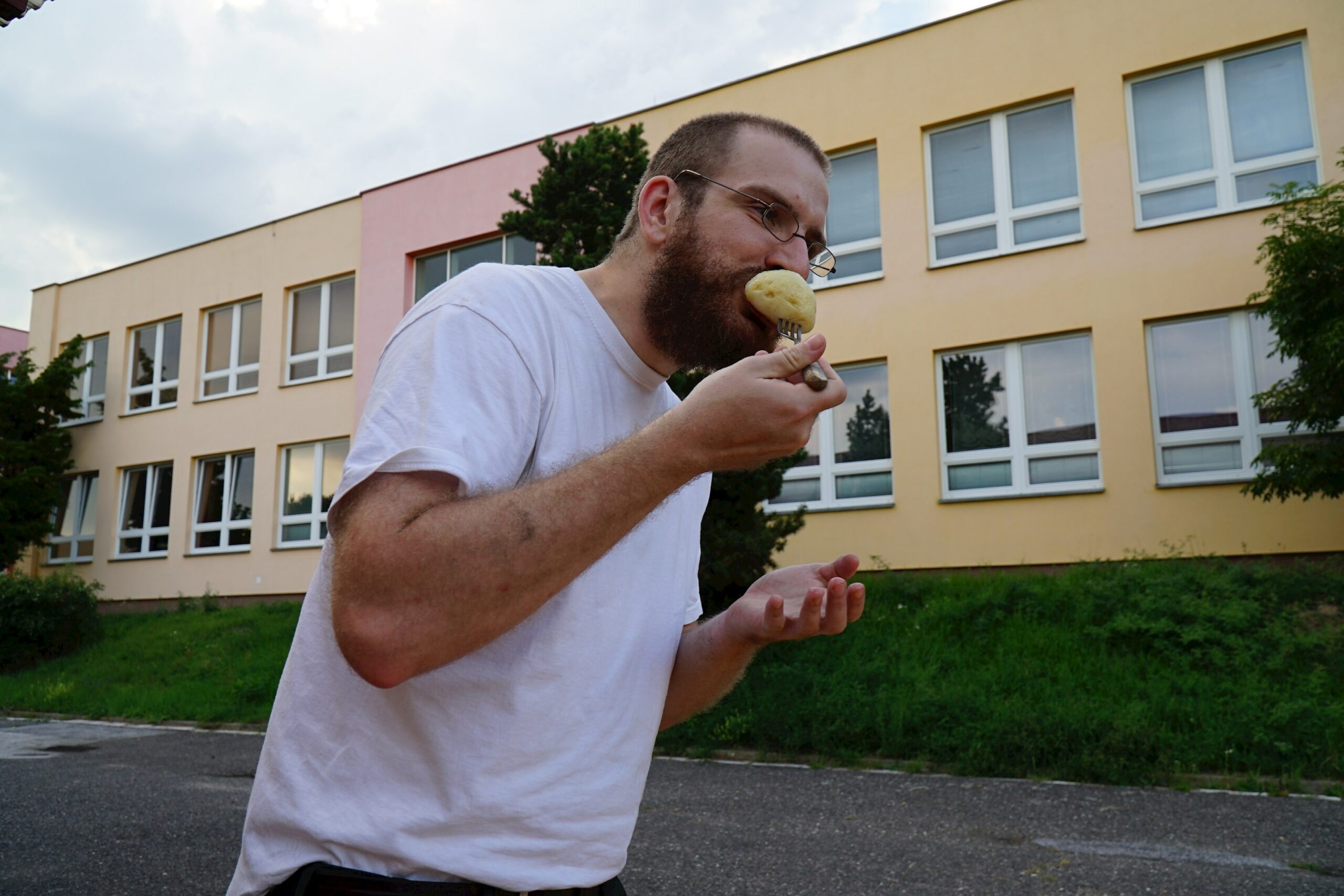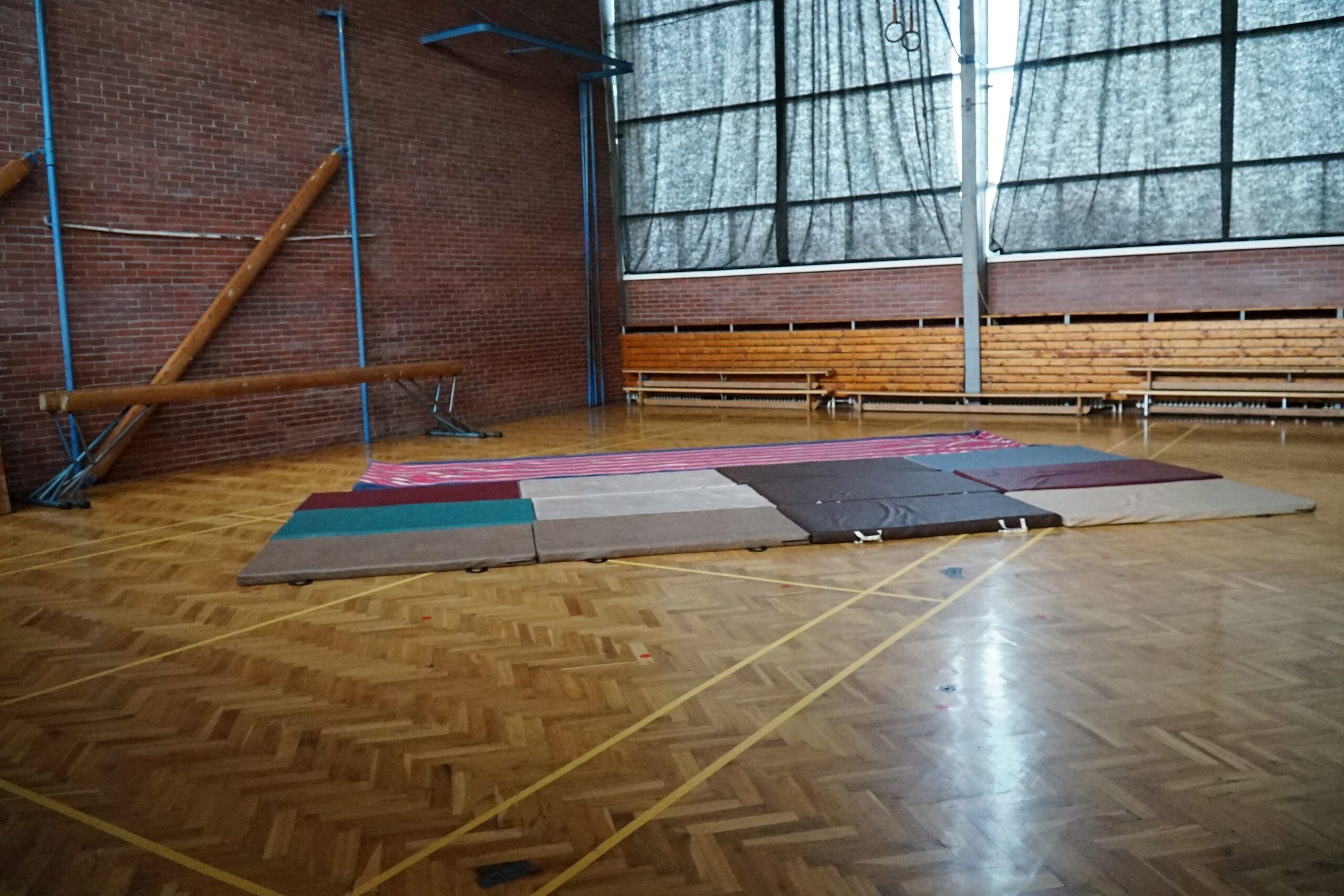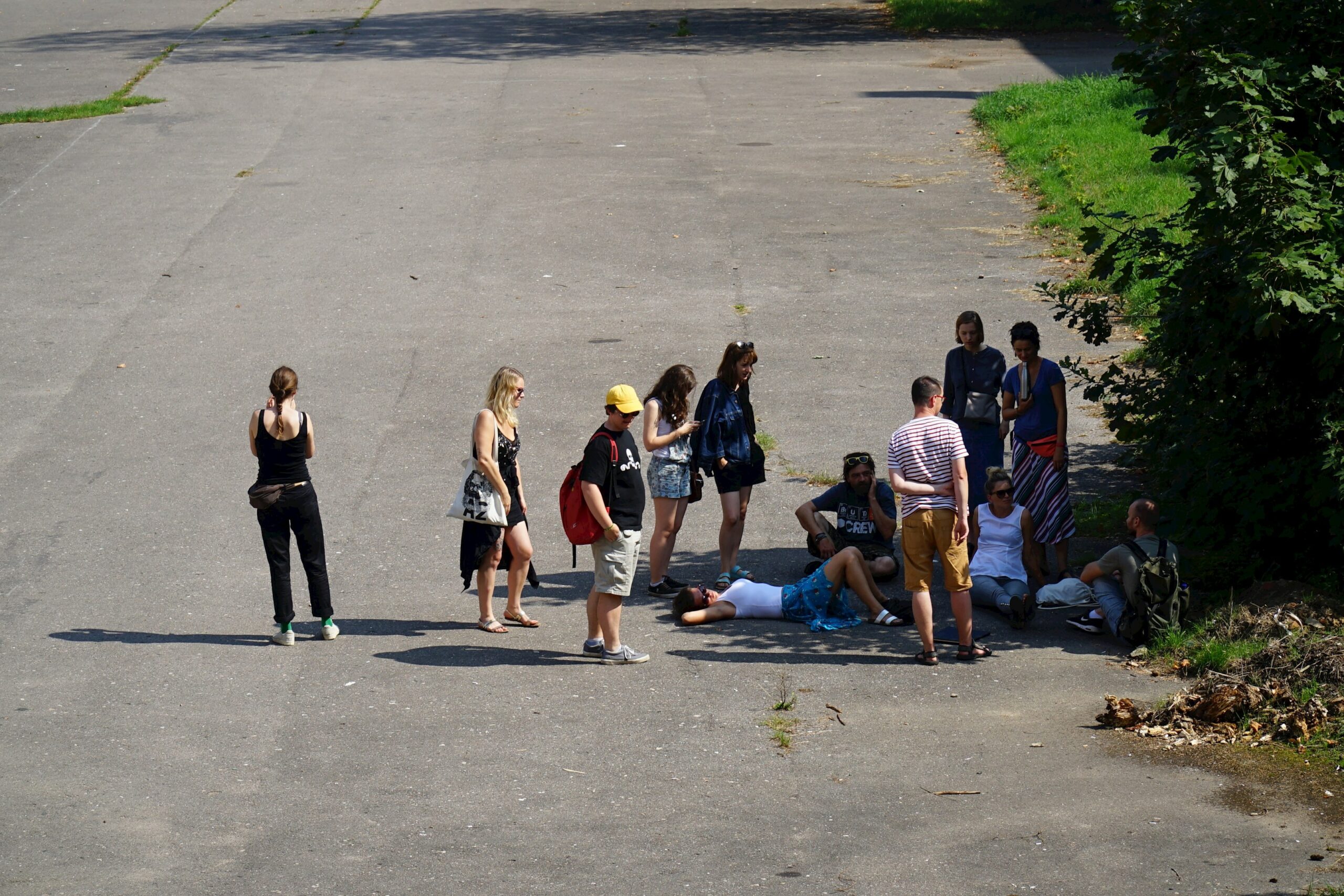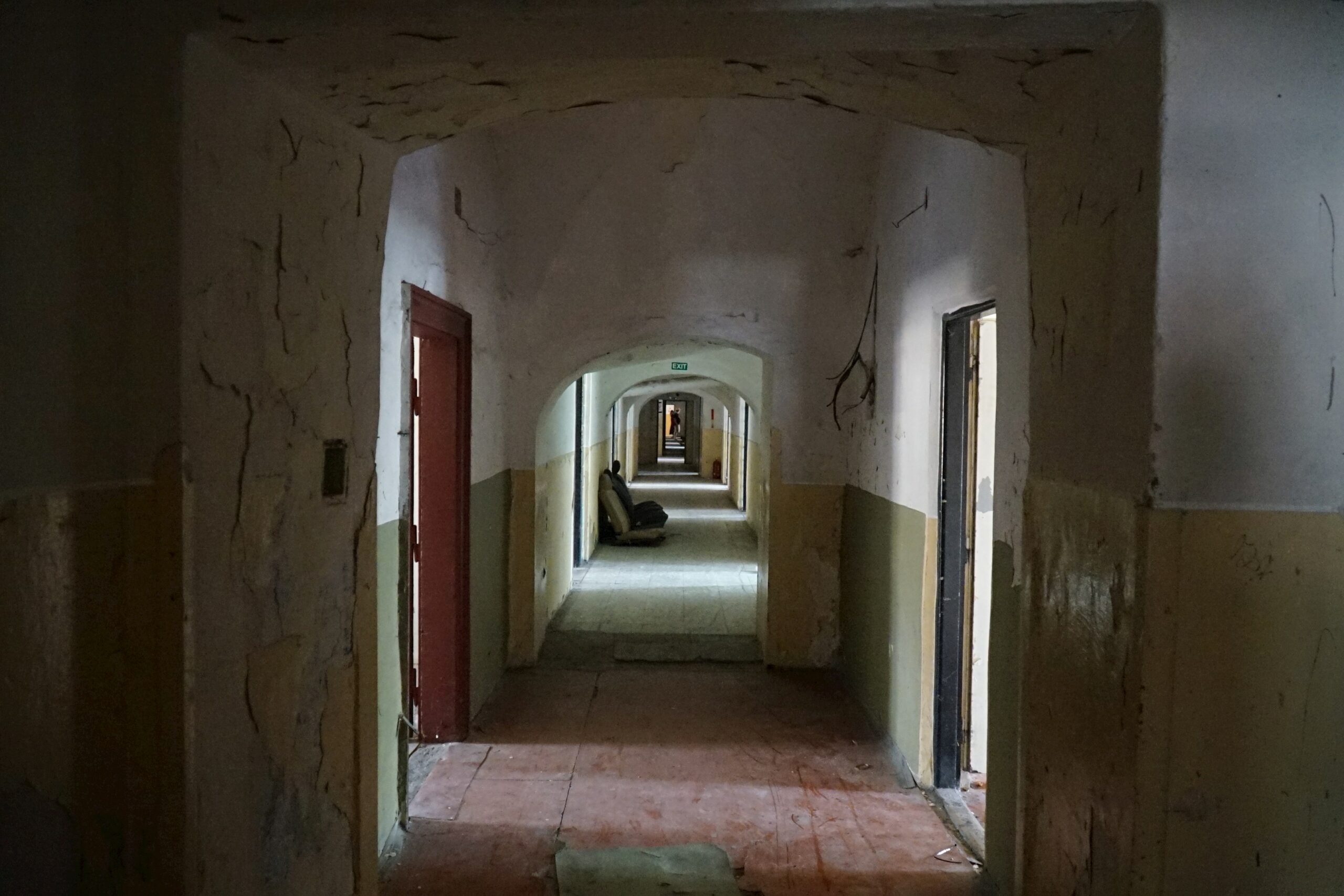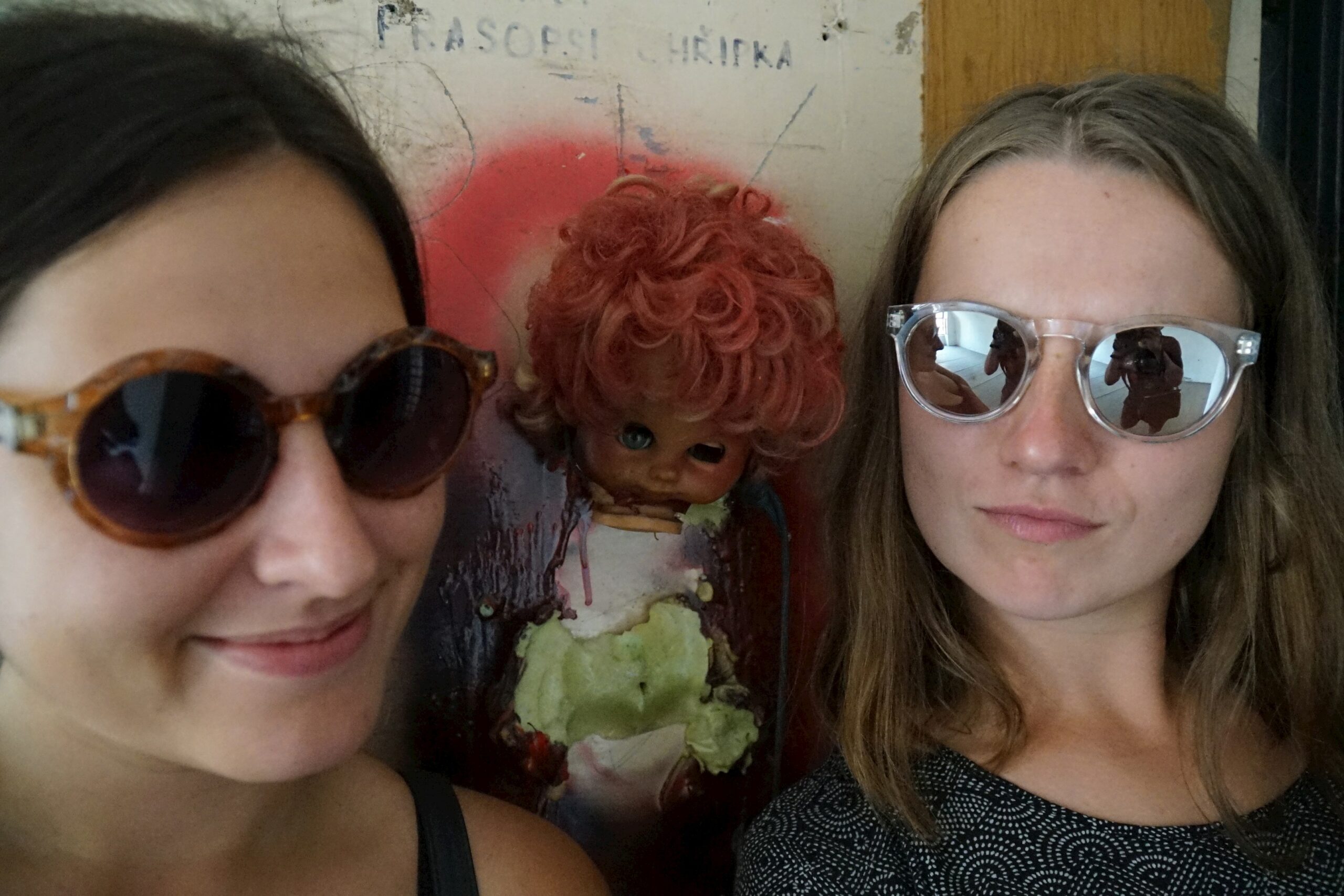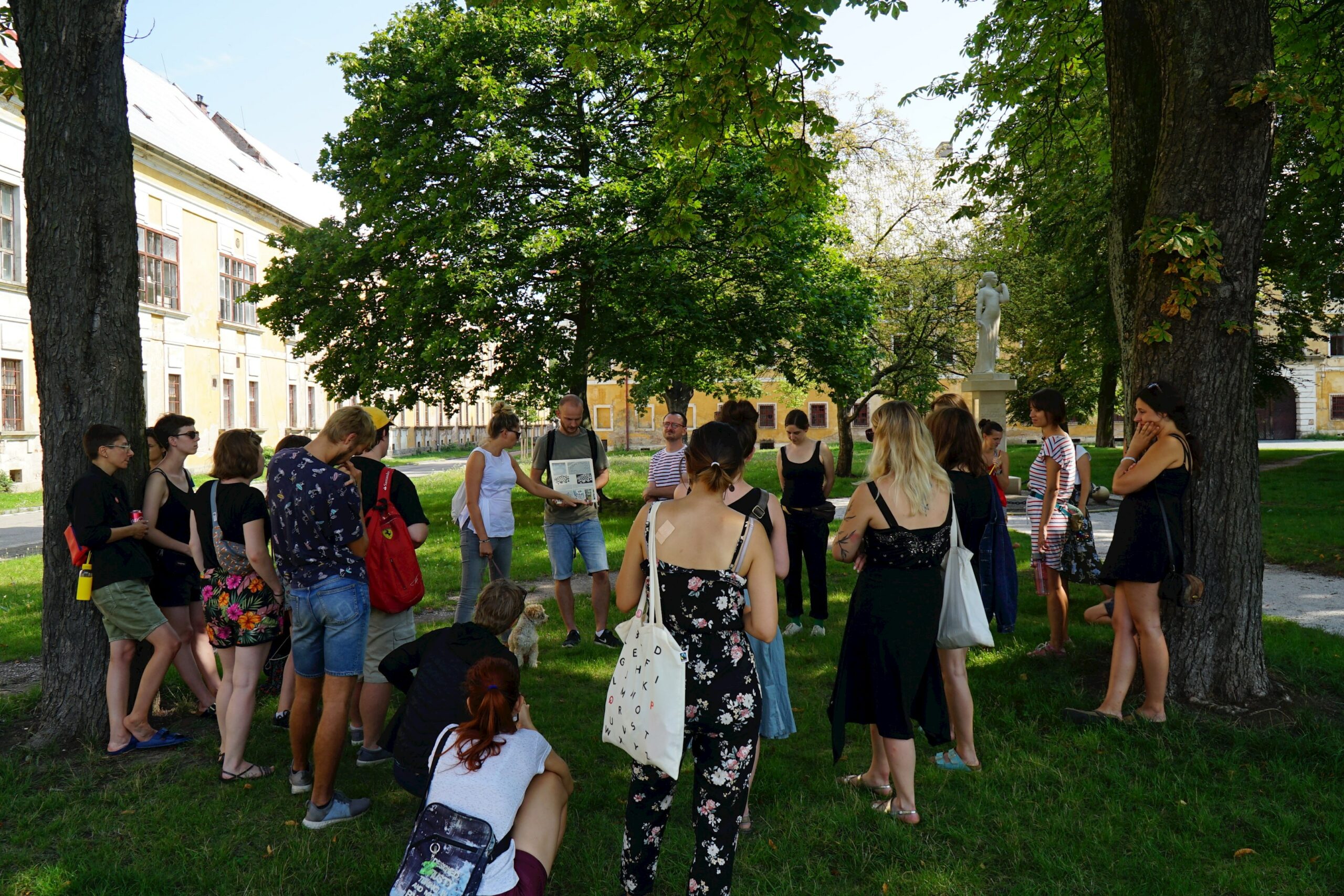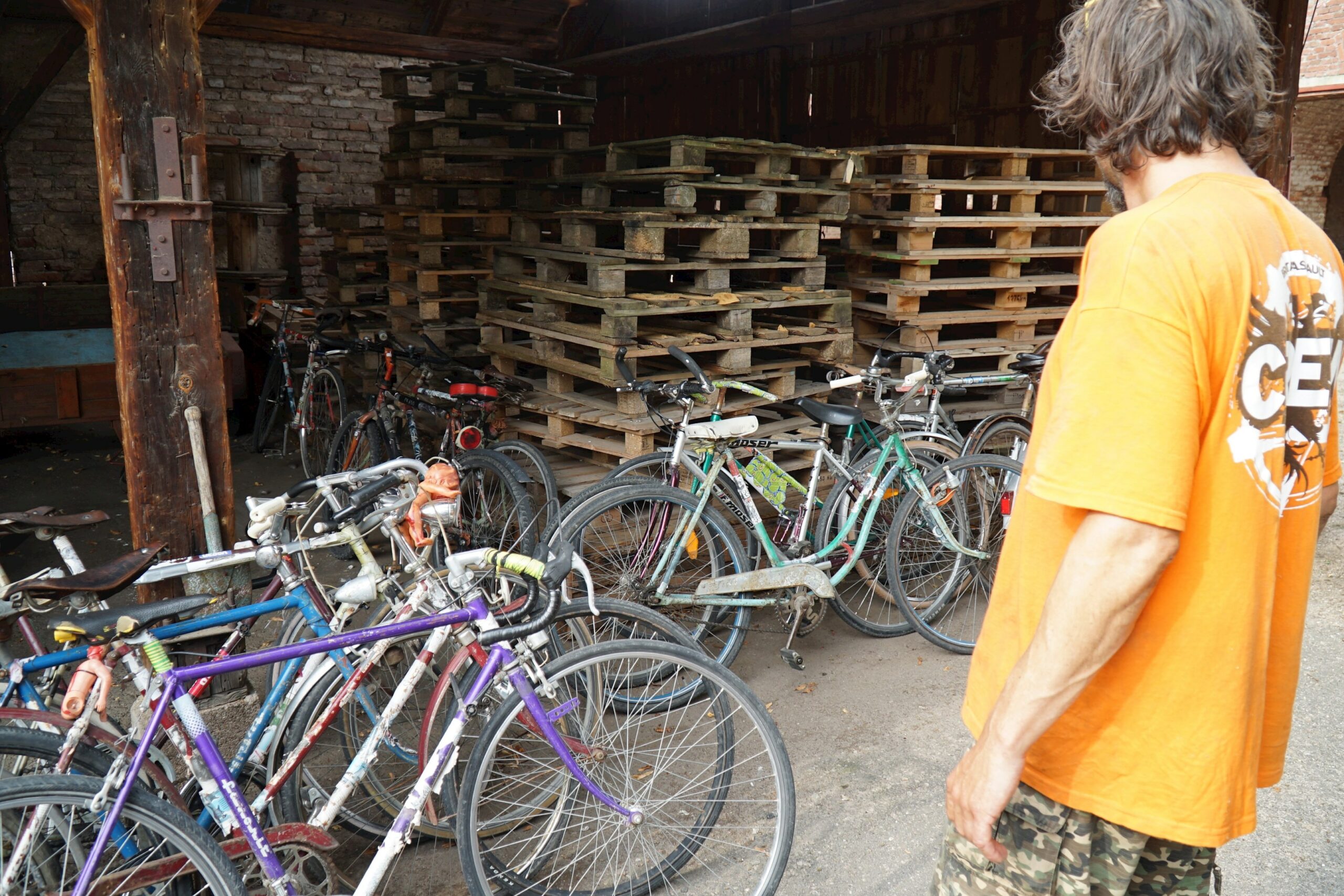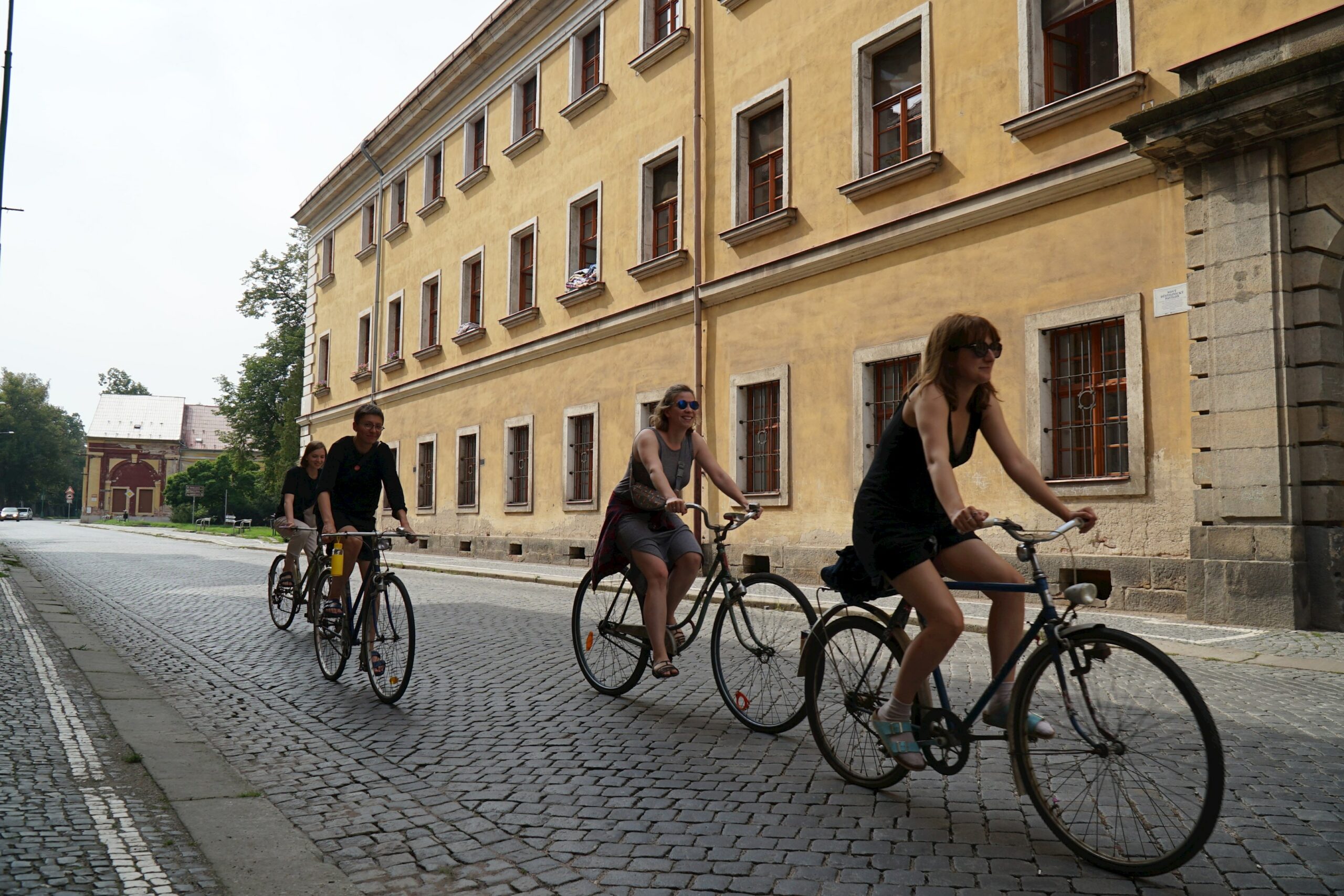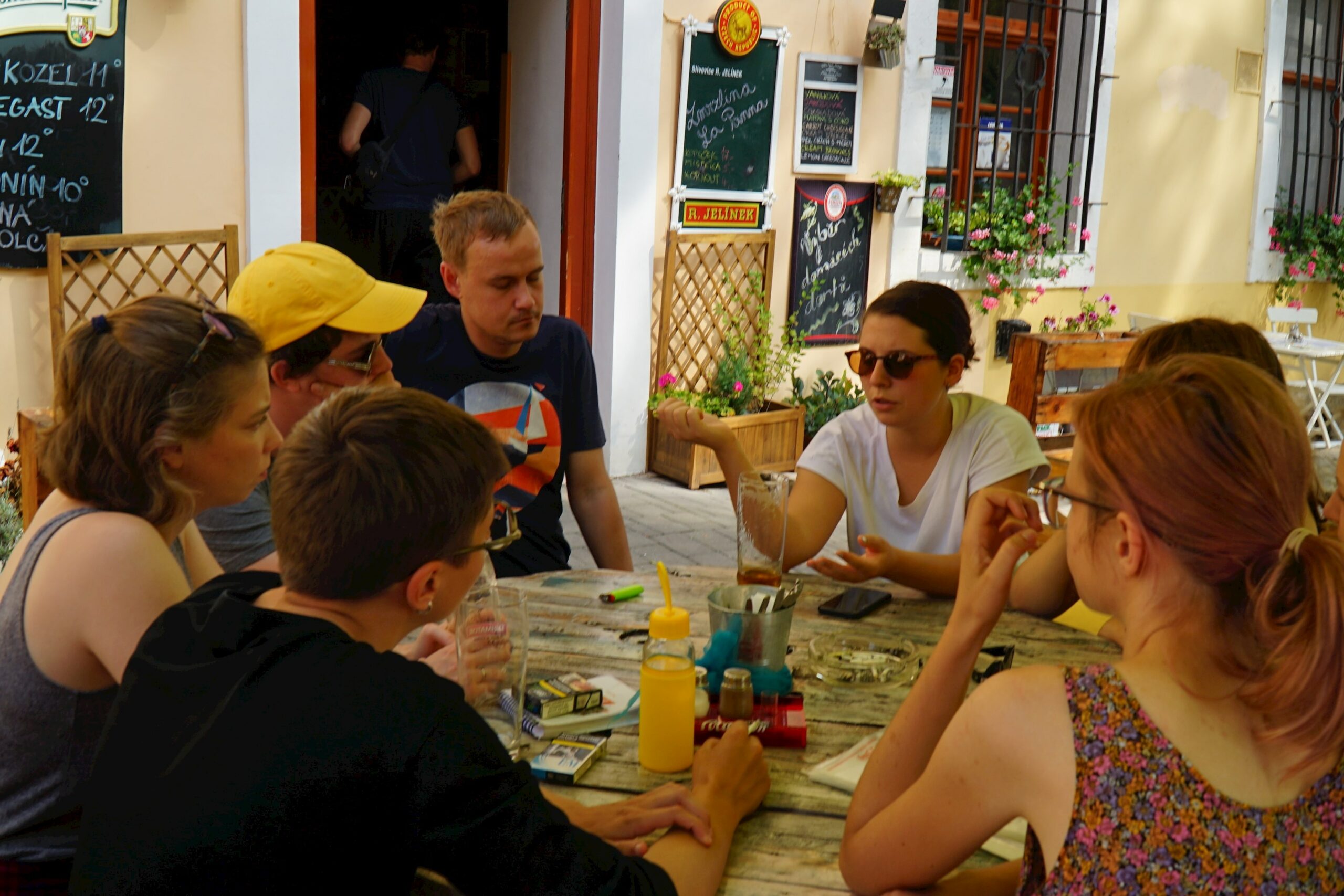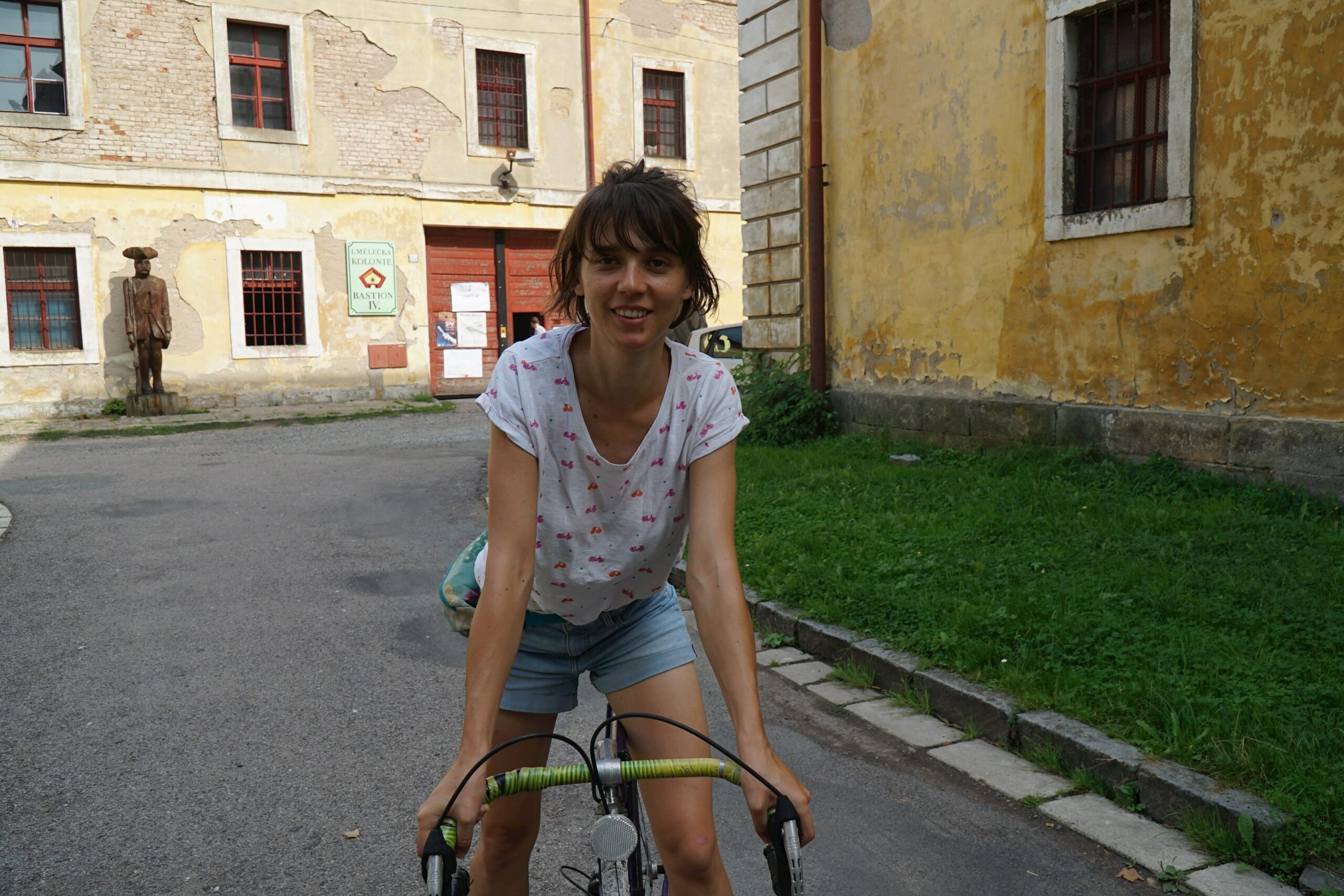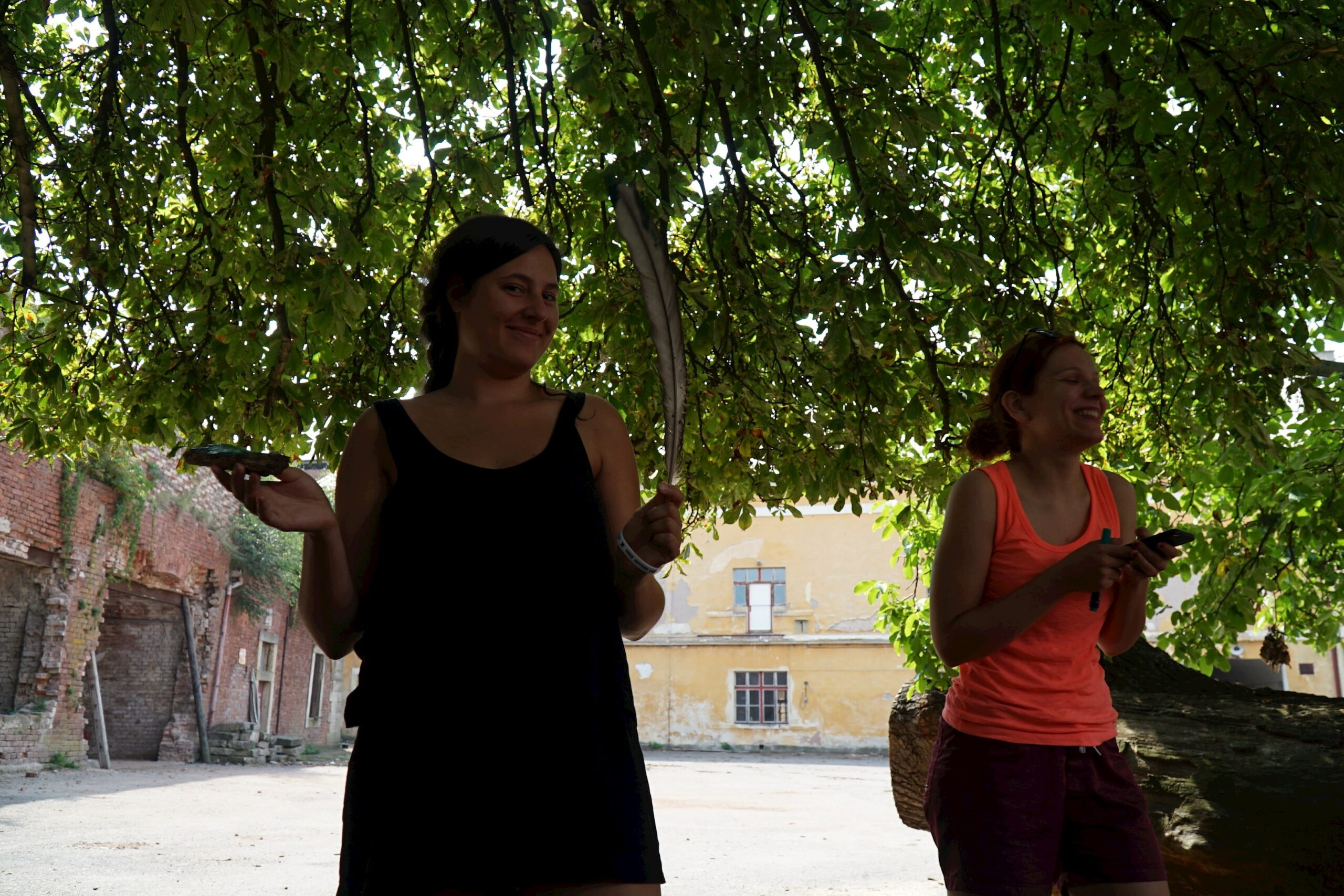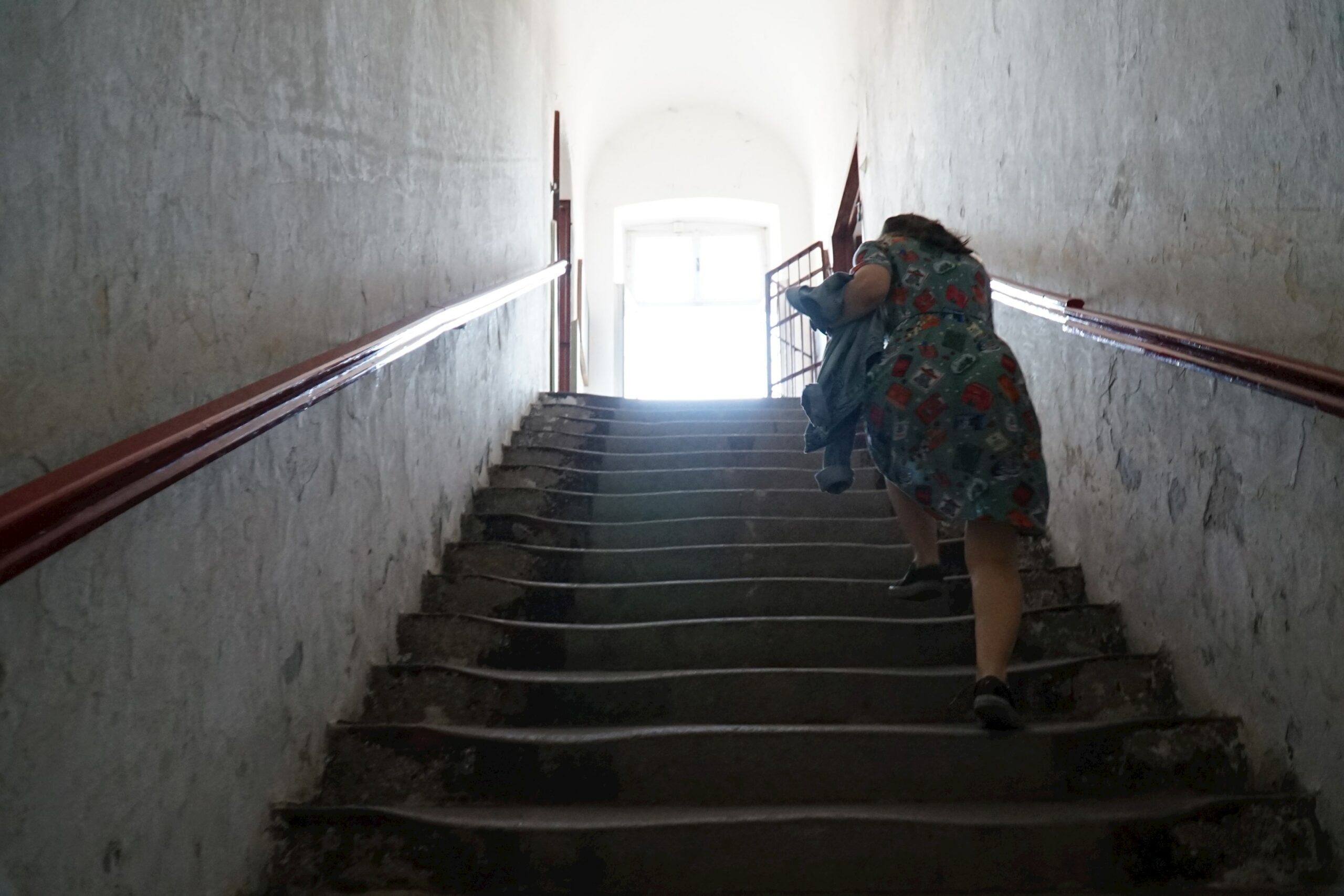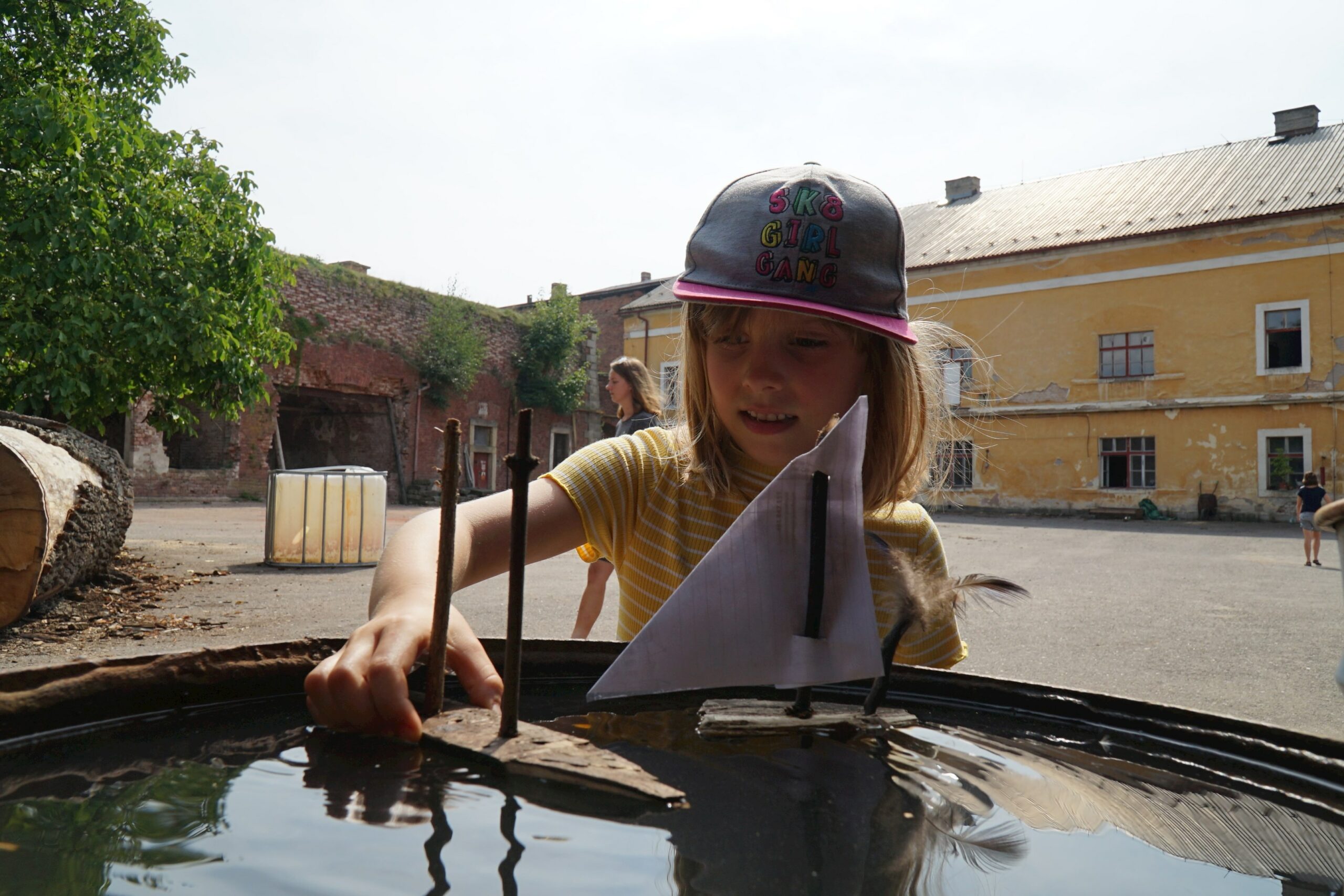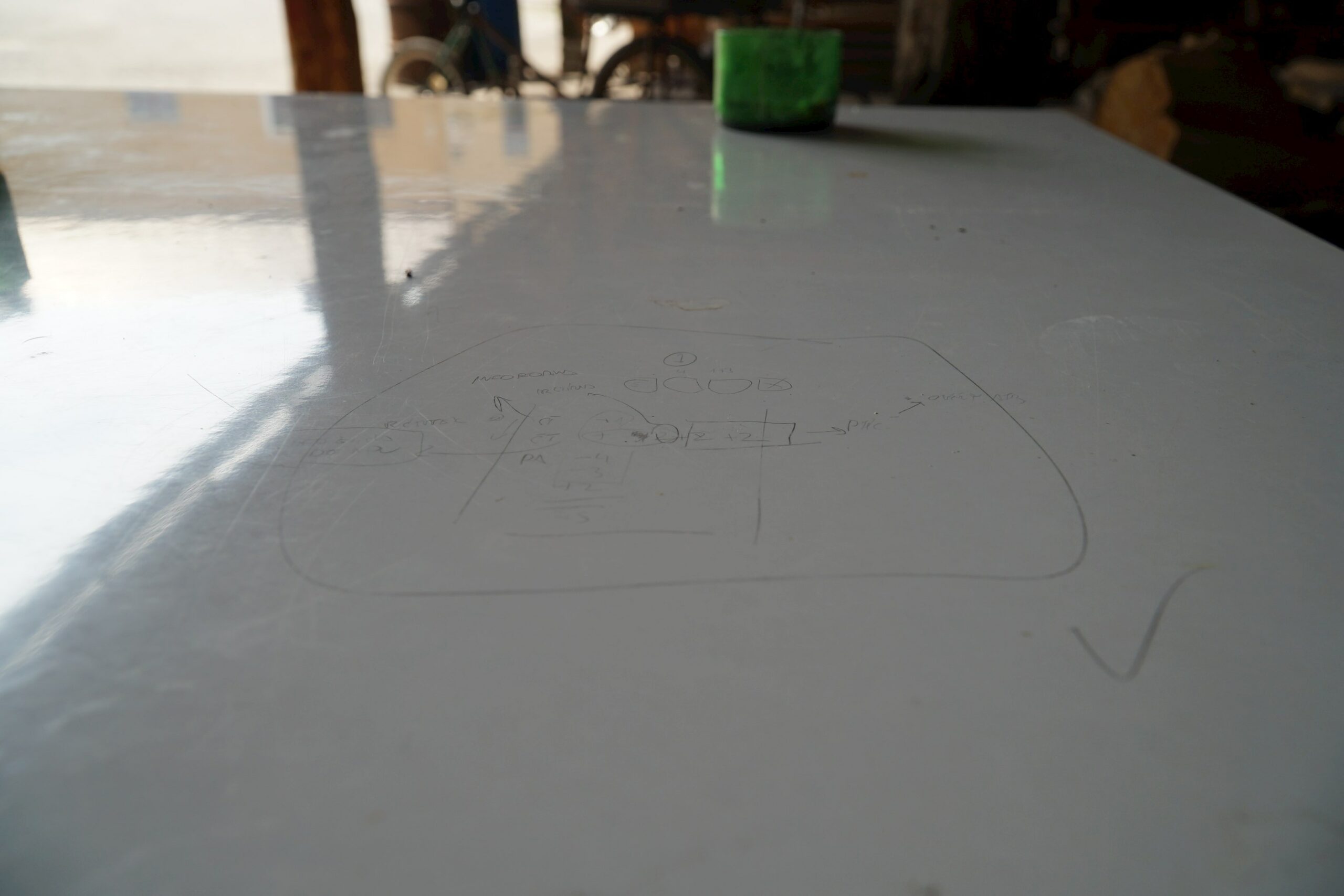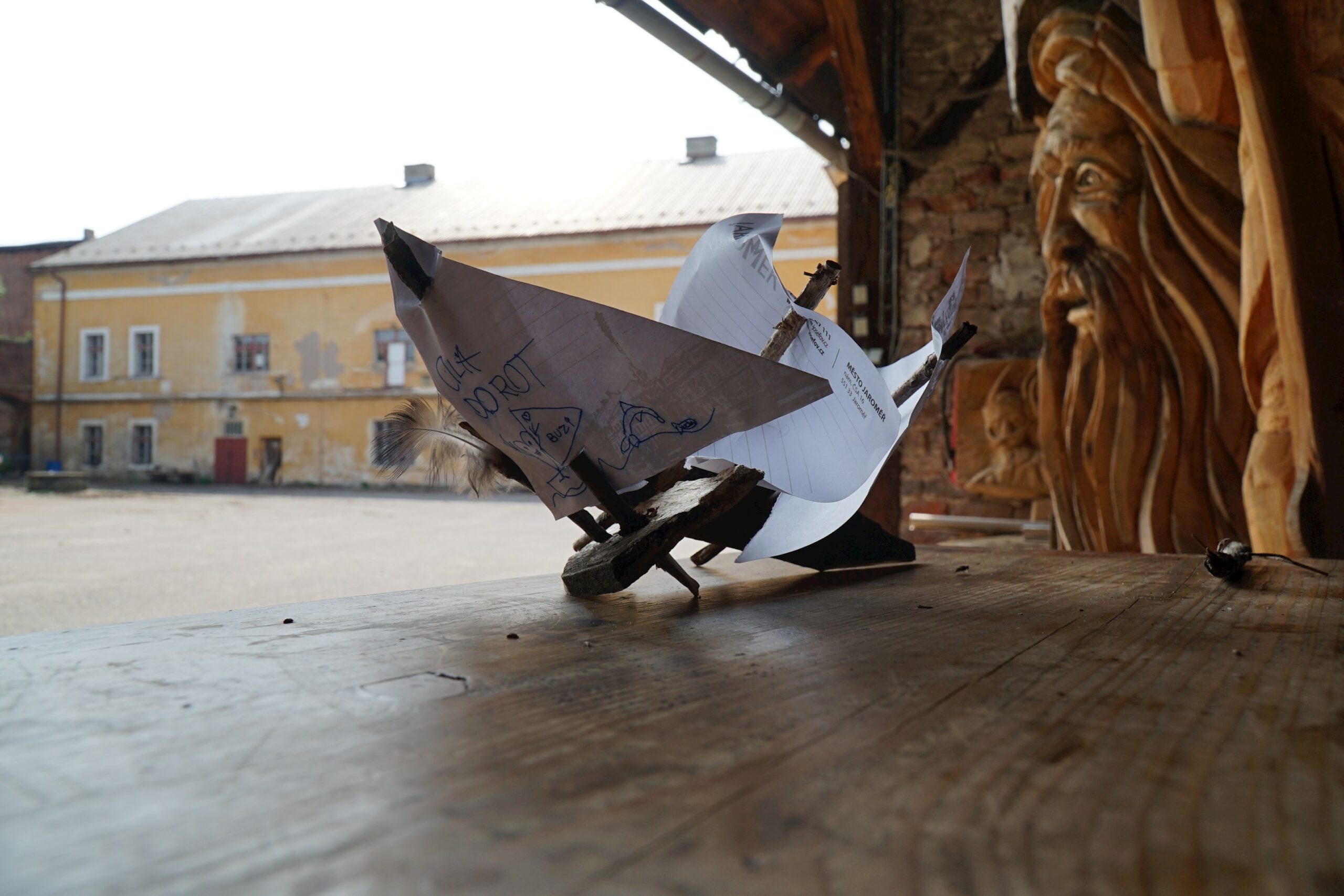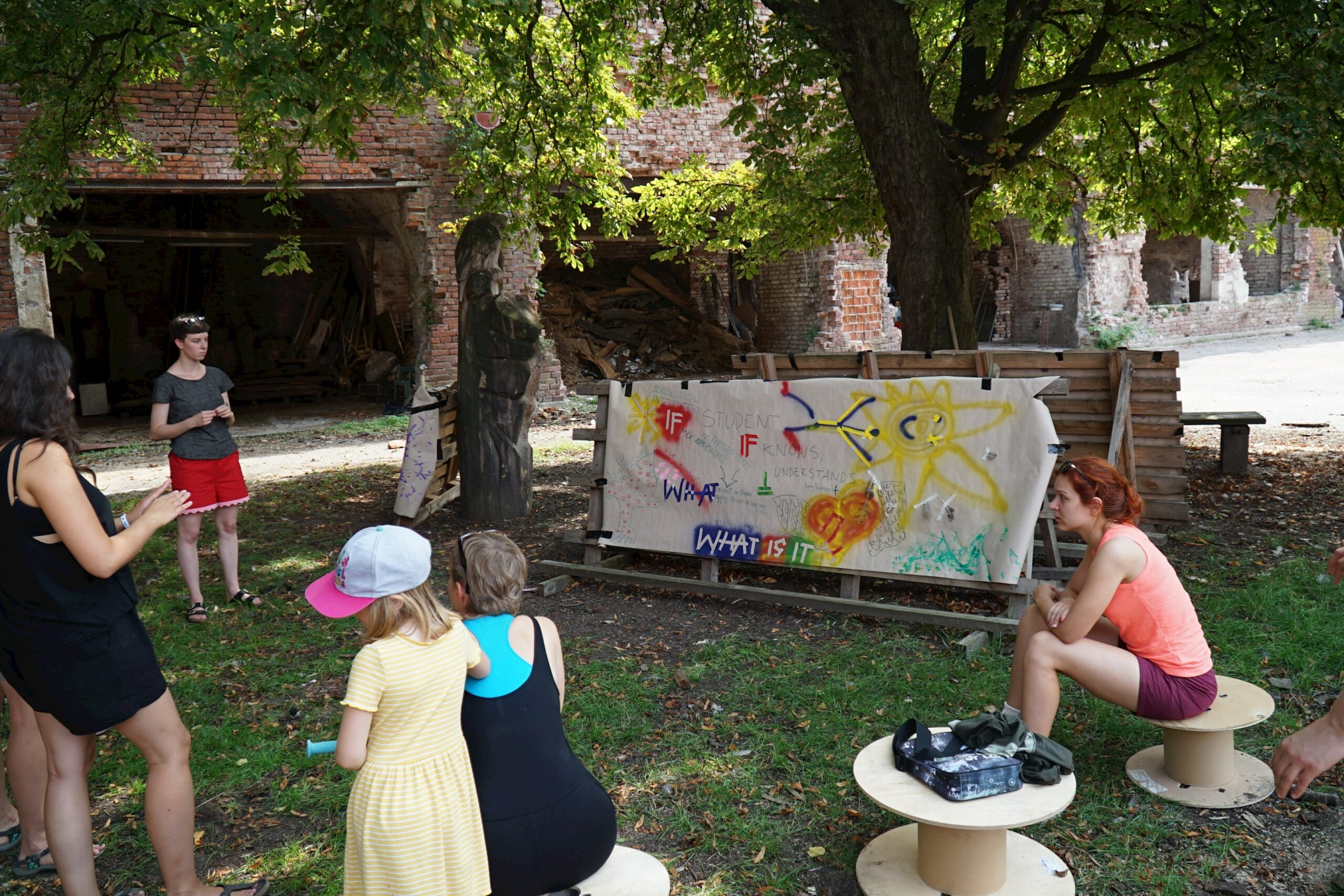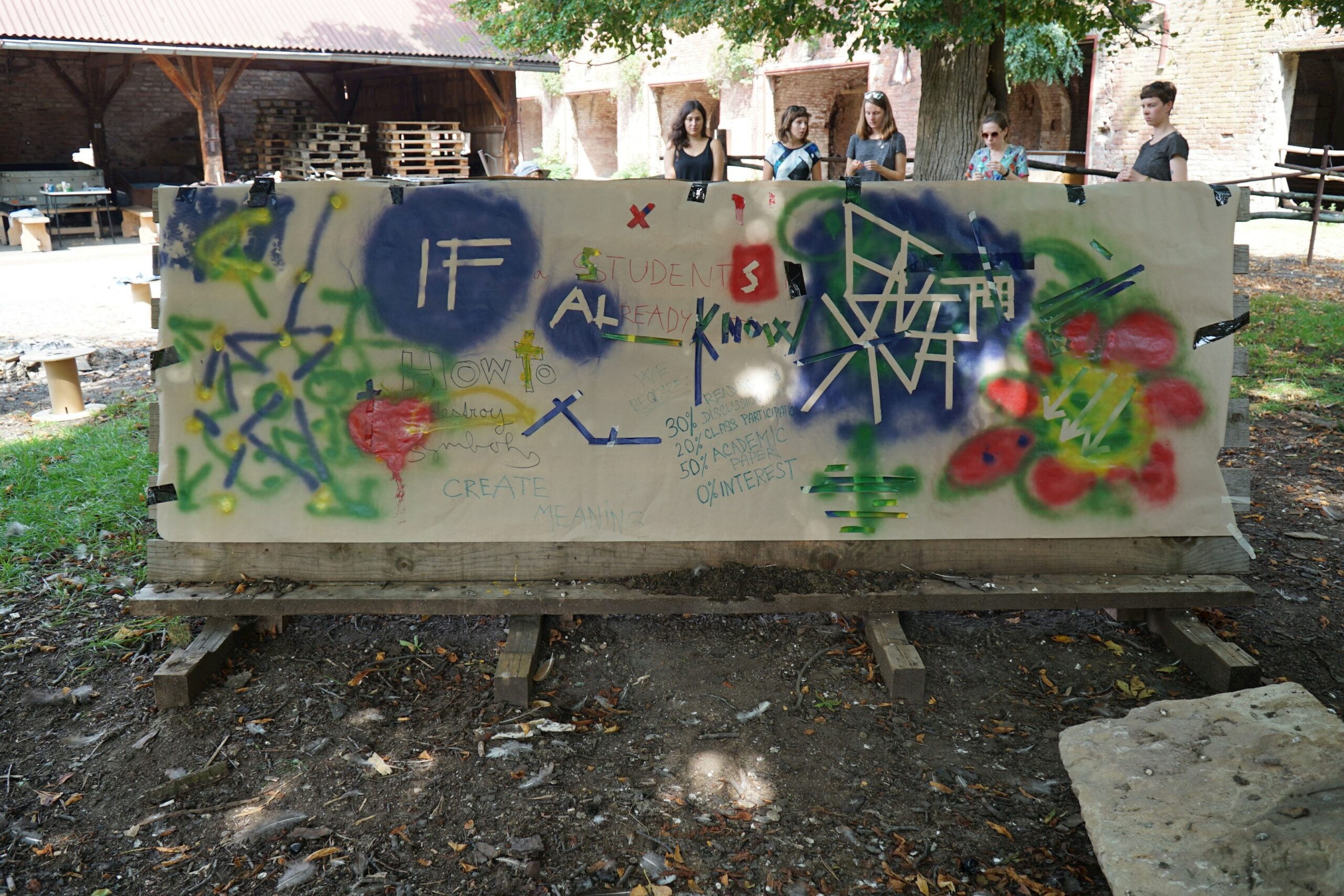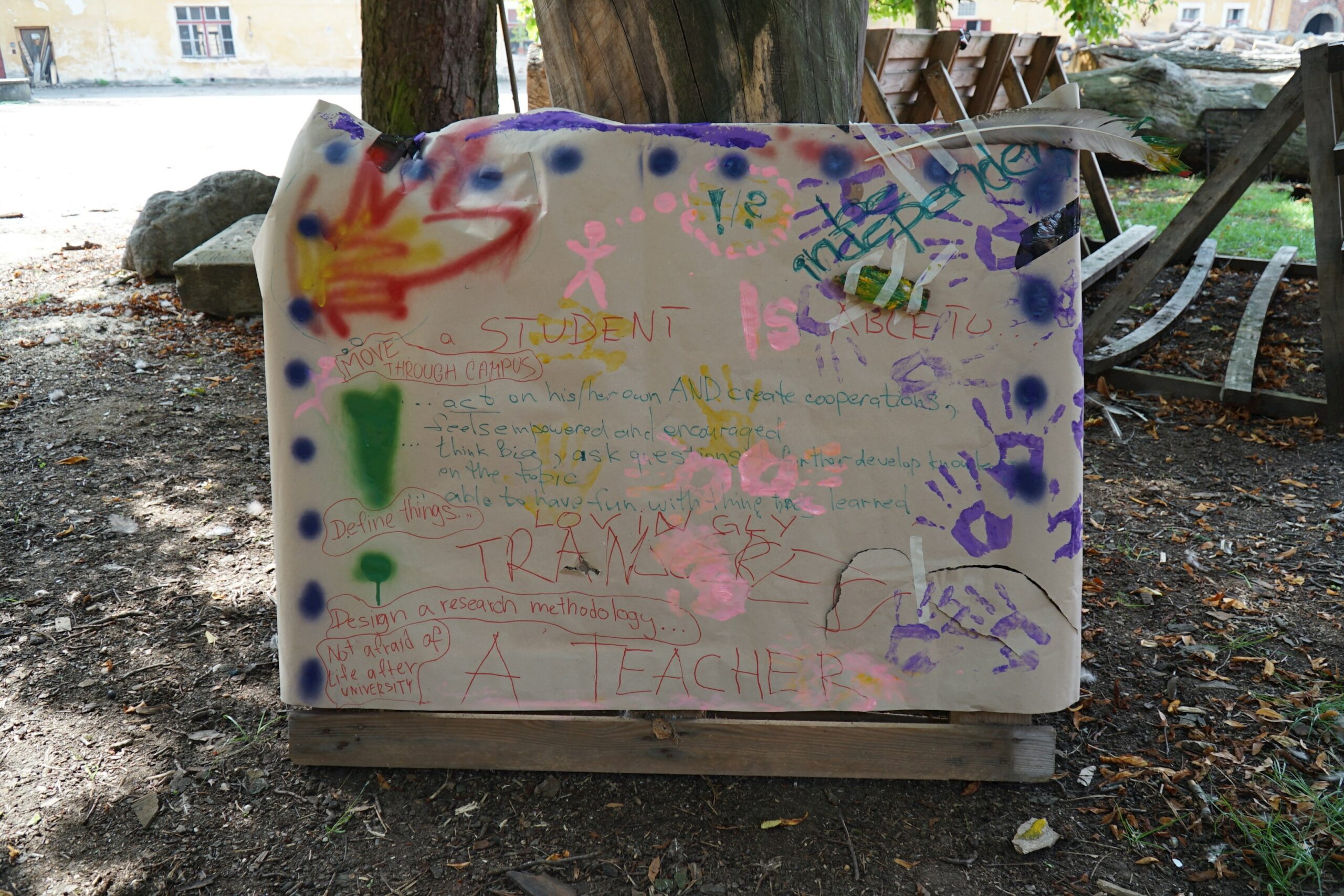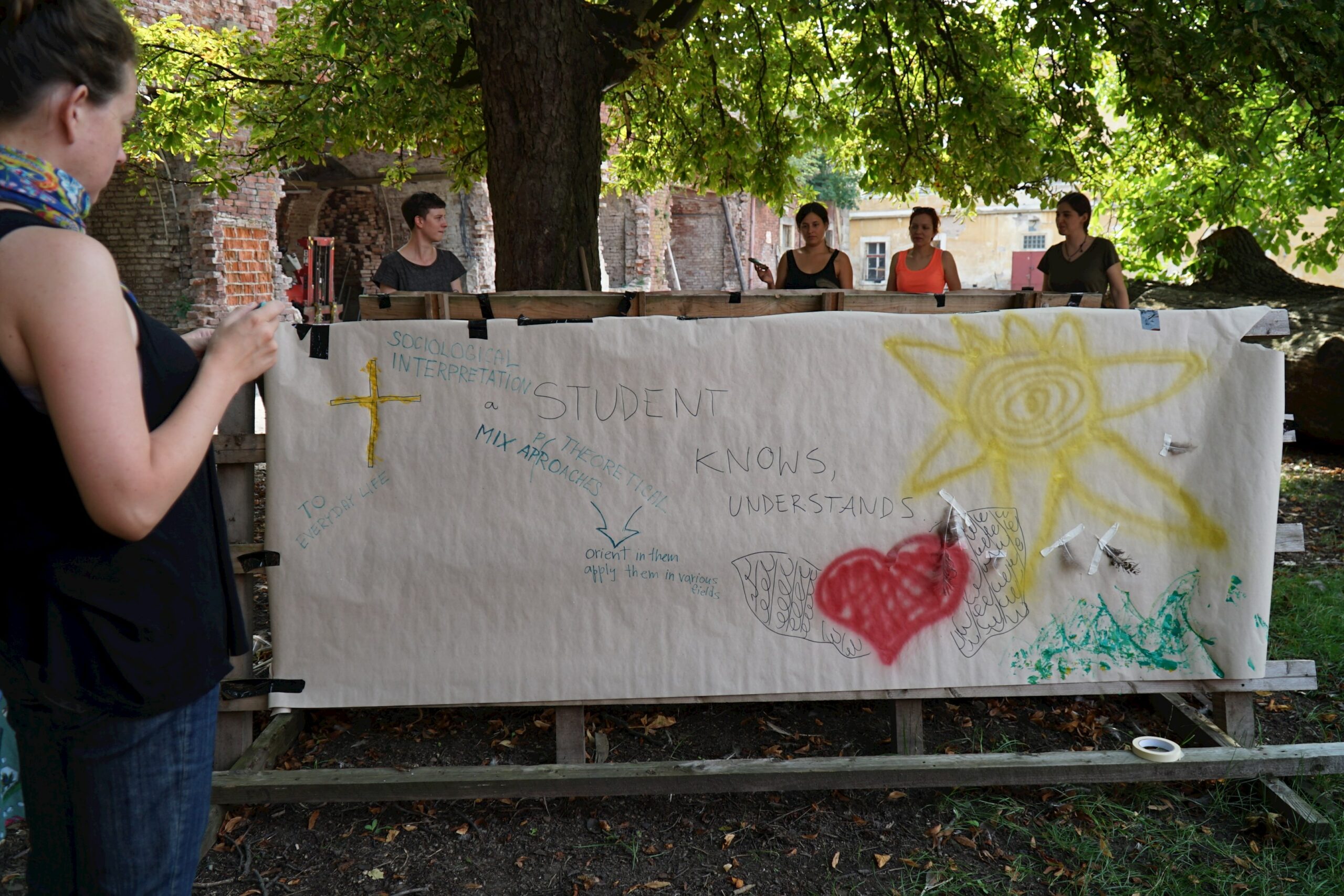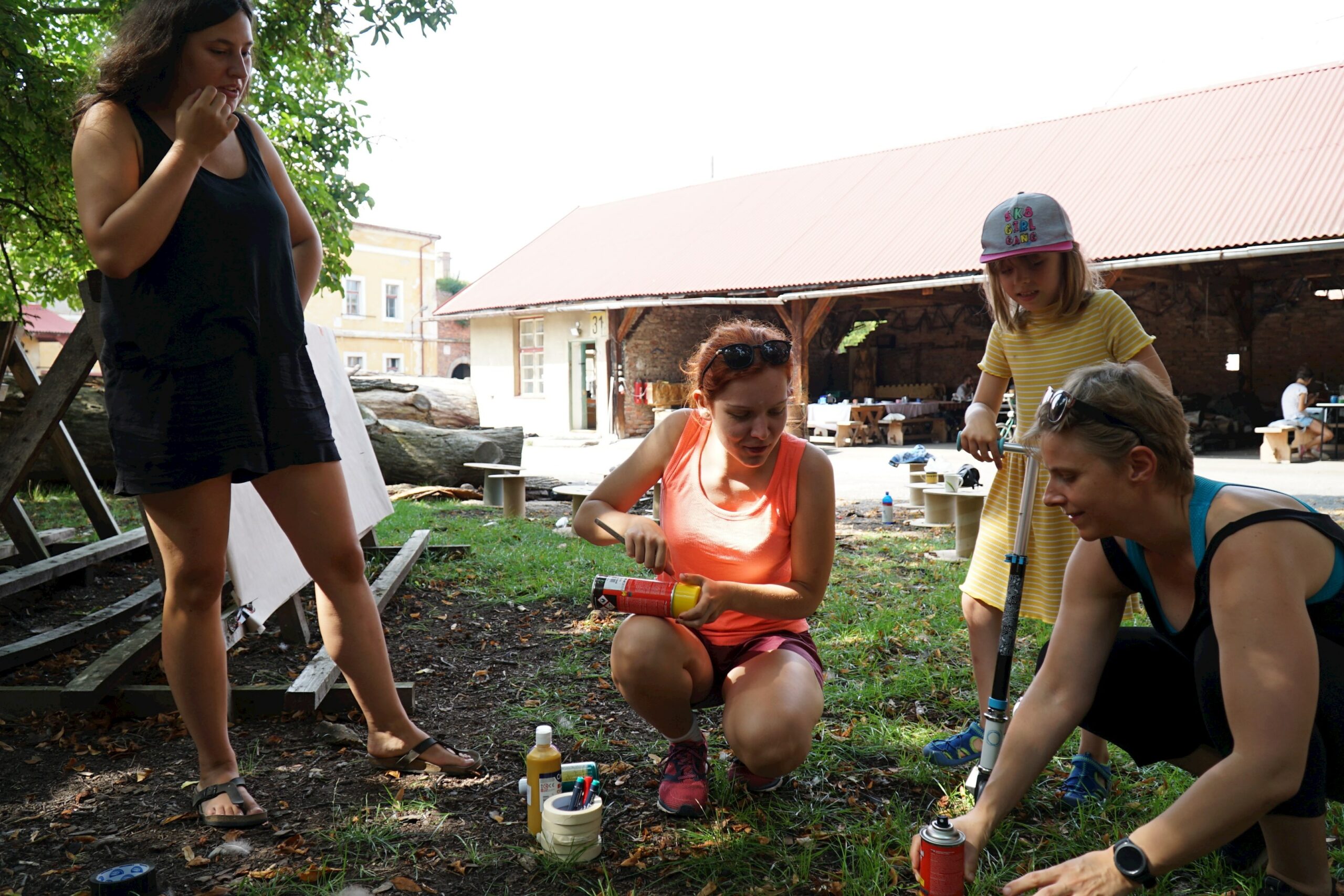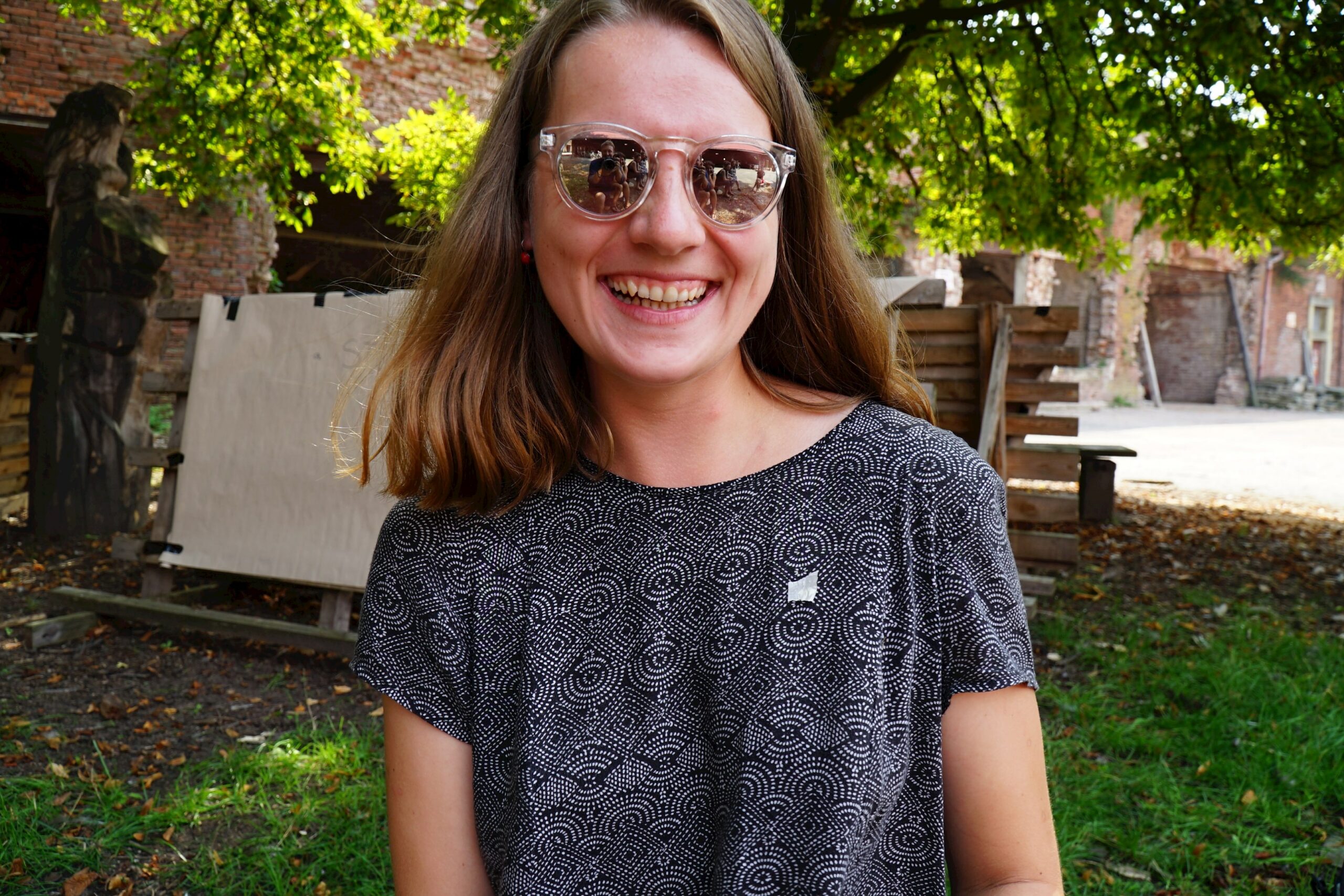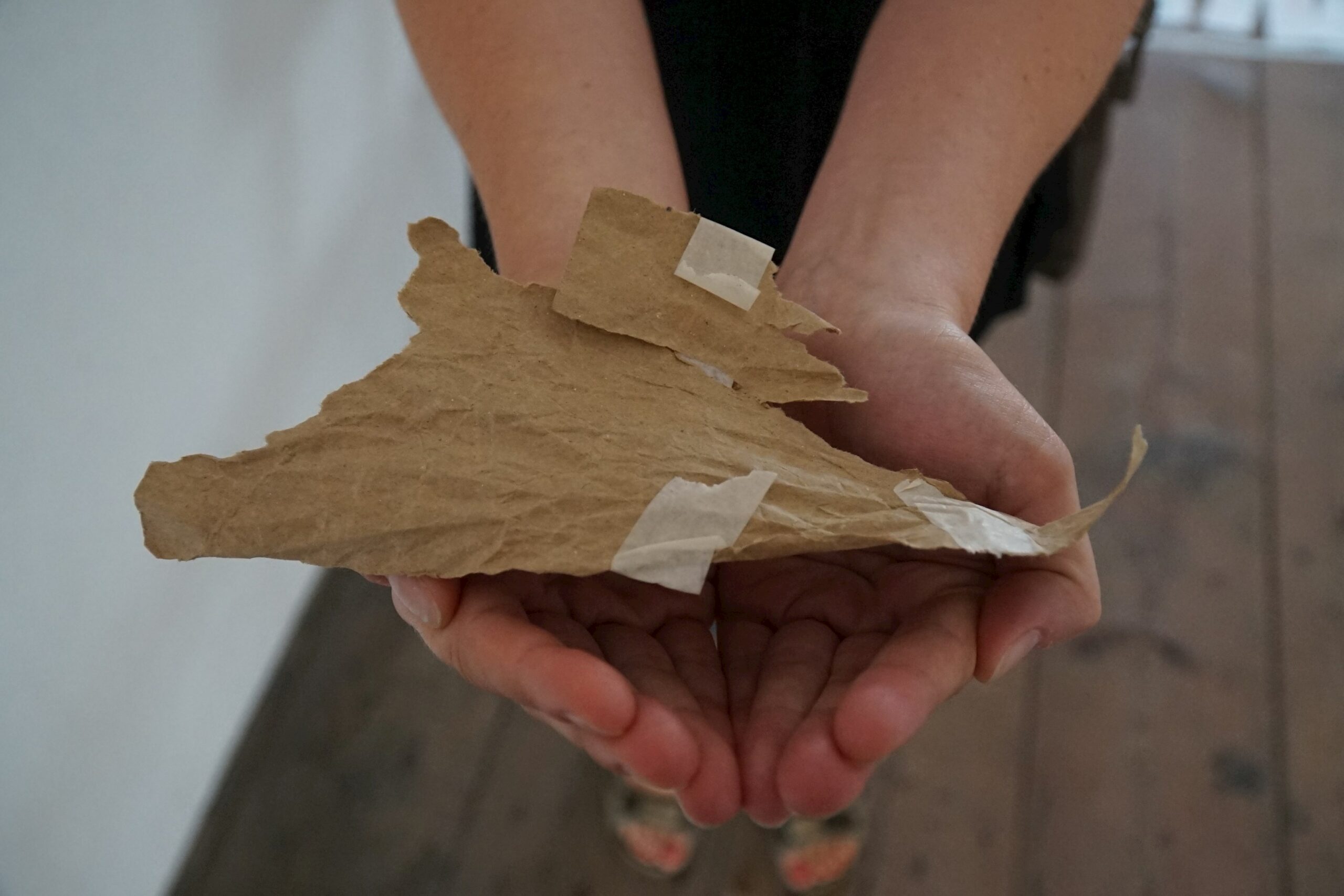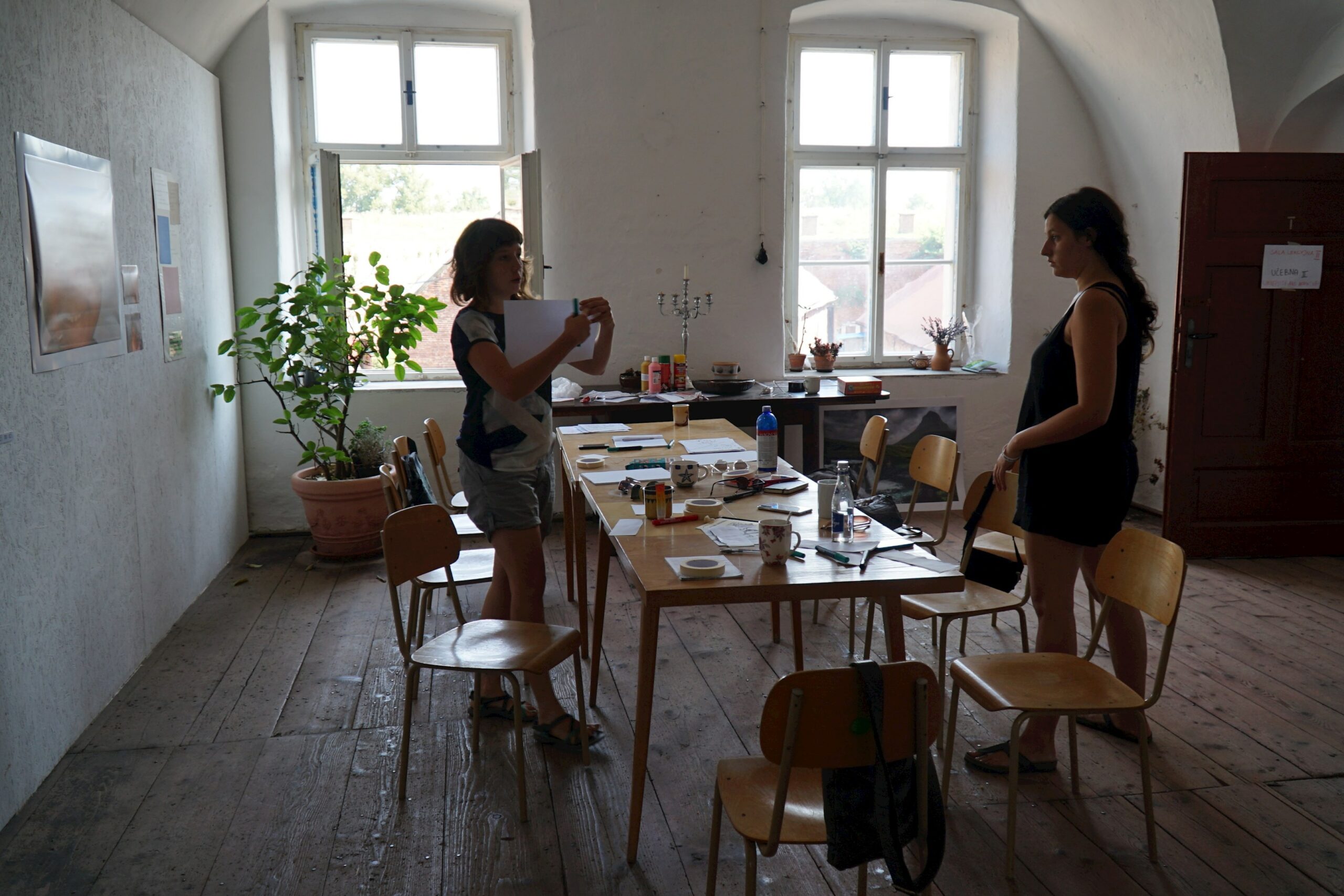Main topic: „What does university mean today?“
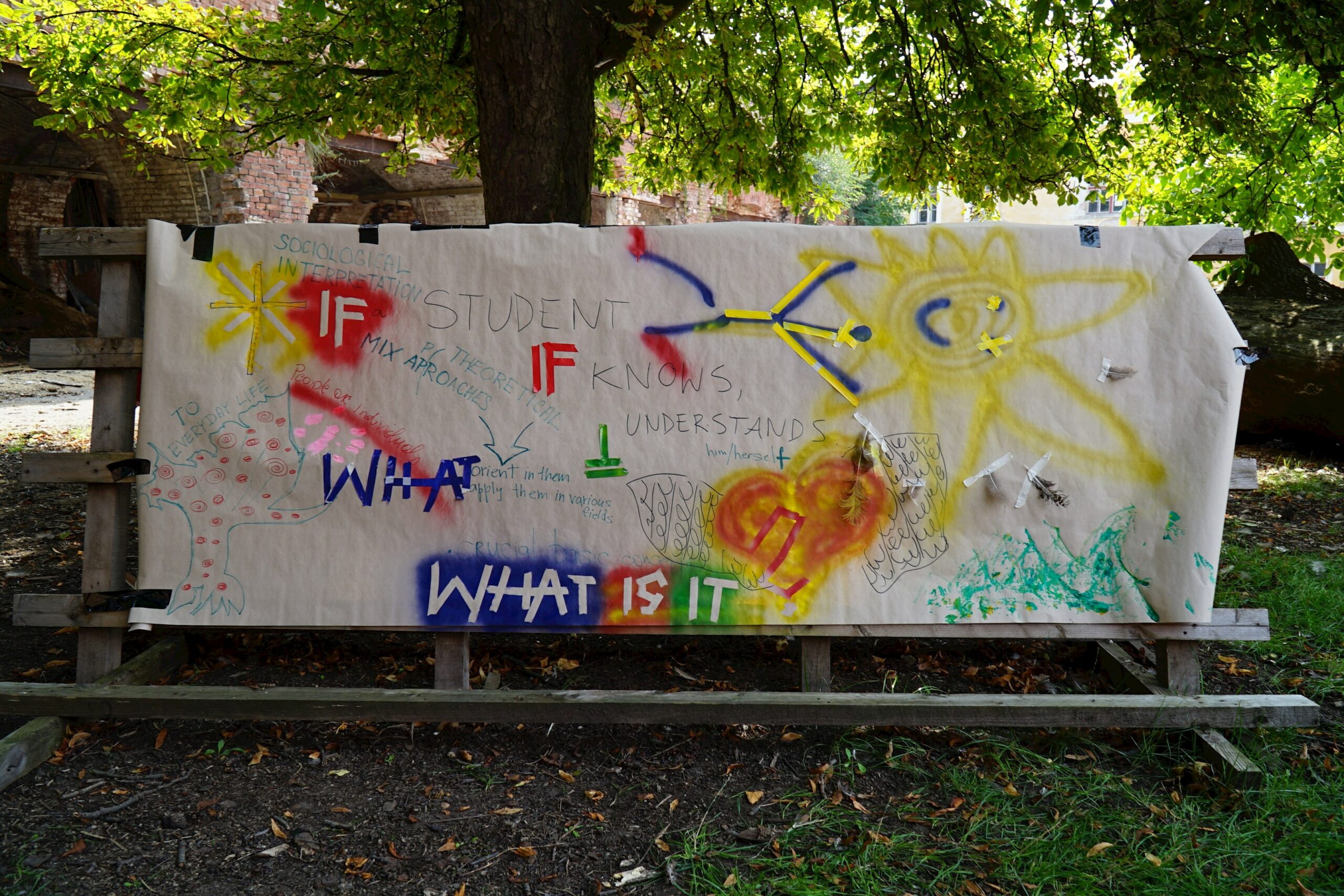
The international postdisciplinary workshop, or temporary University of Josefov is focused on relations between diverse practices in field of aesthetics, politics, performance and public space. Striving for joining discontinuous, we organize this year´s meeting around the question what does university mean today, especially in relation to Climate upheaval? Following this perspective, we are going to try how can we experiment with university as a medium of politics, aesthetics and education.
The workshop is organised by the Department of Theatre Studies, Faculty of Arts, Masaryk University in Brno in partnership with the Department of Theatre and Film Studies, Faculty of Arts, Palacký University Olomouc and Institute of Polish Culture, Faculty of Polish Studies, University of Warsaw. It will take place in Jaroměř-Josefov, East Bohemia, from 25th August to 31st August 2019.
During six days we will critically examine paradigms on which contemporary university is based on. We will focus on the questions such as:
- What is university today, and how it can contribute to the future?
- How can we experiment with the university as a medium of politics, aesthetics, and education?
- How are climate changes influencing and transforming university, as an institution, as well as an idea? How should University act in those circumstances?
We will be working in two workshop groups lead by teams of excellent scholars, performers and activists from Poland and Czech.
“Finding voices, making choices”. Universities and social change by Linda Kovářová and Joanna Kubicka will focus on the role of the university in social context and possible fields of its social engagements.
University and normativity by Dorota Ogrodzka and Dorota Sosnowska will be a combination of action and reflection, diagnosis and prototyping, critical analysis and creative fantasy, for which the concept of norm and normativity will be the starting point.
Those workshops will be accompanied by collective activities concerning the question of Climate change, ecology and the role of university in facing the global crisis, such as: performative walks through Birds Reserve, films screenings, seminars, making eco-zines etc.
All our activities will take place in former fortress Josefov which will serve us a starting point and laboratory for our work.
Seminars
Universities and Social Change
“Finding voices, making choices”. Universities and social change
Joanna Kubicka
holds a Ph.D. in cultural studies. Her academic interests focus on social and cultural history of the 19th and 20th century, but she is also involved in practical training in culture animation and community development. As an expert and trainer, she supports cultural institutions and non-governmental organizations and she is involved in several training programs for cultural animators. She is a member of the Section of History of Culture and Culture Animation Unit. She coordinated various international projects devoted to cultural animation and community development (Localise. Study trip as a model of research, education and practice in vocational training in culture animation and community work and Residency. Developing a model of arts residency is applied civic engagement funded by the European Commission). In 2009-2014, she was responsible for international mobility in the Institute of Polish Culture. Her current teaching focuses on critical approach towards cultural institutions and social participation. Since 2007, she is the Head of the association „Katedra Kultury”. Co-editor of Creative Communities. Field notes (2013) and the anthology Kulturologia Polska XIX wieku (2013).
Linda Kovářová
Linda studied history and social and cultural anthropology. She studied and underwent her first research at Charles University, University of Bologna, Waseda University and University of Catania.
She gained experience in interdisciplinary applied research and projects focused on cultural identities, heritage issues and community led regional development.
Currently, as a member of the anthropological studio Anthropictures she promotes practical implementation of concepts of community coordination and interdisciplinary approaches in the context of the development of periphery regions in the Czech Republic.
Workshop will focus on the role of the university in social context and possible fields of its social engagements. We will look at the idea of the university and its resources – those that are often reserved for the academic community, and which could be used to empower local communities, city dwellers, selected social groups.
The aim of the workshop will be to reflect on how university can be involved in public participation using tools and methods of cultural animation and how experts can be facilitators of social changes, and not just system collaborators. We will practice civic participation by reflect on theory, but primarily by creating the laboratory of forms and methods for sharing knowledge and strenghtening communities – using the example of Josefov.
We are going to learn the process of involving communities and about the ways and techniques how this could be initiatied in a practical setting. The title of the workshop is taken from the book published in 2004 (ed. Glenn Buglass, Mark Webster) about role of art and creativity in social change. We would like to extend this reflection to the field of universities’ social engagement by developing own projects concerning public space of Josefov and drafting public participation model for local community of Josefov.
University and Normativity
Dorota Sosnowska
Assistant Professor in the Section for Theatre and Performance; cultural theorist interested in theatre and performance. Between 2011 and 2013 she participated in the project ECLAP (European Collected Library of Artistic Performance), between 2006 and 2008 she was a member of Culture Animation specialization team. Her dissertation reflected on the history of Polish theatre in the 20th century, espeially between 1945 and 1989. Currently, her academic work is devoted to issues of source, archive, documentation and media in theatre and performance studies.
She is the author of the book Królowe PRL. Sceniczne wizerunki Ireny Eichlerówny, Niny Andrycz i Elżbiety Barszczewskiej jako modele kobiecości [The Queens of the People’s Republic of Poland. The Theatre Roles of Irena Eichlerówna, Nina Andrycz and Elżbieta Barszczewska as Models of Femininity](2014). She edited books about contemporary art: the Polish edition of Sarah Thornton’s Seven days in the Art World (2011), Stanisław Dróżdż’s Between (2011), The Edge of It (2014).
Since 2012 she is a member of the research project „Creation and Analysis of Sources in Performance Arts”.
She is the vice President of Propaganda foundation.
Dorota Ogrodzka
artist working with communities, theatre director, researcher, theater pedagogue. Chairwomen of the Association of Theater Pedagogues,(www.pedagodzyteatru.org) with whom she created and runs LUB / LAB – an independent space for experiments and performative and educational activities in the Praga district of Warsaw. She designs and implements theatre, performative and interdisciplinary workshops, creative processes, artistic actions, performances. She is particularly interested in combining theory and practice, developing and testing new forms of dramaturgy of democracy, organizing experiments in exploring the possibilities of broadening the political dimension of art and discovering forms of participation and involvement of various social groups in artistic processes. As a researcher and curator, she focuses on research in the etnoanimation approach and research in action. She is the founder and director of the Theatre and Social Laboratory(LTS) – an artistic collective that works at the interface between activism and performing arts. As a trainer she supports creative teams and local leaders of social activities. It co-organizes the Slot Art Festival – the space of alternative education and participative arts (www.slot.art.pl) .
She completed doctoral studies at the Institute of Polish Culture at the University of Warsaw, she has been working with students for 11 years. She writes and publishes: on contemporary theater, education, public space, art and politics. In 2011-2015 she worked at the Polski Theater in Bydgoszcz. Currently, she cooperates with many theaters in Poland and abroad and with non-government organizations f.e. Krytyka Polityczna, Towarzystwo Inicjatyw Tworczych ę, European Cultural Foundation, Zemos98.
The workshop will be a combination of action and reflection, diagnosis and prototyping, critical analysis and creative fantasy.
The figure of the university and – more broadly – the field of education with accompanying phantasms and issues, among which the concept of norm and normativity is at the forefront – will be the starting point.
We will invite participants to work, whose canvas will be experimental performative actions. Exercises on the imagination, dramaturgical tasks, actions involving the body, space, voice, group energy, will be a material for joint analytical work and further discussion. During the workshop, an important category will be “an experience” – both those recalled by the participants, as well as those jointly created and experienced in the workshop group. They will allow reflection and conversation, and in the further part of the workshop will serve as a starting point for designing of alternative scenarios of the university’s reality and alternatives categories to the concept of the normativity.
Special Events
Studio Without Master – Wandering
Wandering is a performative walk where we will all together focus and continue with ongoing debate about climate crisis.
Considering its large and scary complexity we are not able to understand it as a whole. But let’s try to localize it and find where it hits us most on personal level. We will create a space for collective perception and embodiment of changing living conditions of humans and non-humans. Through this slowly night where informal exercising or wandering around will be held, we could try to give the paralysing aspects of our fear away.
We will gather inside the secure fortress and then together we will leave this safe space to experience other perspectives
Studio Without Master was established as a student’s initiative focused on art education with emphasis on non-hierarchical structures and consensus-based decision-making. Our structure has changed after we finished our studies and we settled as a smaller group of a few graduates of various art disciplines. We meet to share each one’s specific knowledge and to discover and problematise possible methods of its reception and production. We consider (self) care as one of the most influential knowledge to practice and share.
Černík and Volfová: War and peace – convivial seminar
Today’s capitalist economy has been intertwined with dependence on fossil energy sources from the outset. The energy infrastructure was created together with the institutions of the nation state, co-shaping the way of production and organization of work on a global scale. Cultural lock-in in the form of a military-industrial complex is evident not only in the interconnection of the method of production and the repressive apparatus, but also in the way of education. Fossil energy infrastructure is built in conflict localities (commodity frontier) through unequal power relations. Similarly, the impacts of climate change create power imbalances, impacting heavily on the socially disadvantaged, who lack the resources to deal with them. According to the Stern report, 2% of global GDP would need to be spent annually to prevent the worst impacts of climate change. At the same time, spending 2% on military spending is a commitment of NATO member states.
Climate disruption is a major security threat today, but it is also an opportunity to develop resilient, fair, emancipatory and sustainable projects, as demonstrated by community and cooperative renewable energy projects. Even renewable energy projects or green infrastructures can accentuate or produce social injustice. In Josefov, where the physical space created by the many years of presence and history of military infrastructure across history, the question arises of how to (re) utilize or reshape specific conditions for climate-friendly forms of community life. In a non-hierarchical, post-practical and convivial seminar (we will cook and eat together) we will develop site-specific socio-technological ideas of climate justice.
Round table: Academic bodies in action
Manifestos, open letters, protests, strikes and acts of civil disobedience are only few of strategies undertaken by the representants of different social groups in order to resist deepening the climate crisis. Our discussion will be based on chosen examples of Polish and Czech manifestos and protest actions and on our own experiences. We’ll question how universities and cultural institution with its ethics of producing and sharing knowledge, building communities and creating arts should react to the global crisis. We’ll discuss the specifics of each “medium” of the protest with its advantages and restrictions, its potentials and efficacy. We’ll discuss also the ways, how our intellect and our bodies are involved and affected with the climate crisis and protest actions. We’ll talk about vulnerability of human body, about our feelings and fears. The “round table” formula is meant as horizontal space for sharing ideas, experiences and reflections, allowing each of participants to take a floor, regardless to her or his previous experiences with environmental activism. In face of global catastrophe, we’re all beginners.
